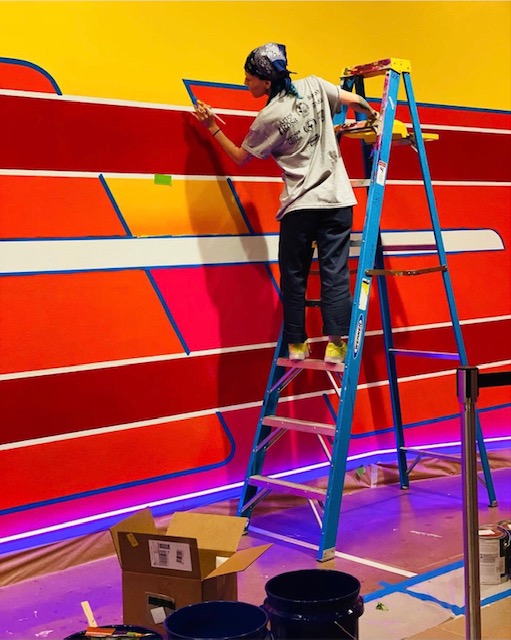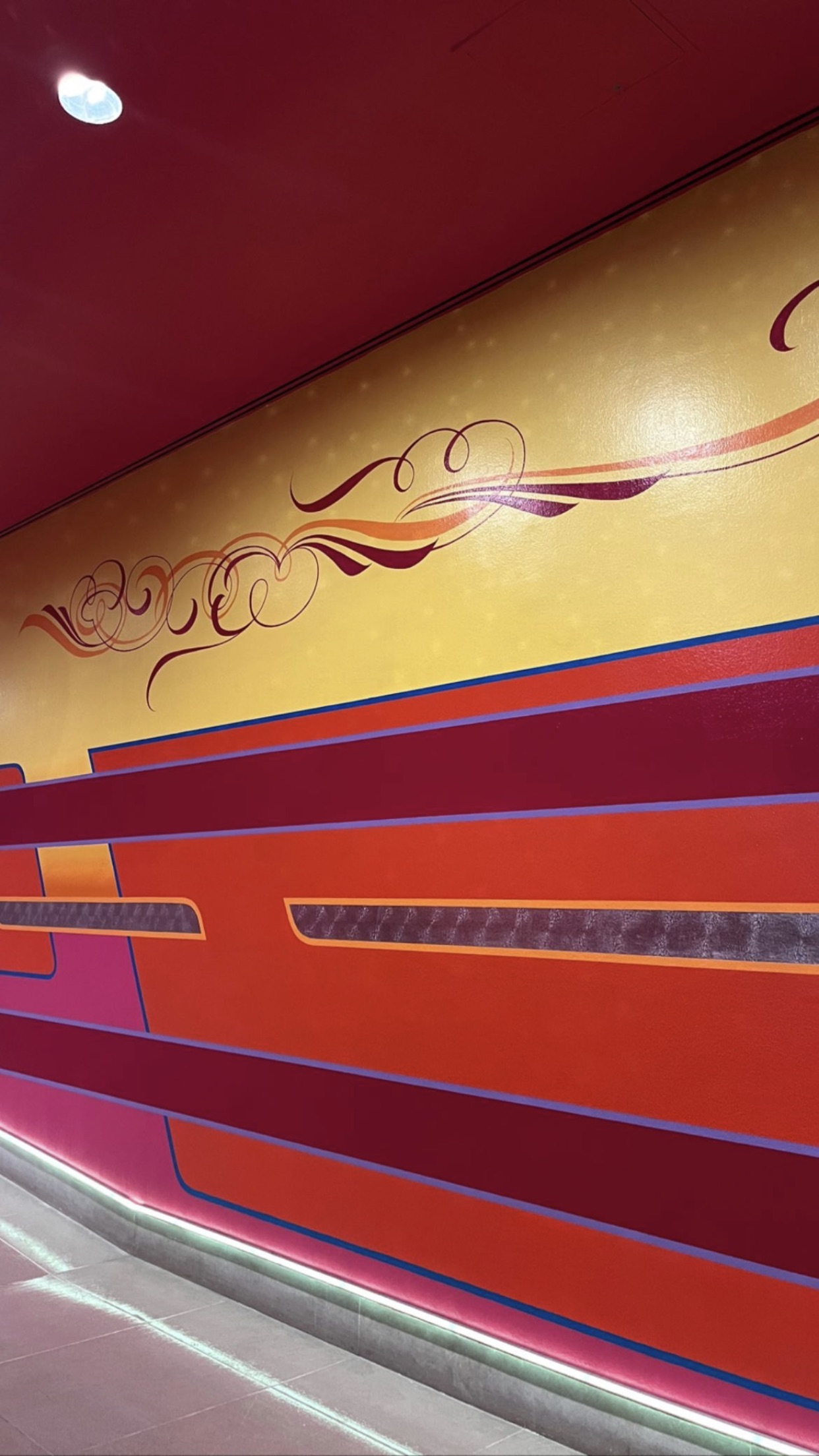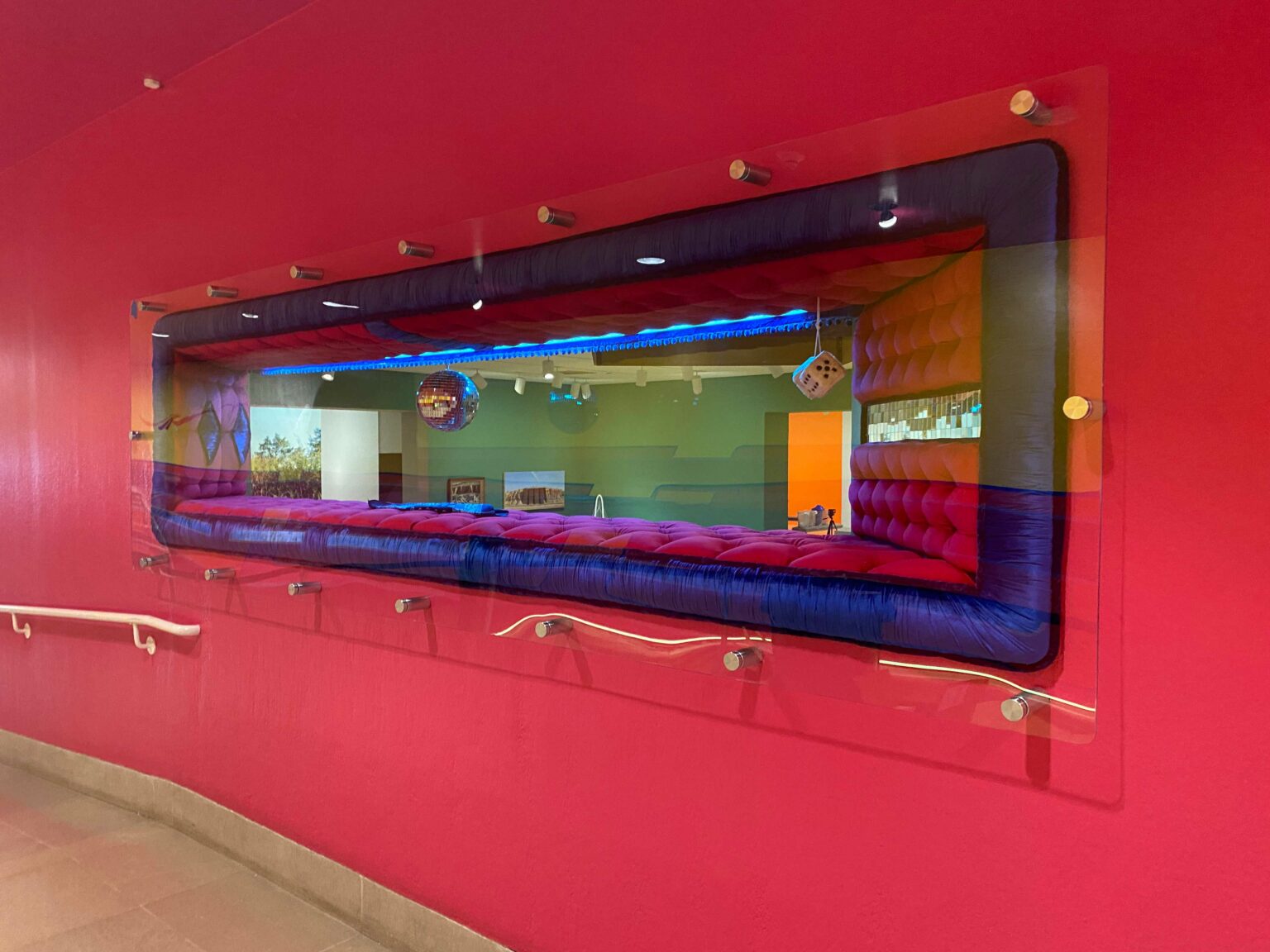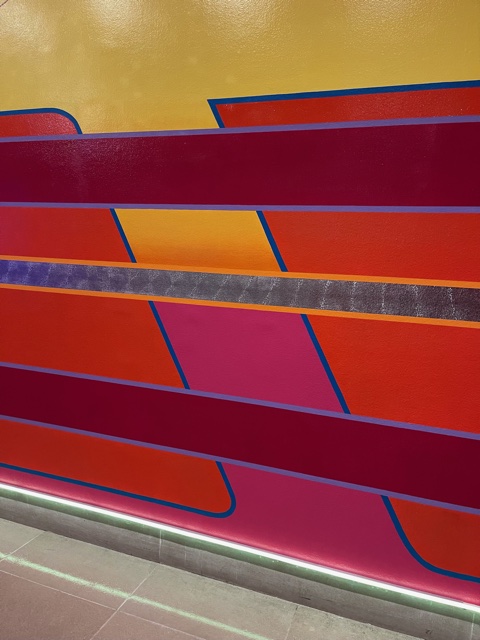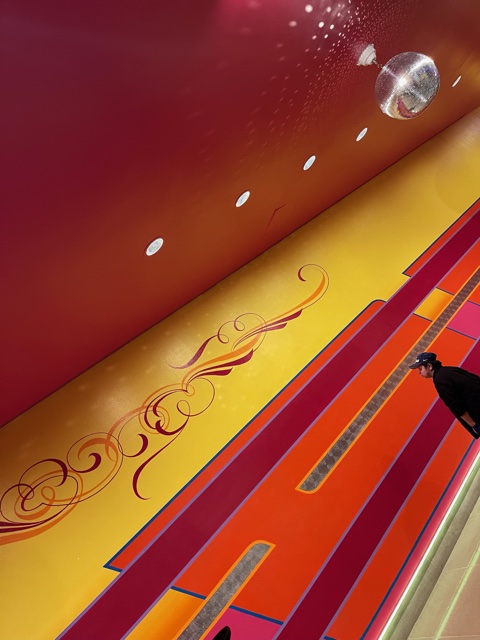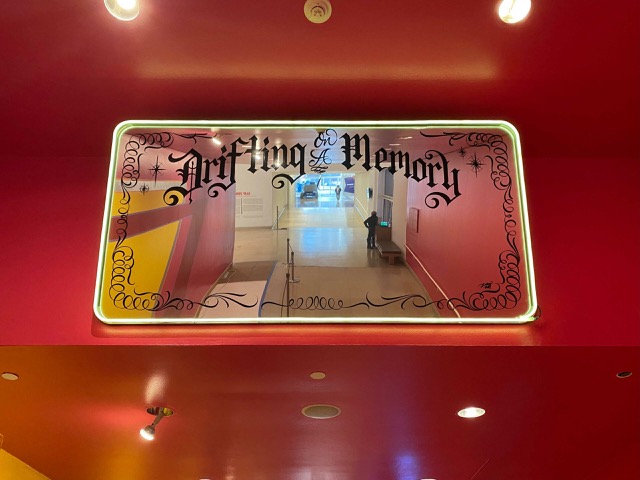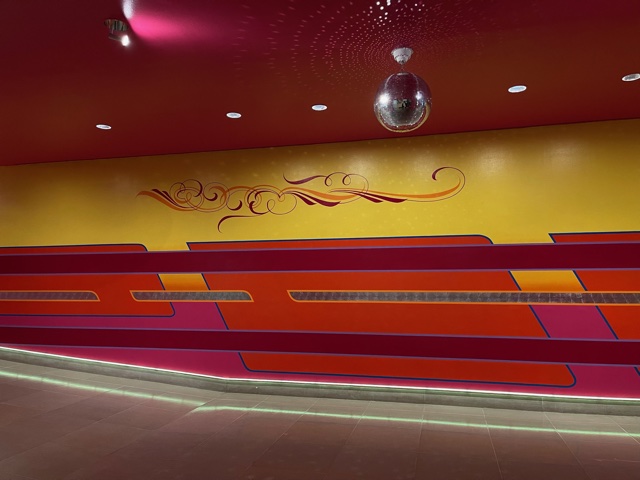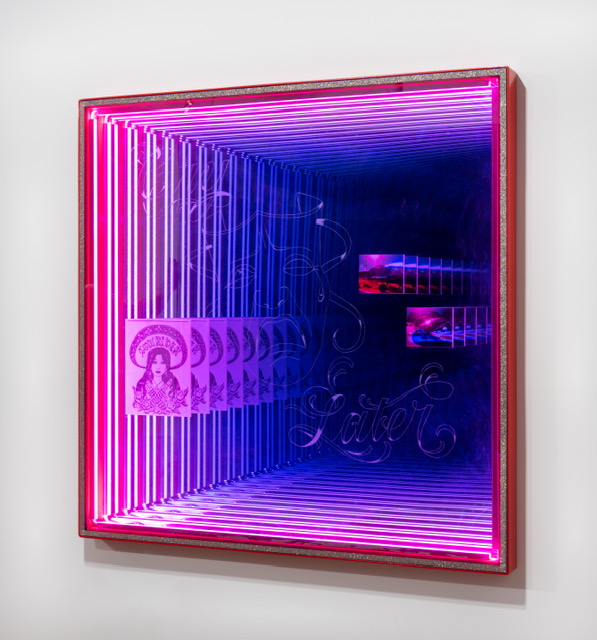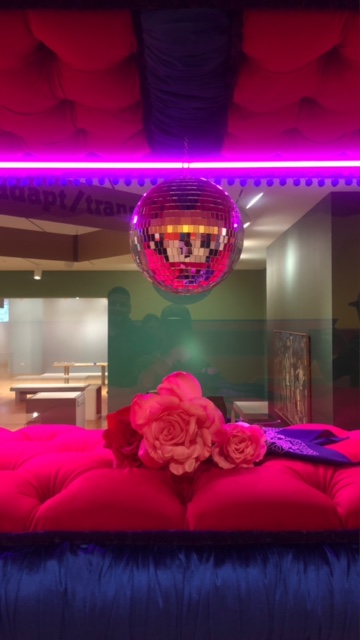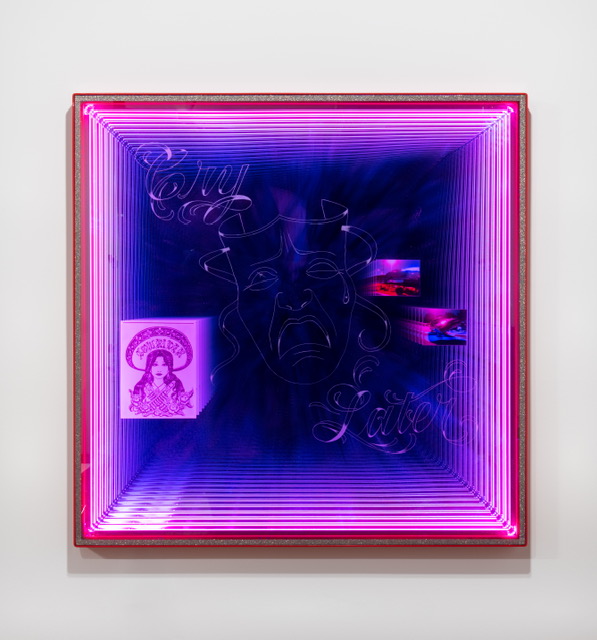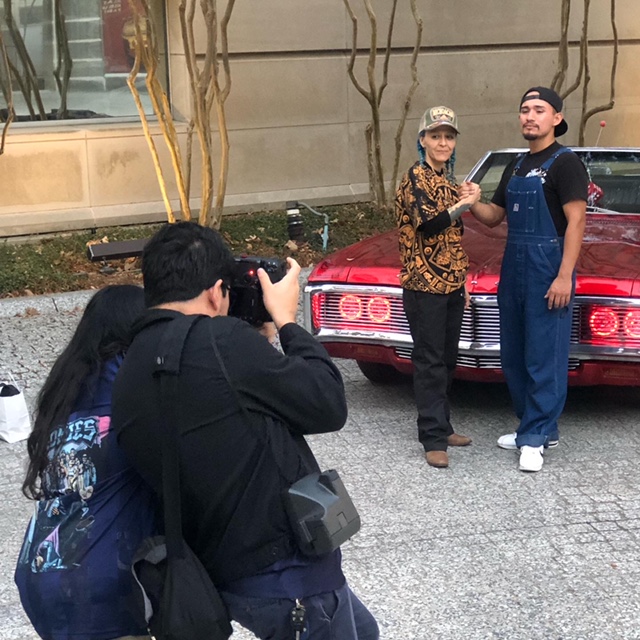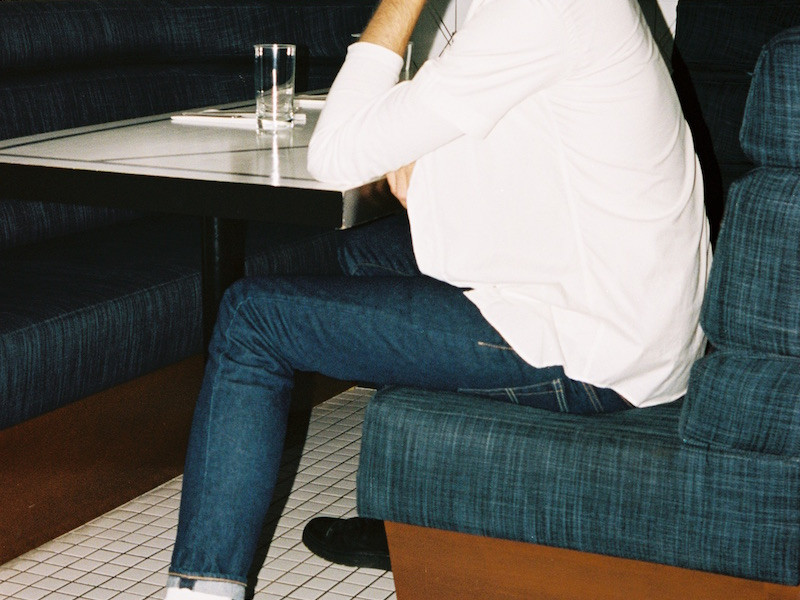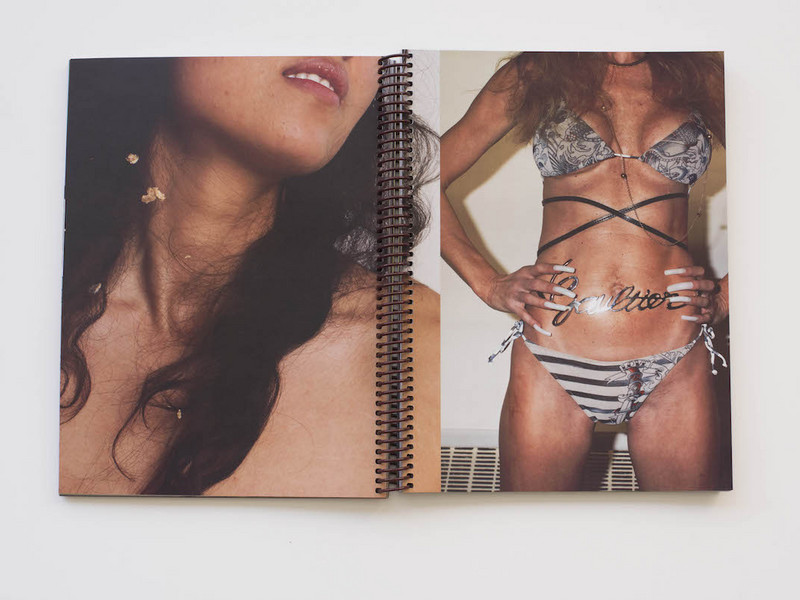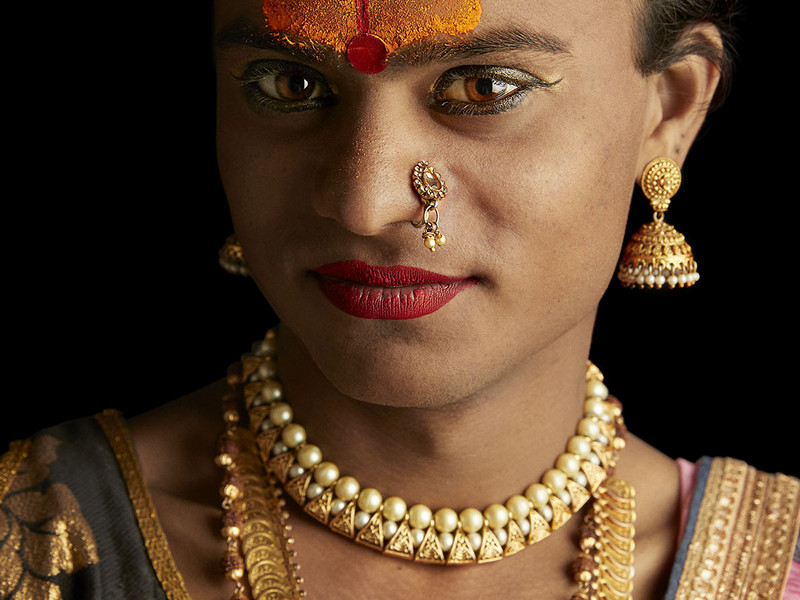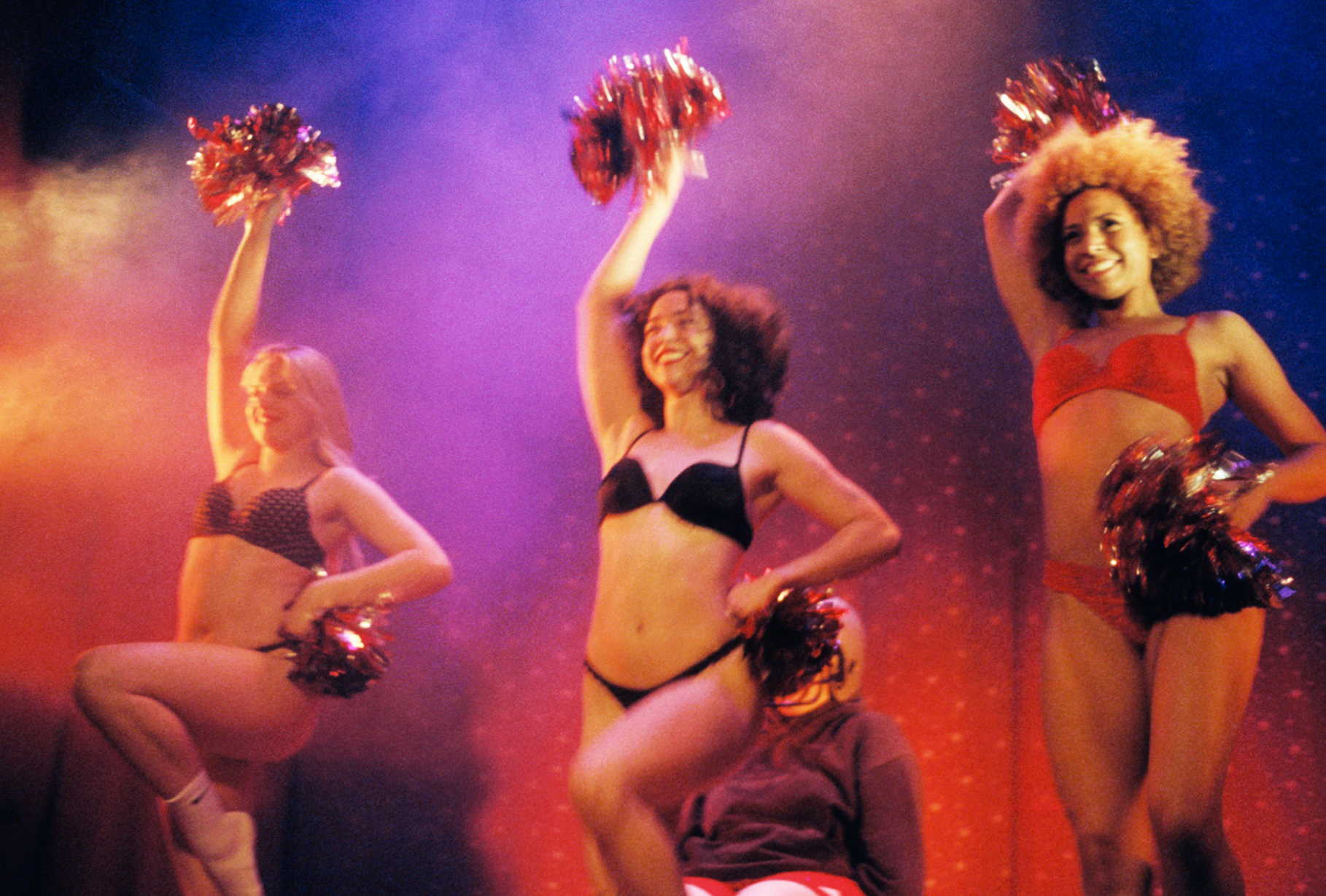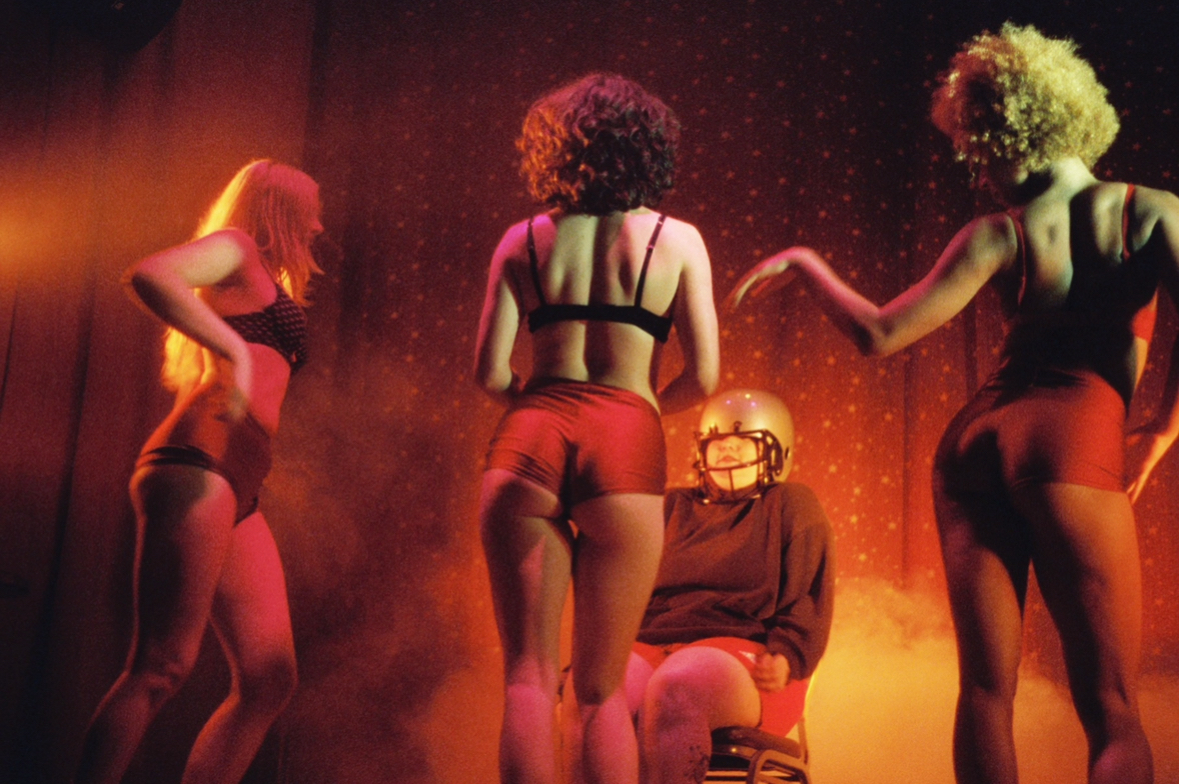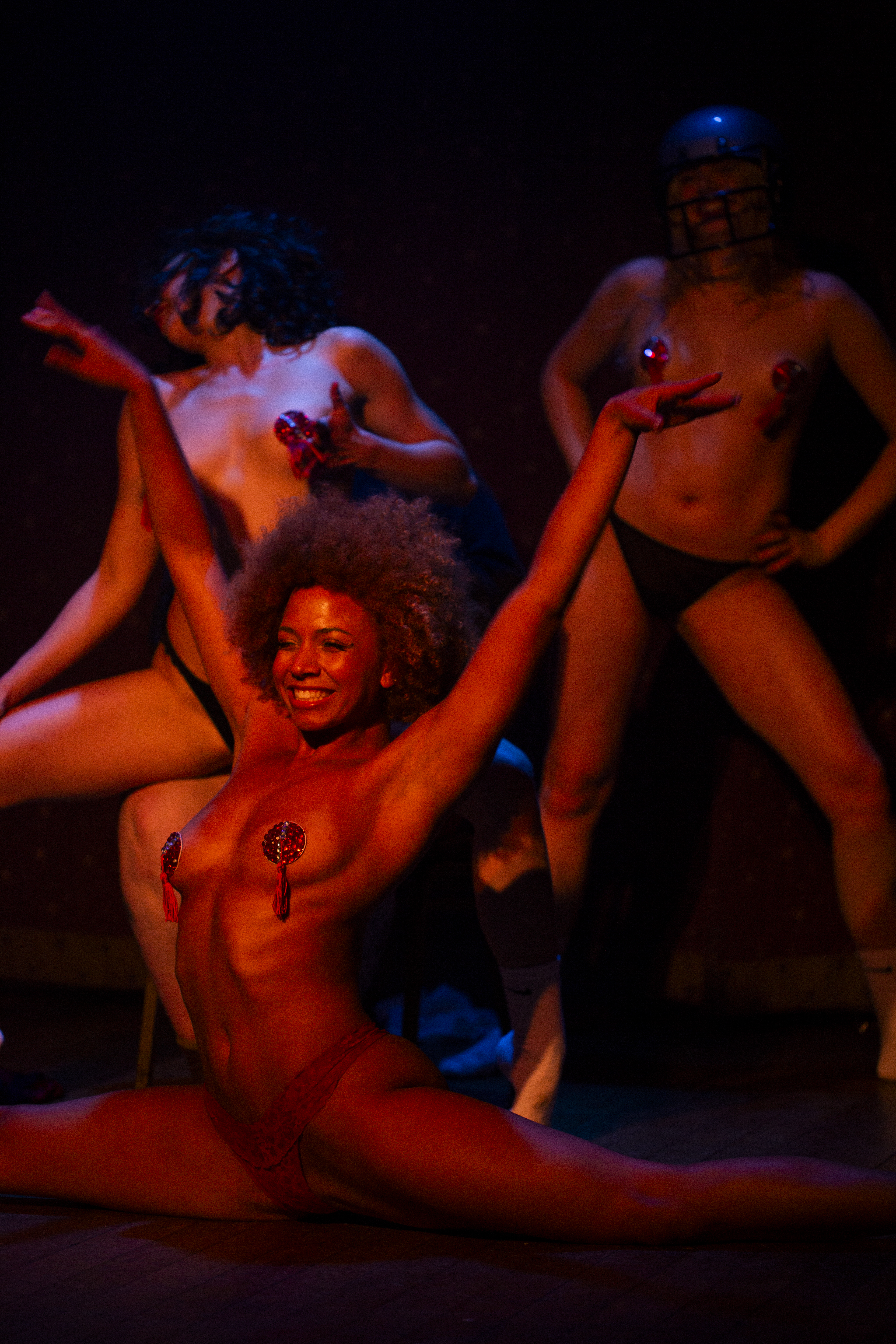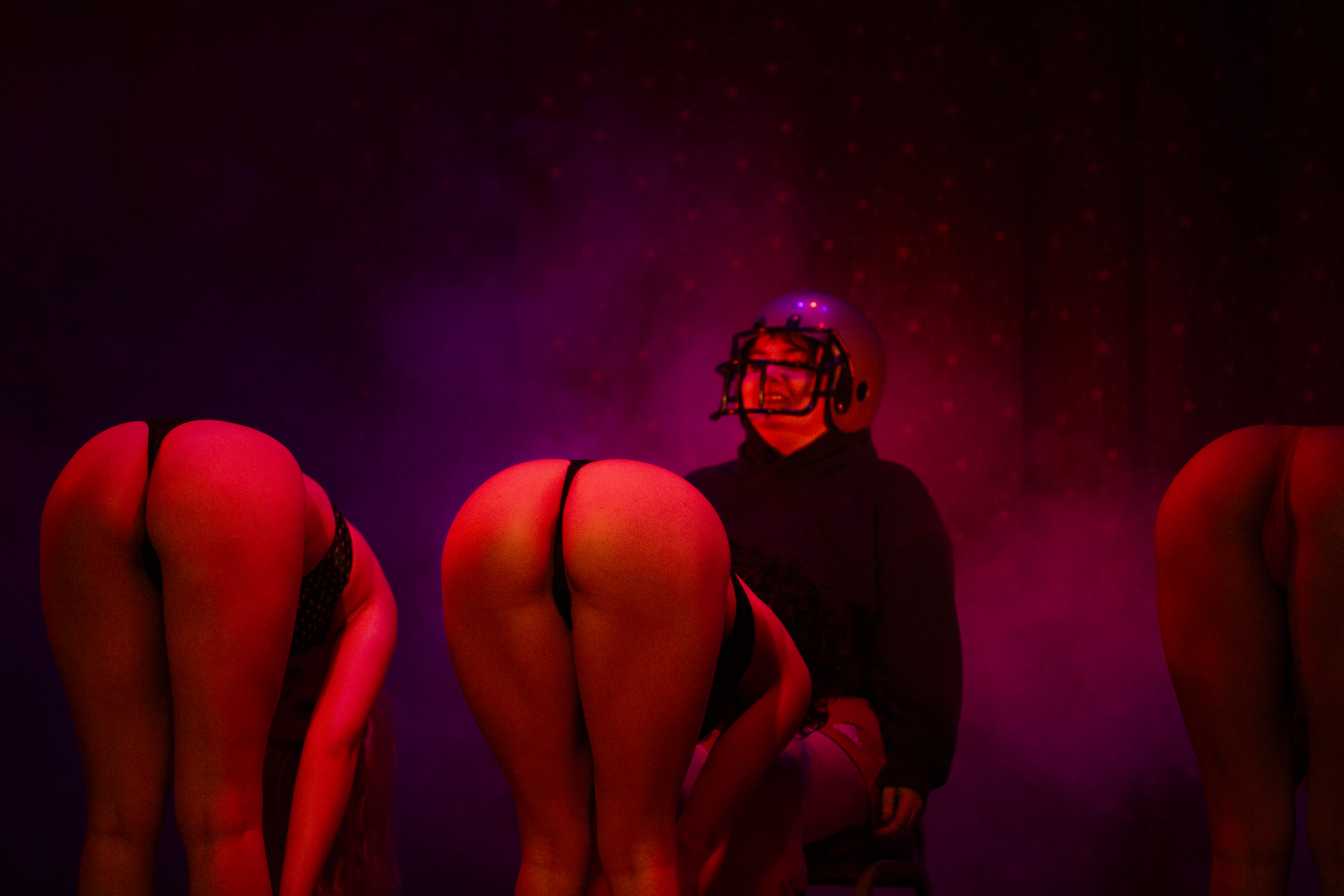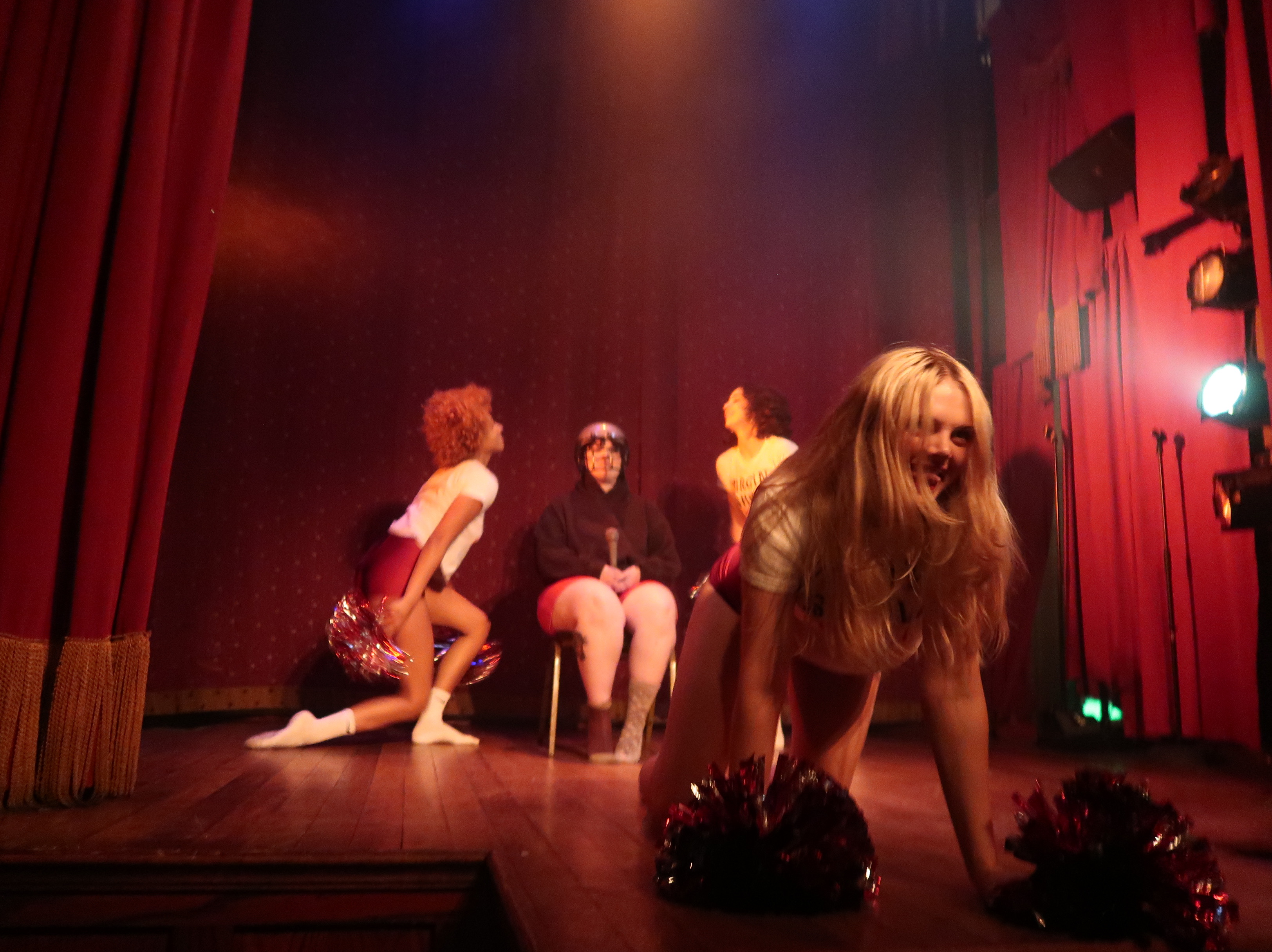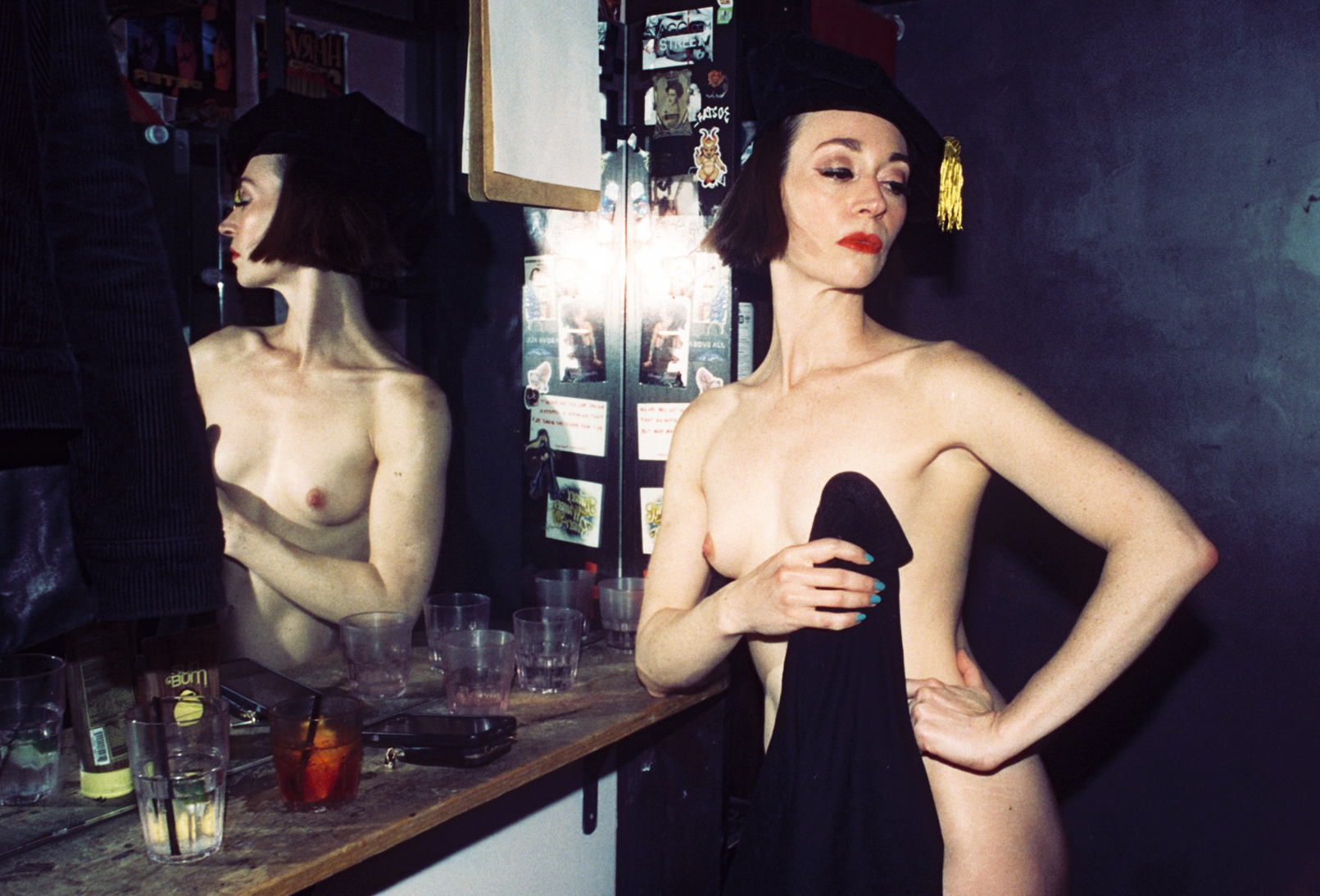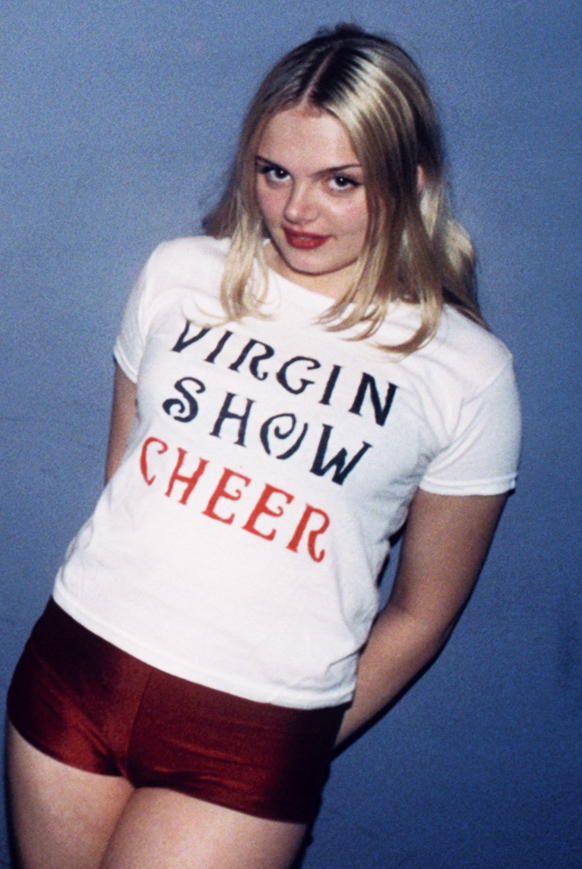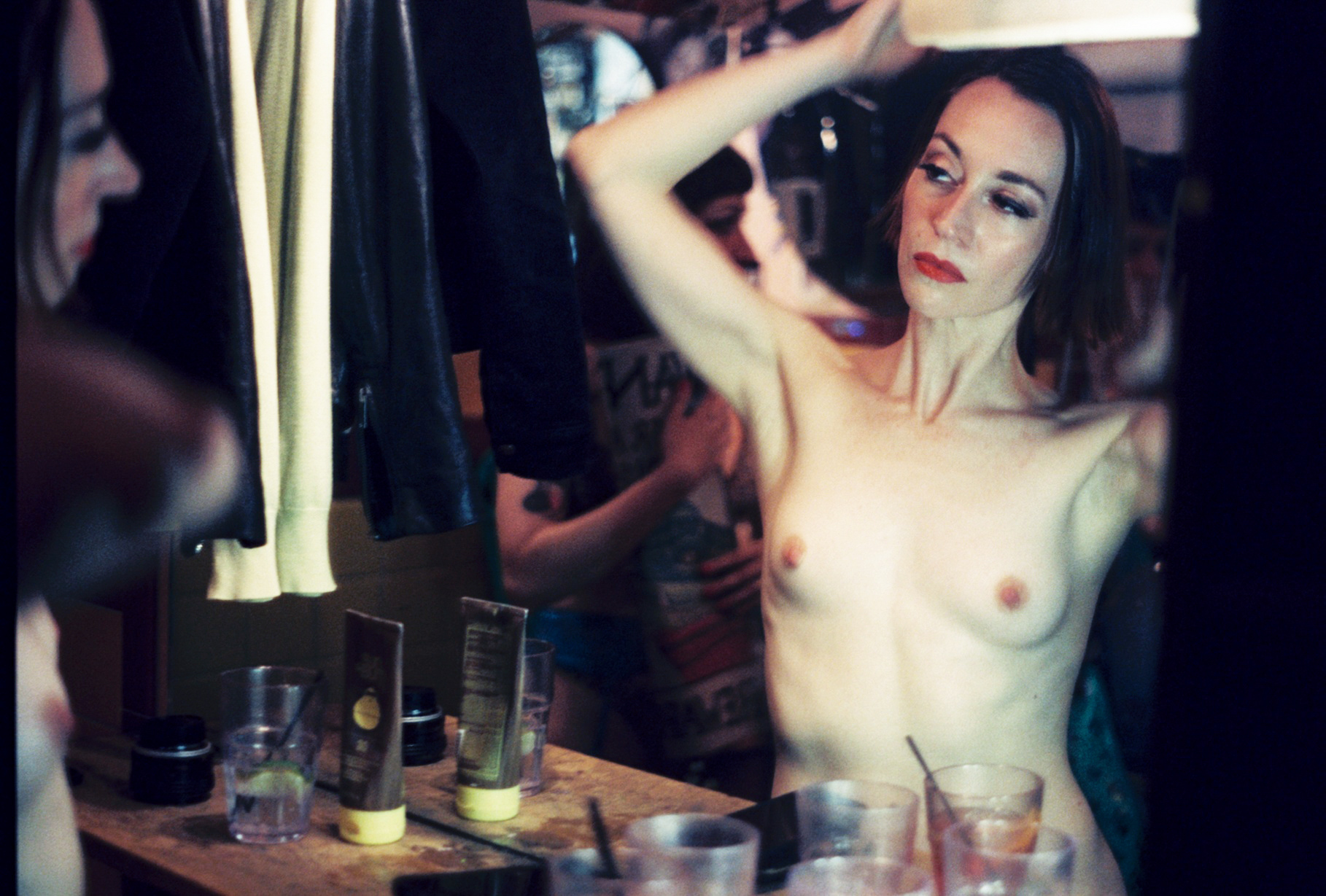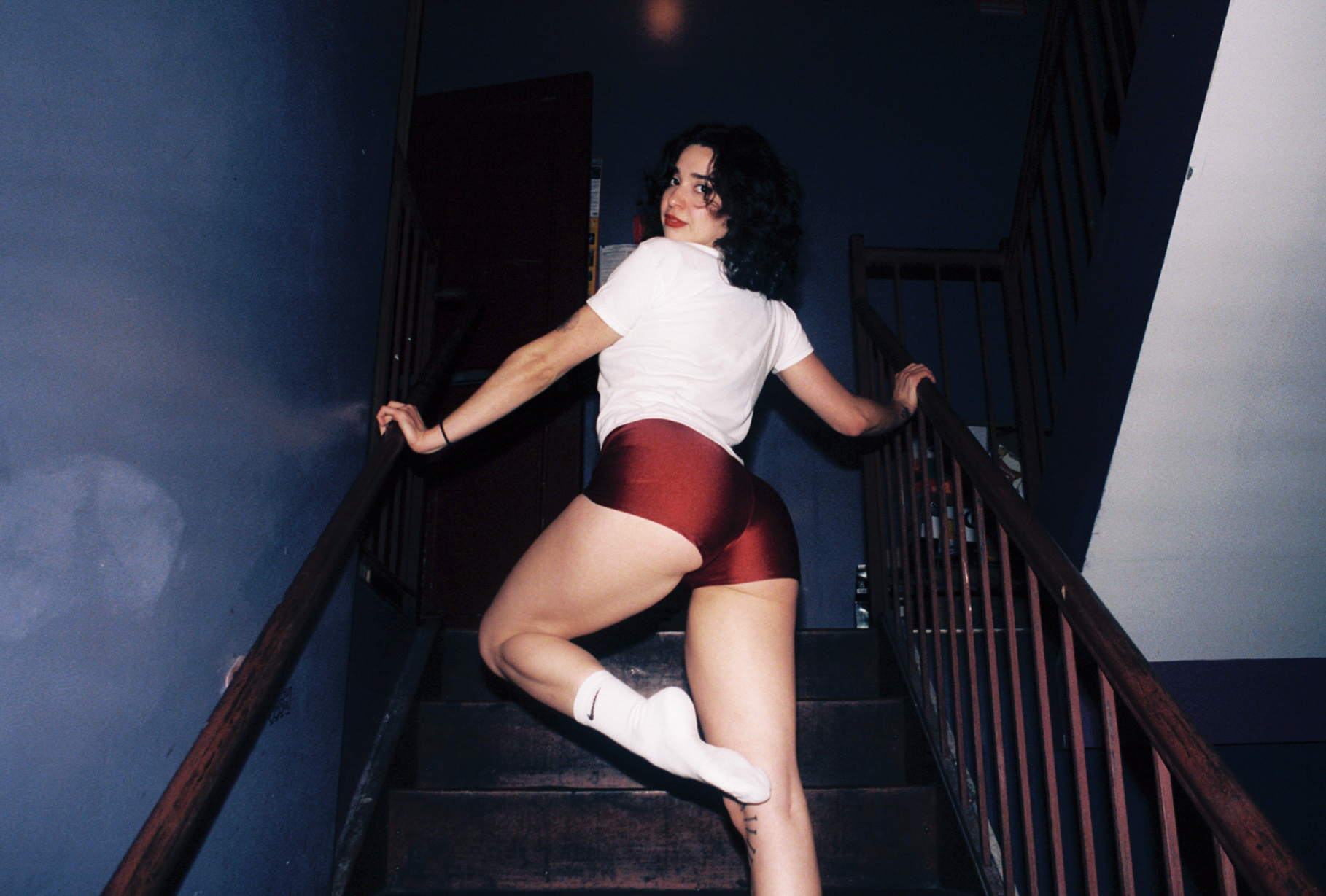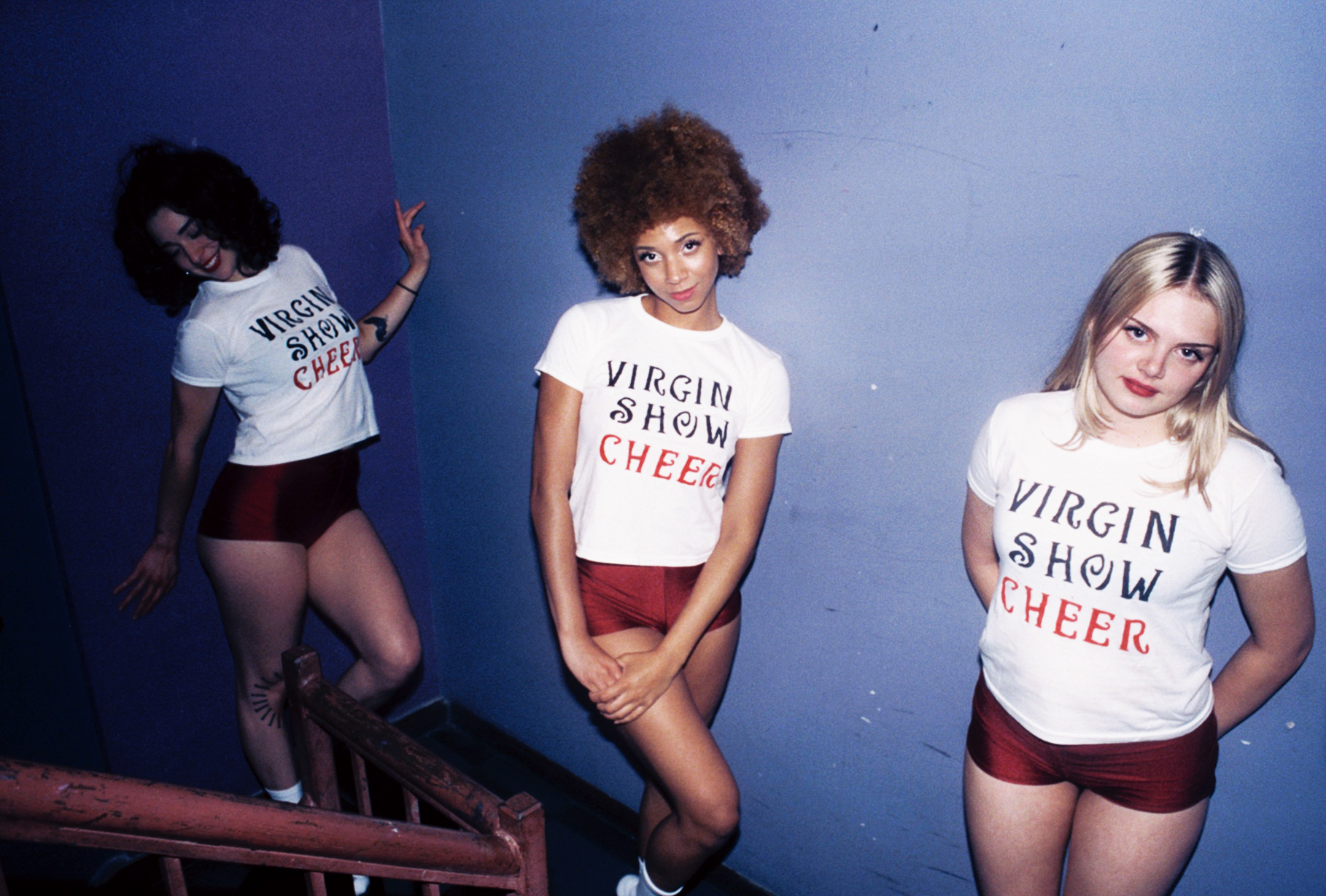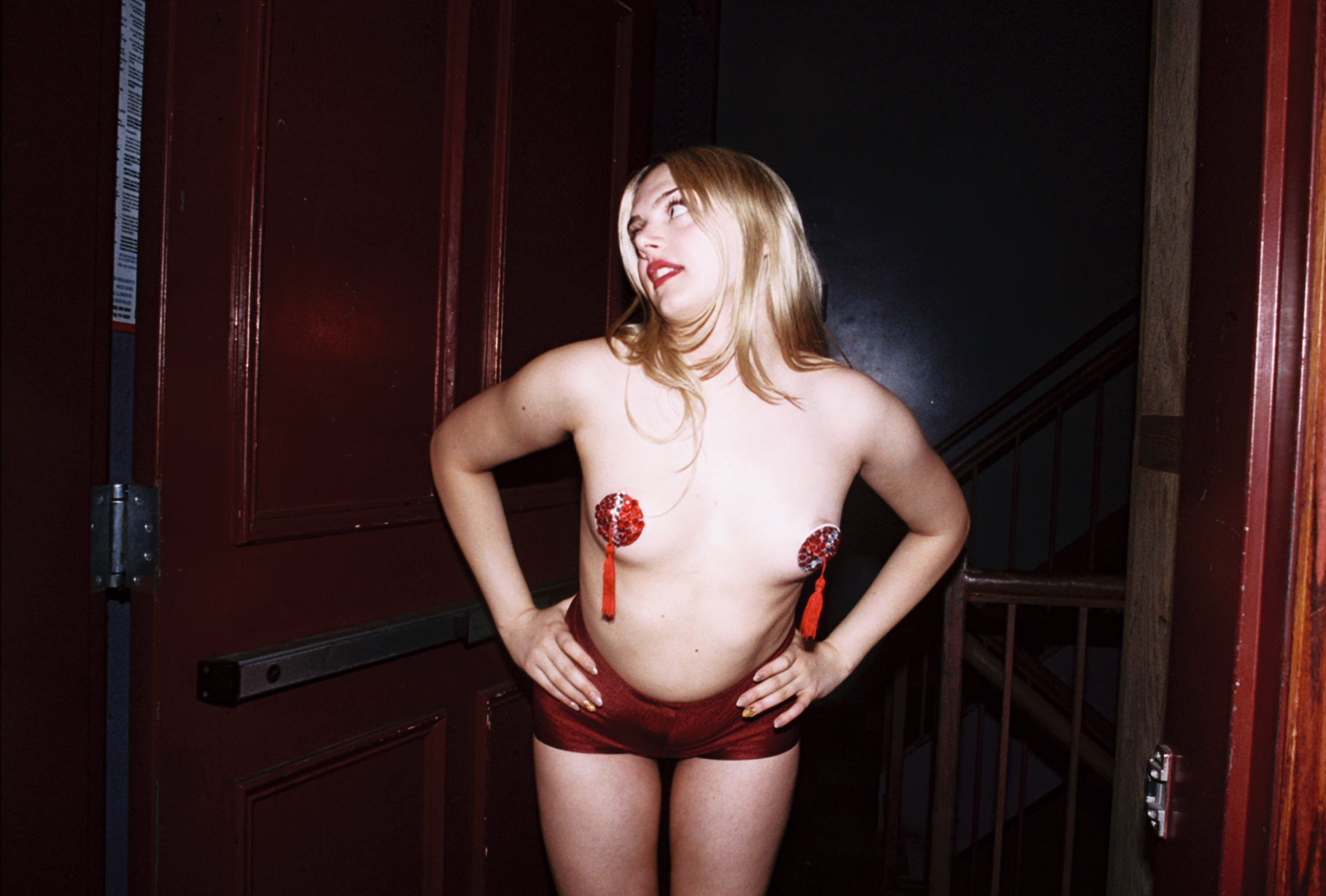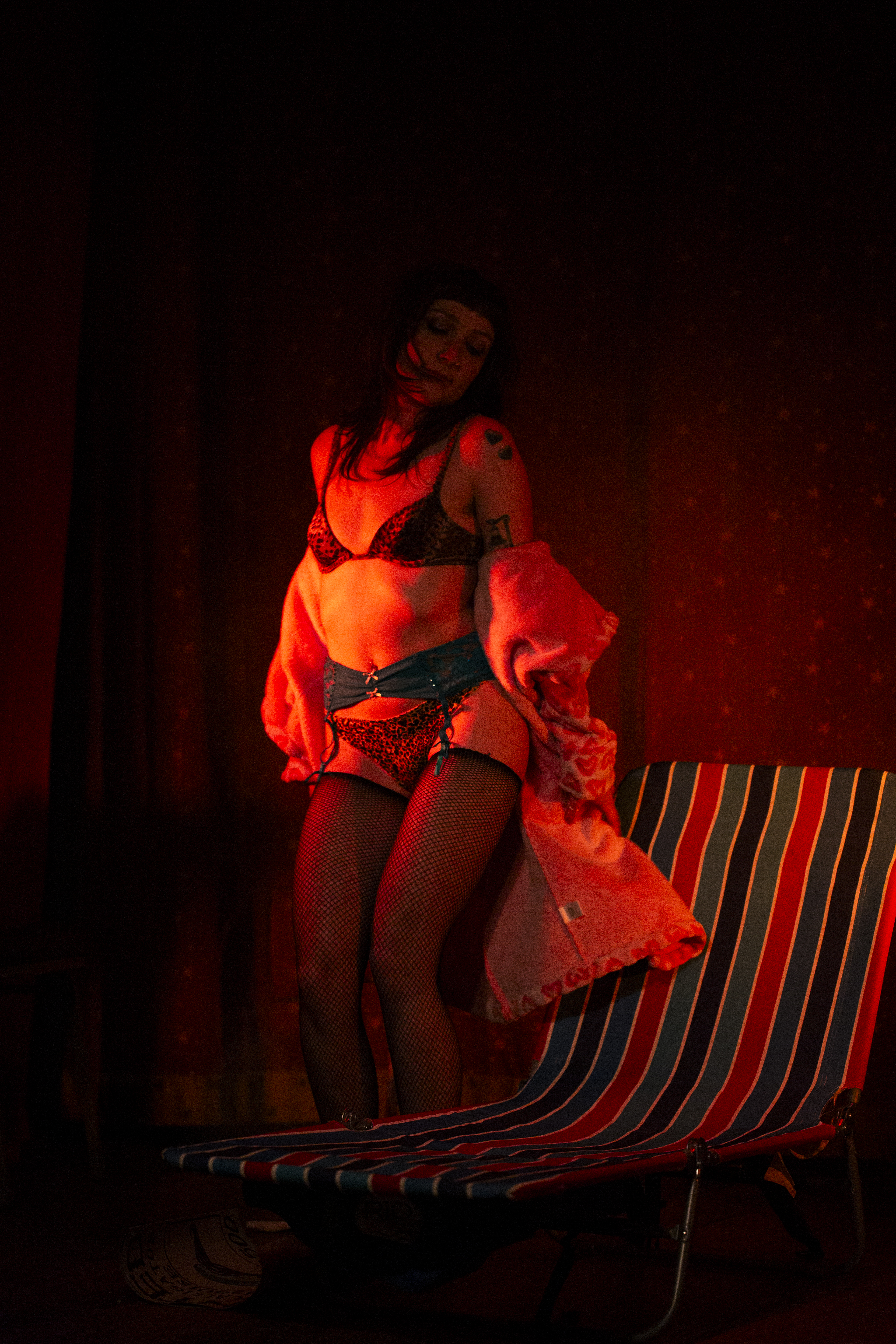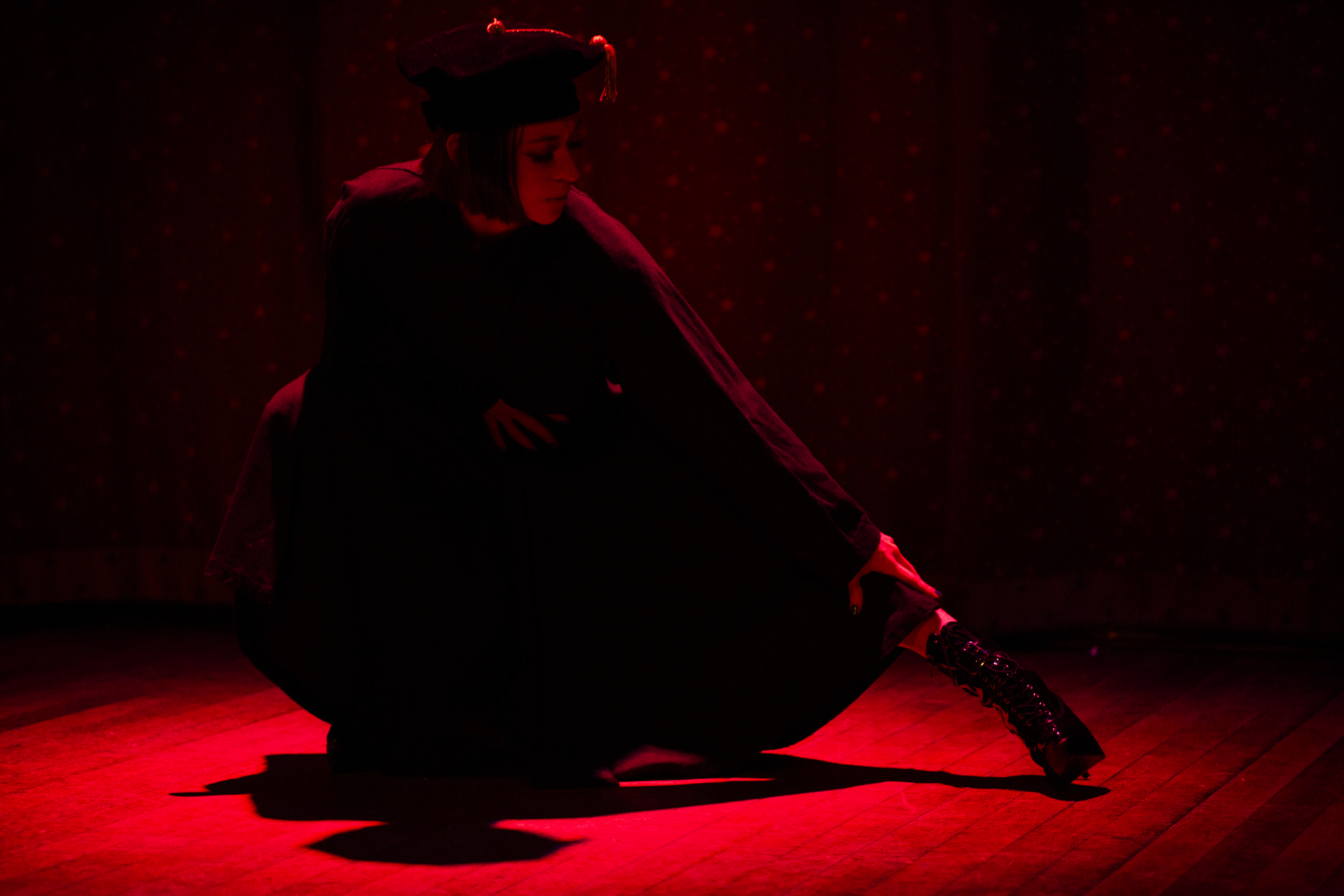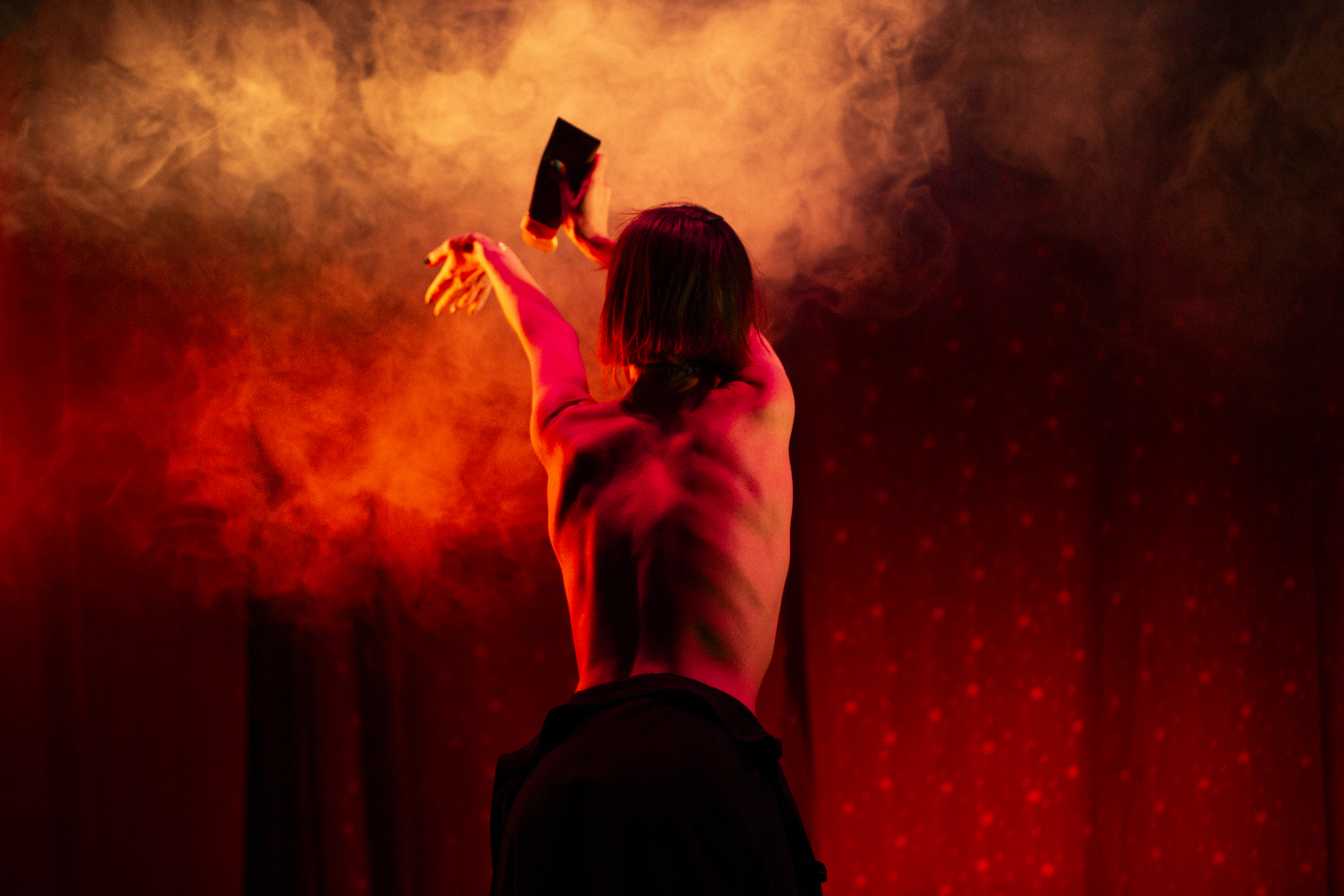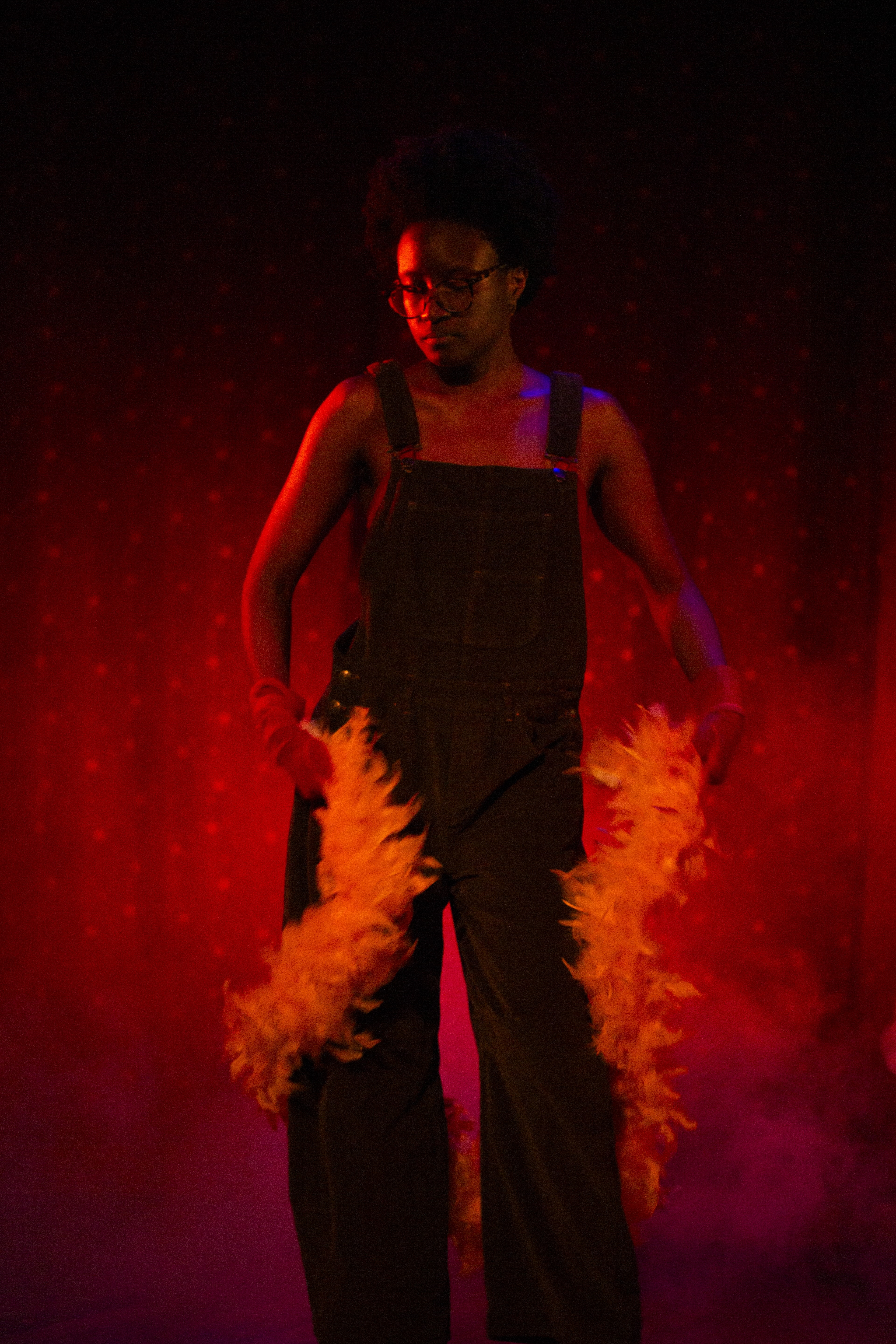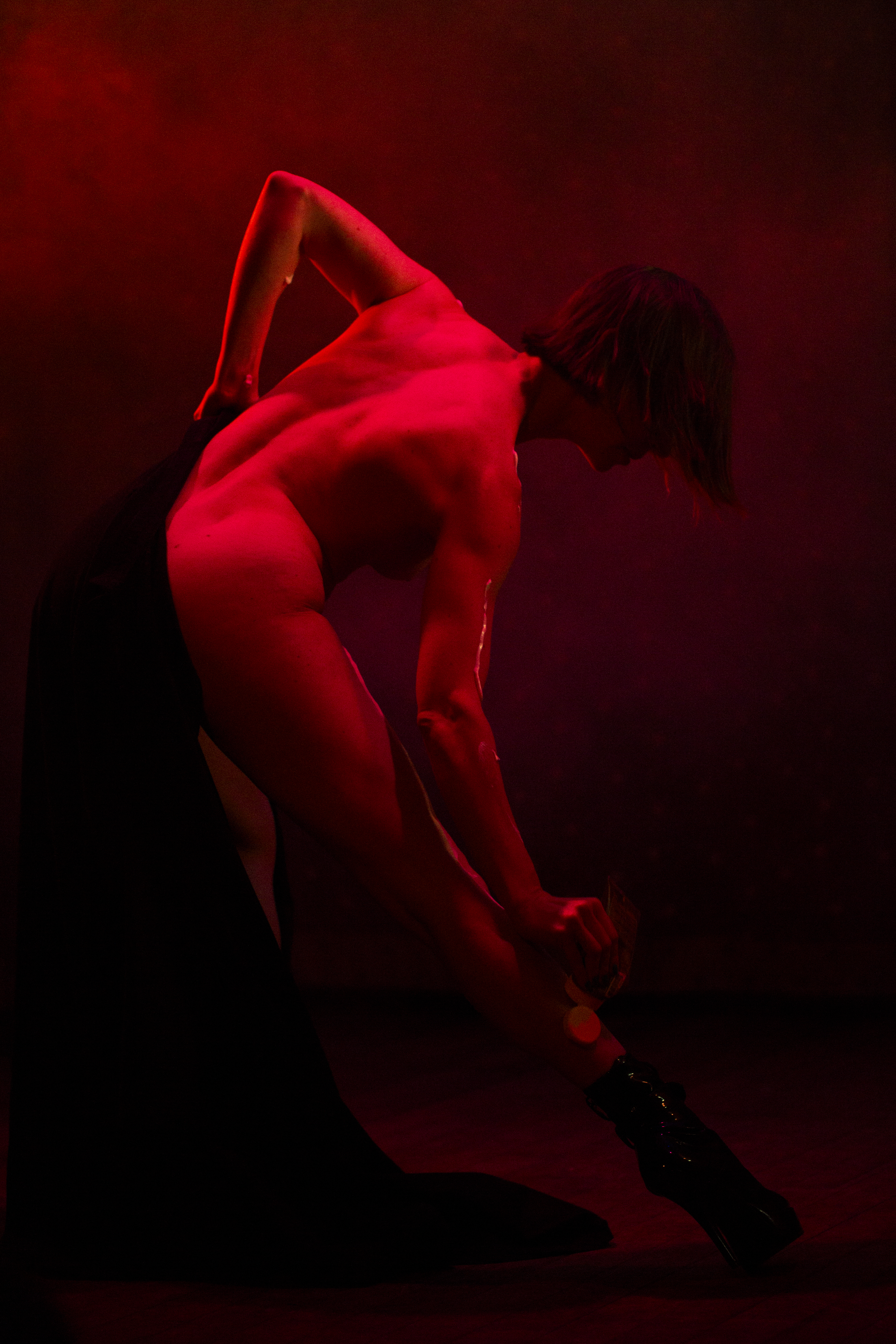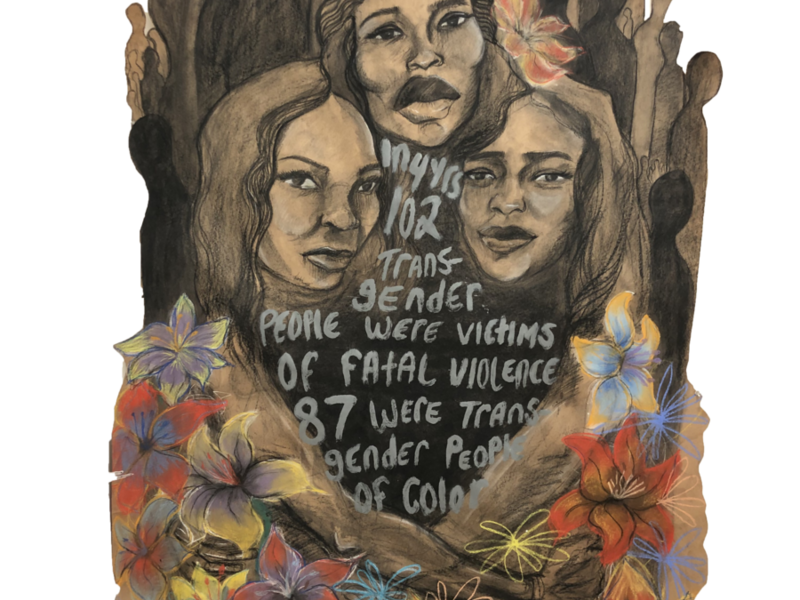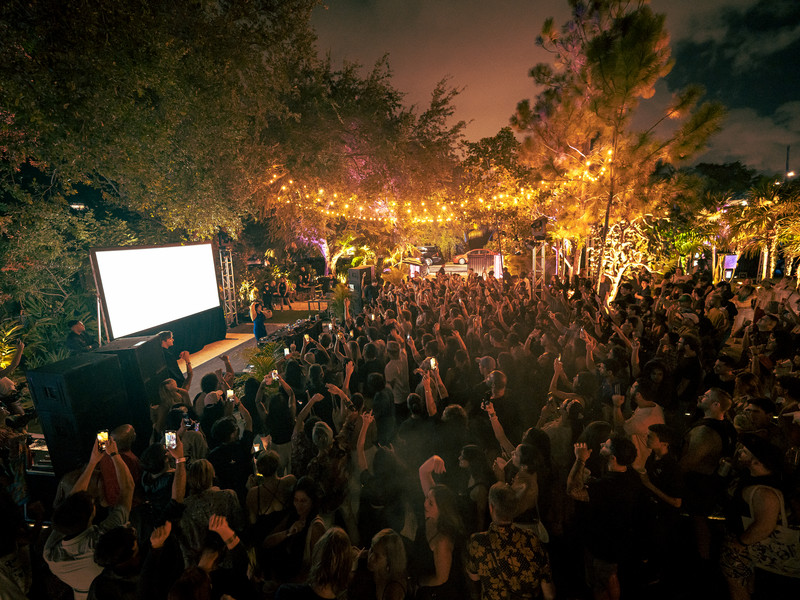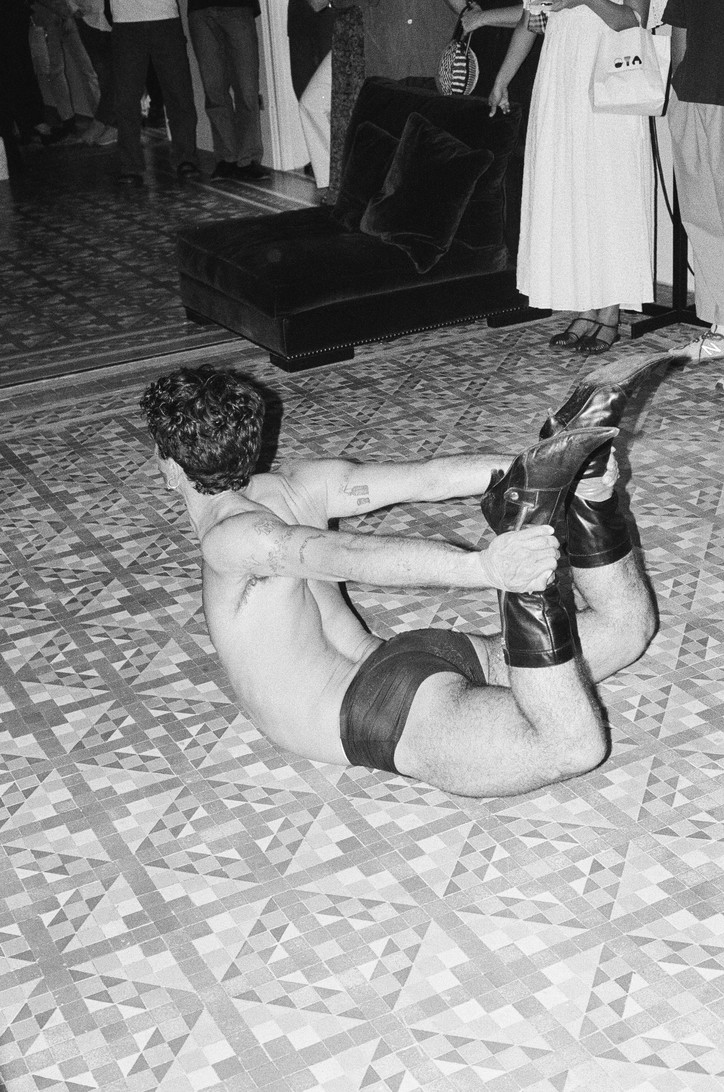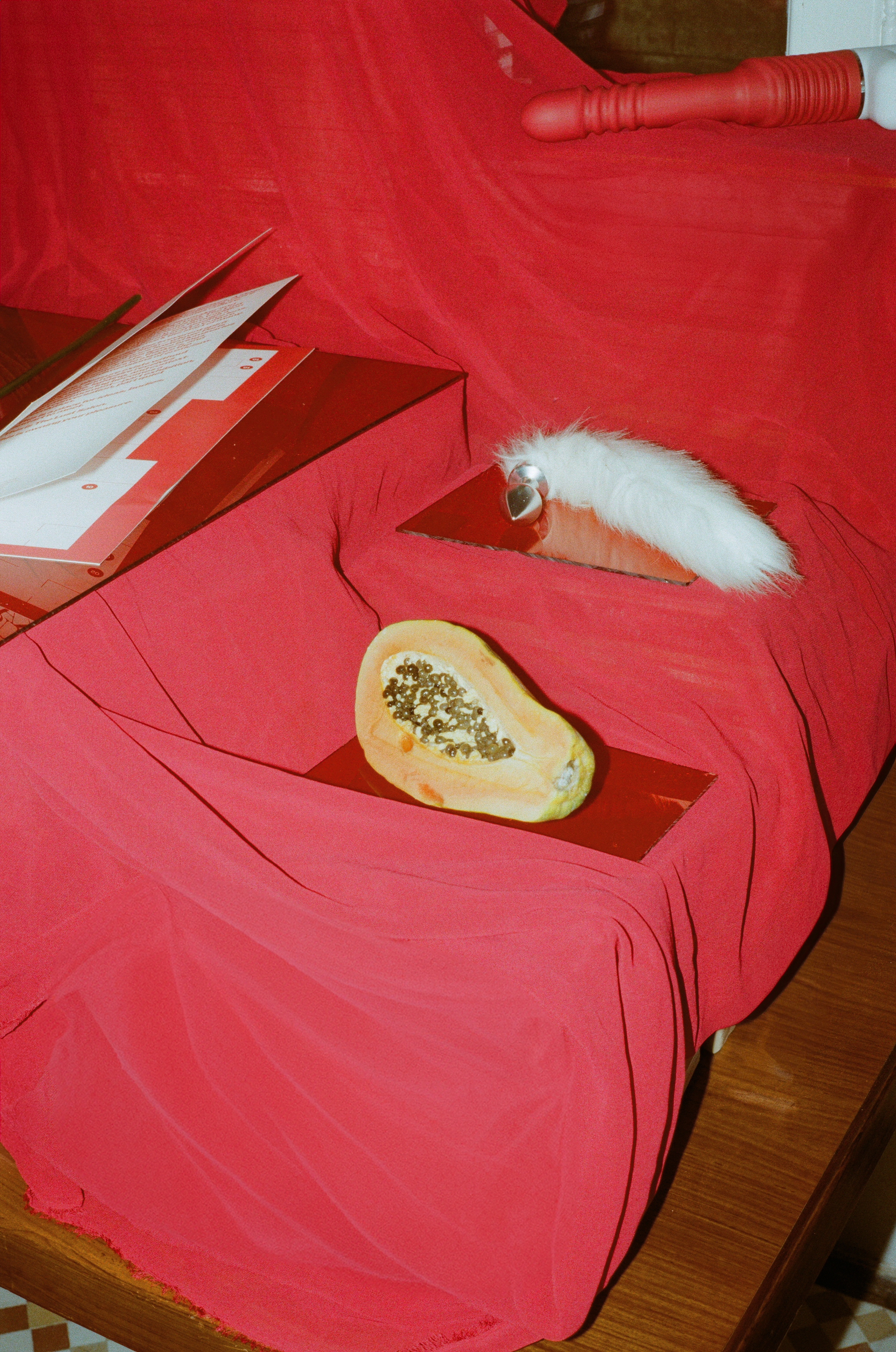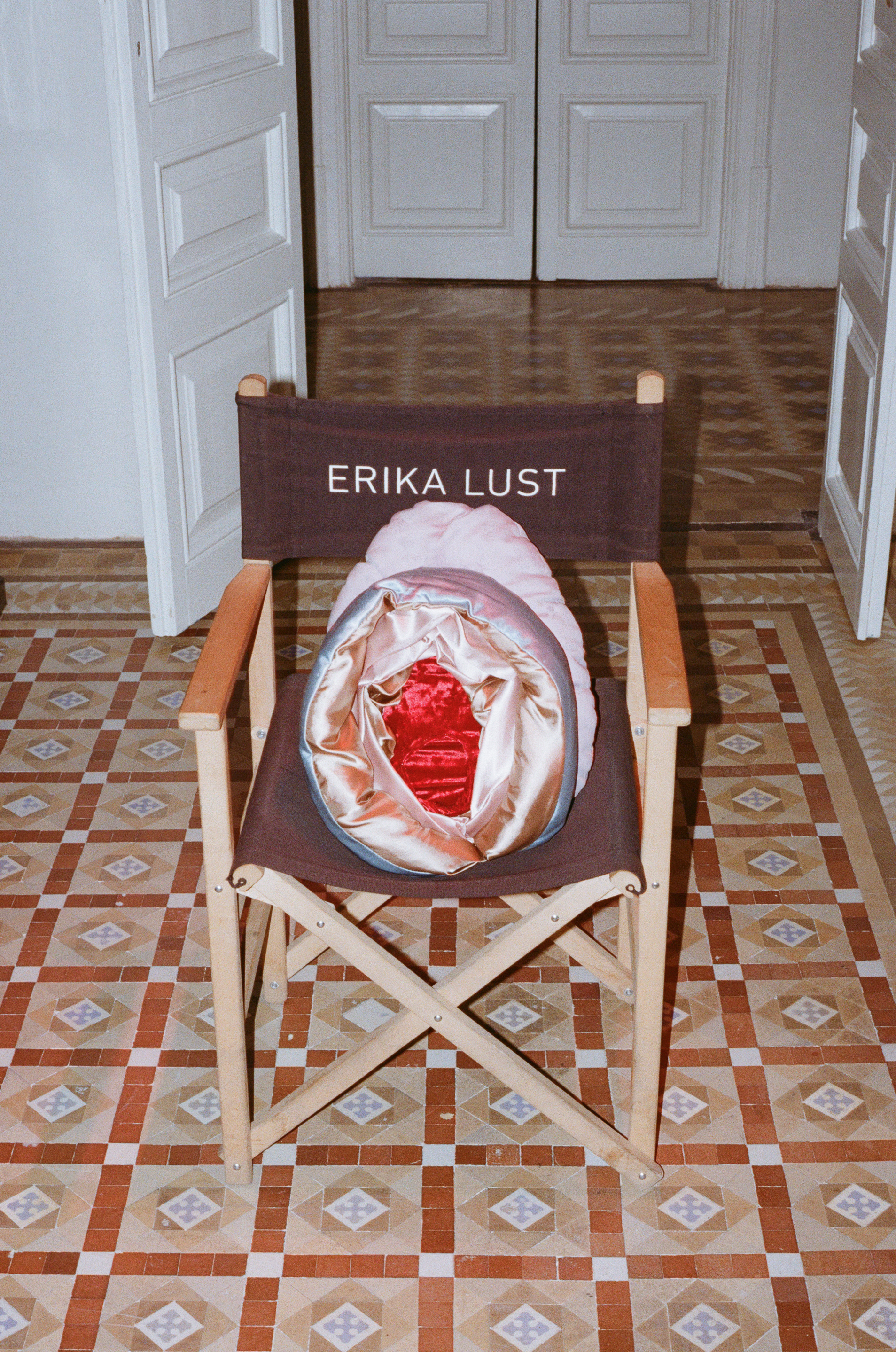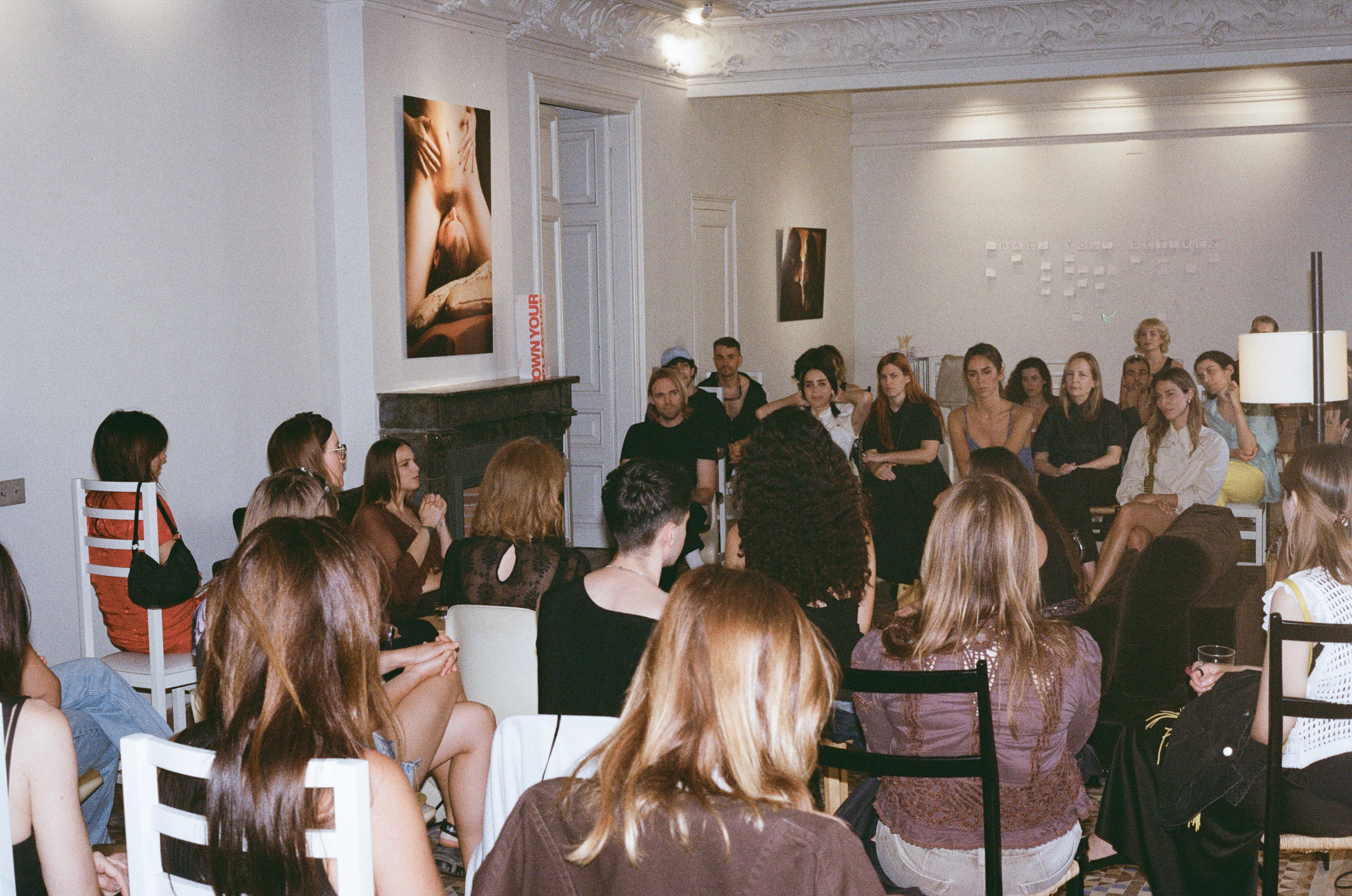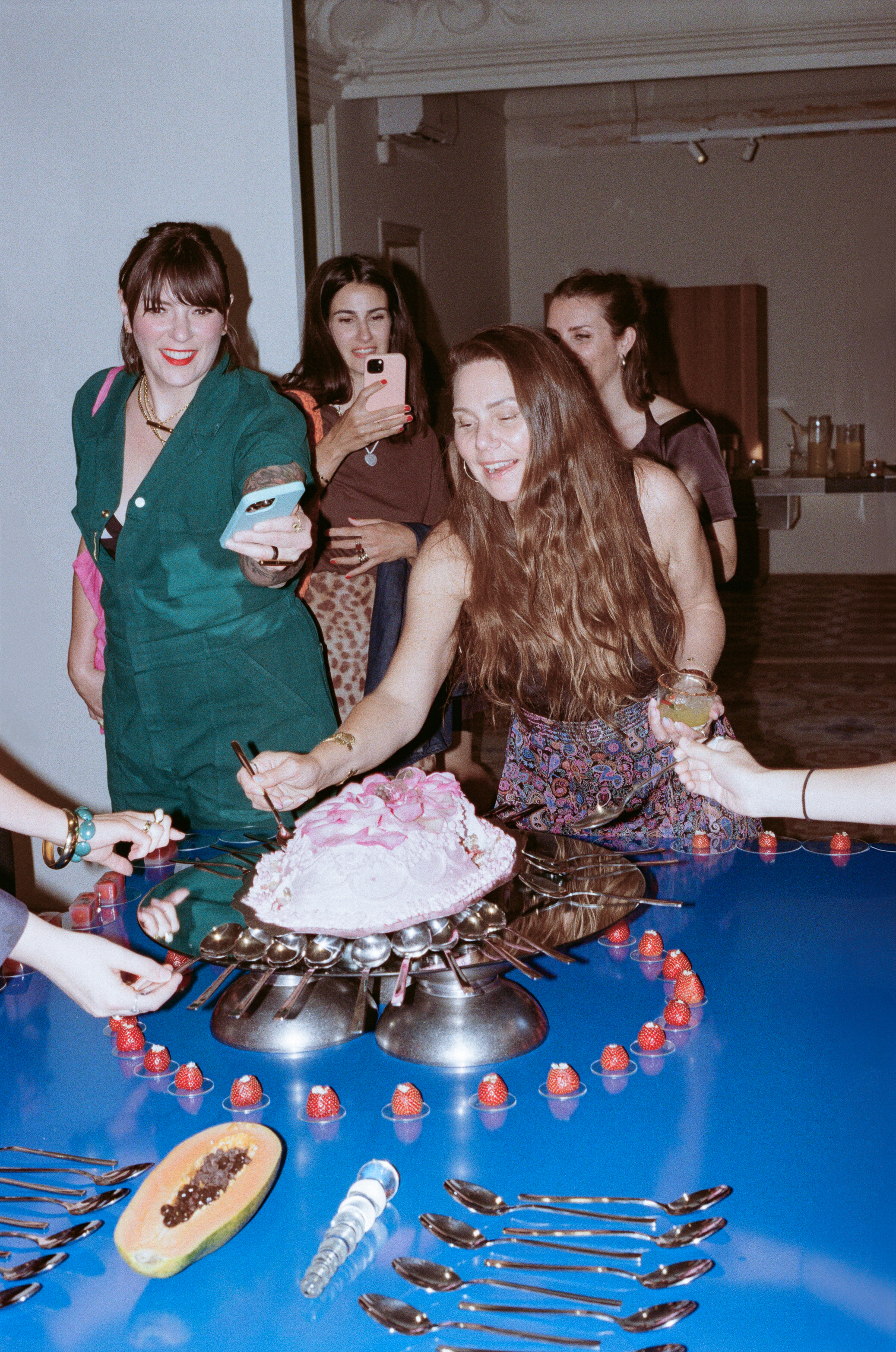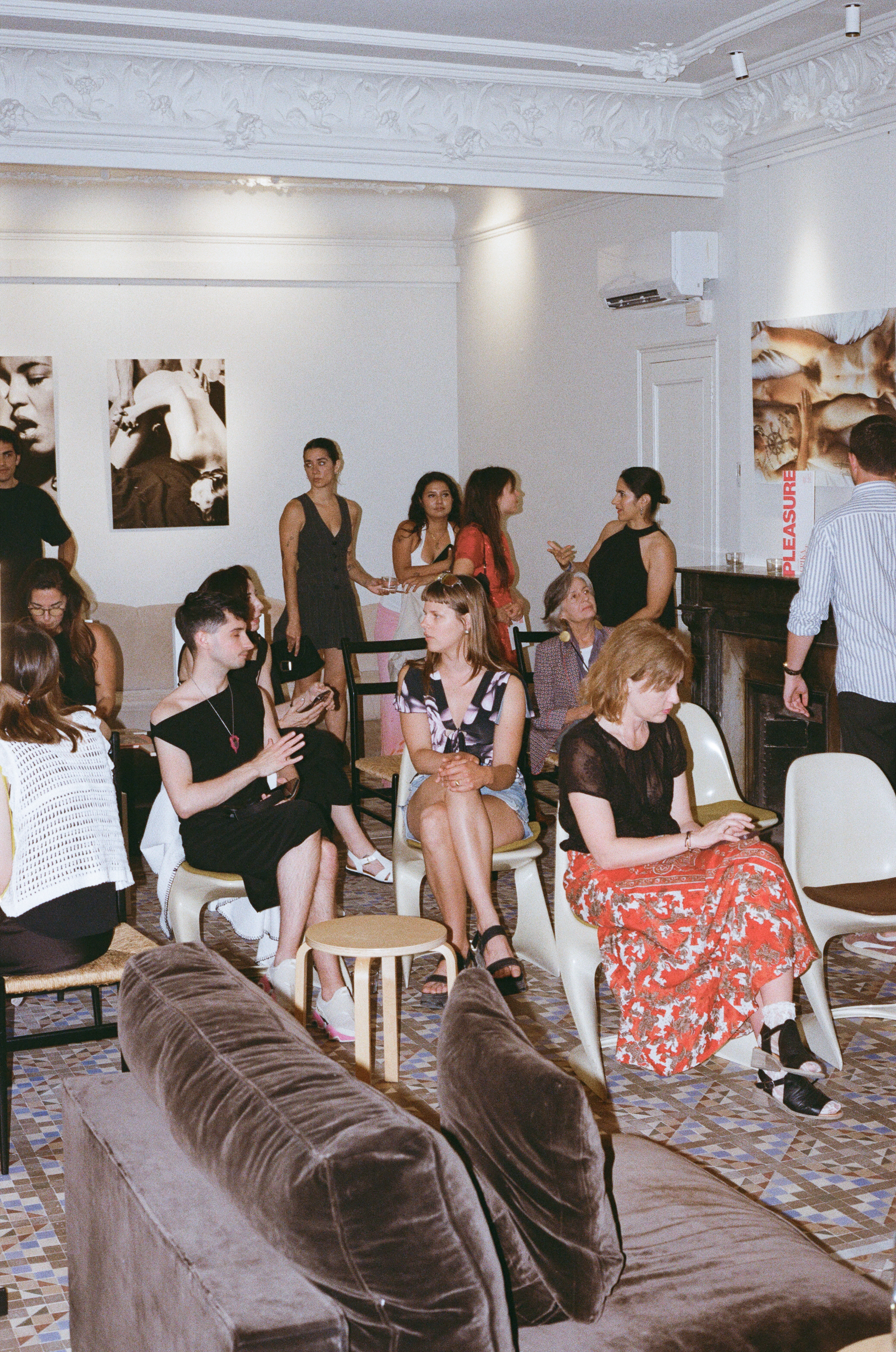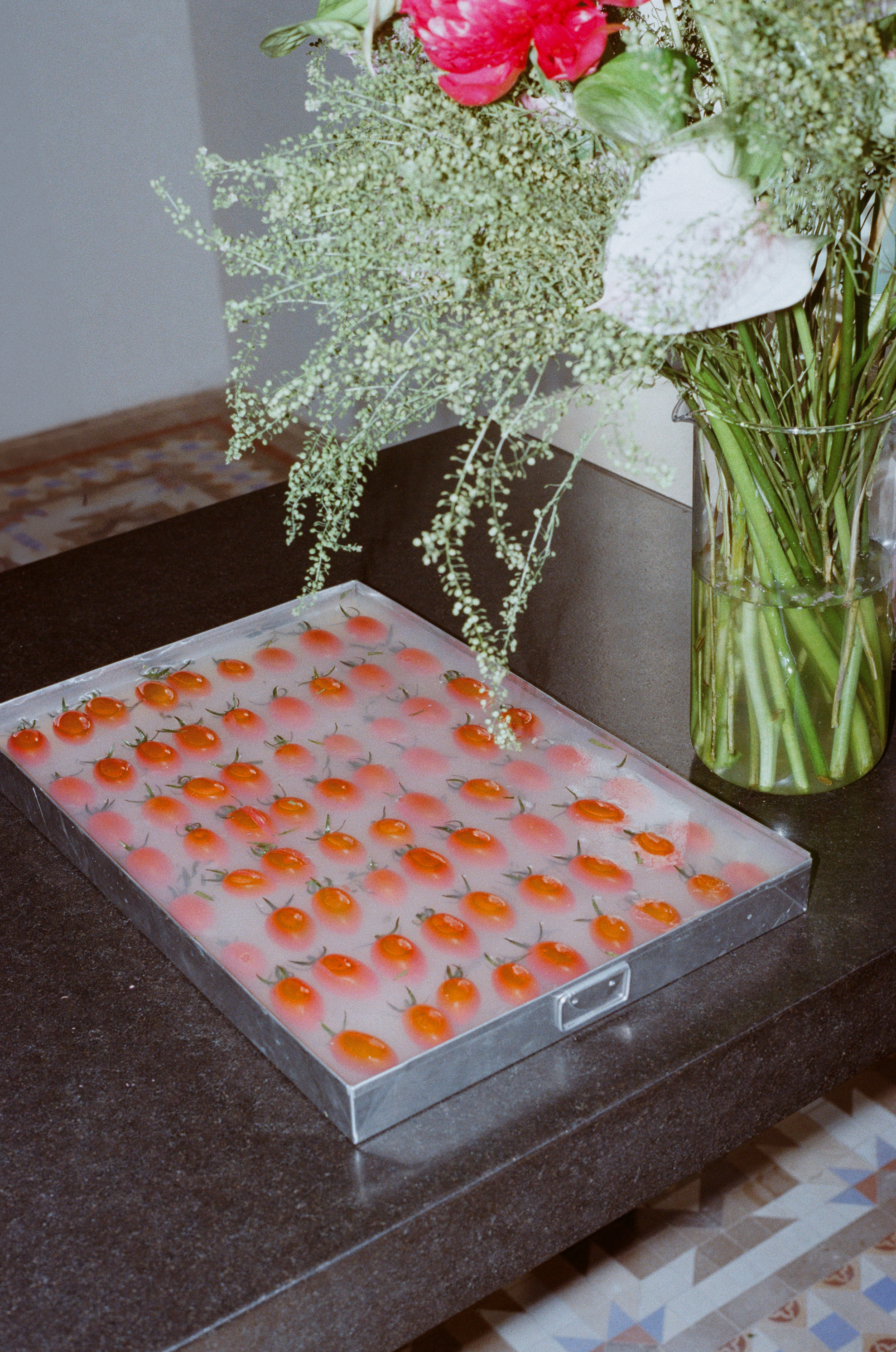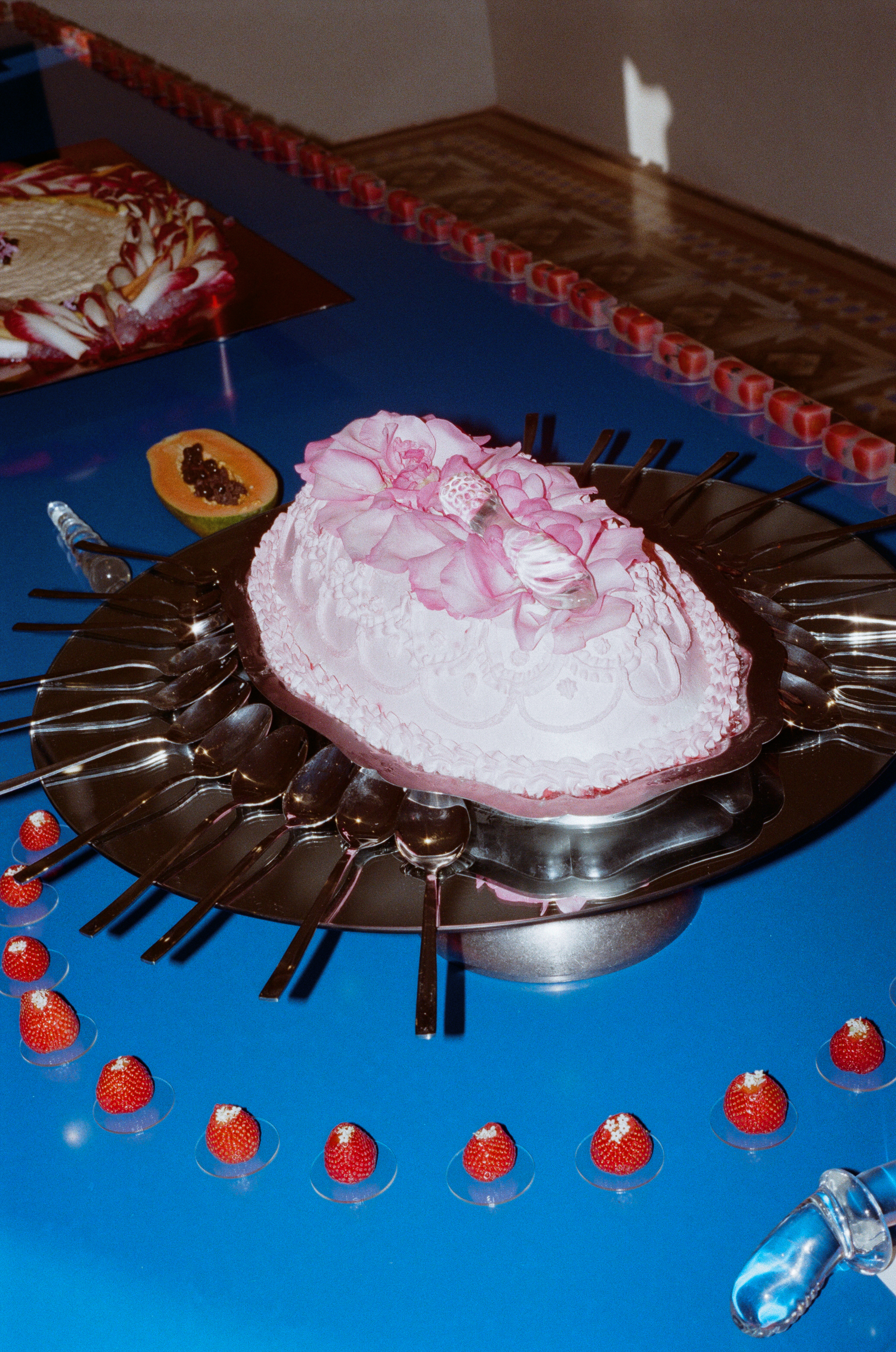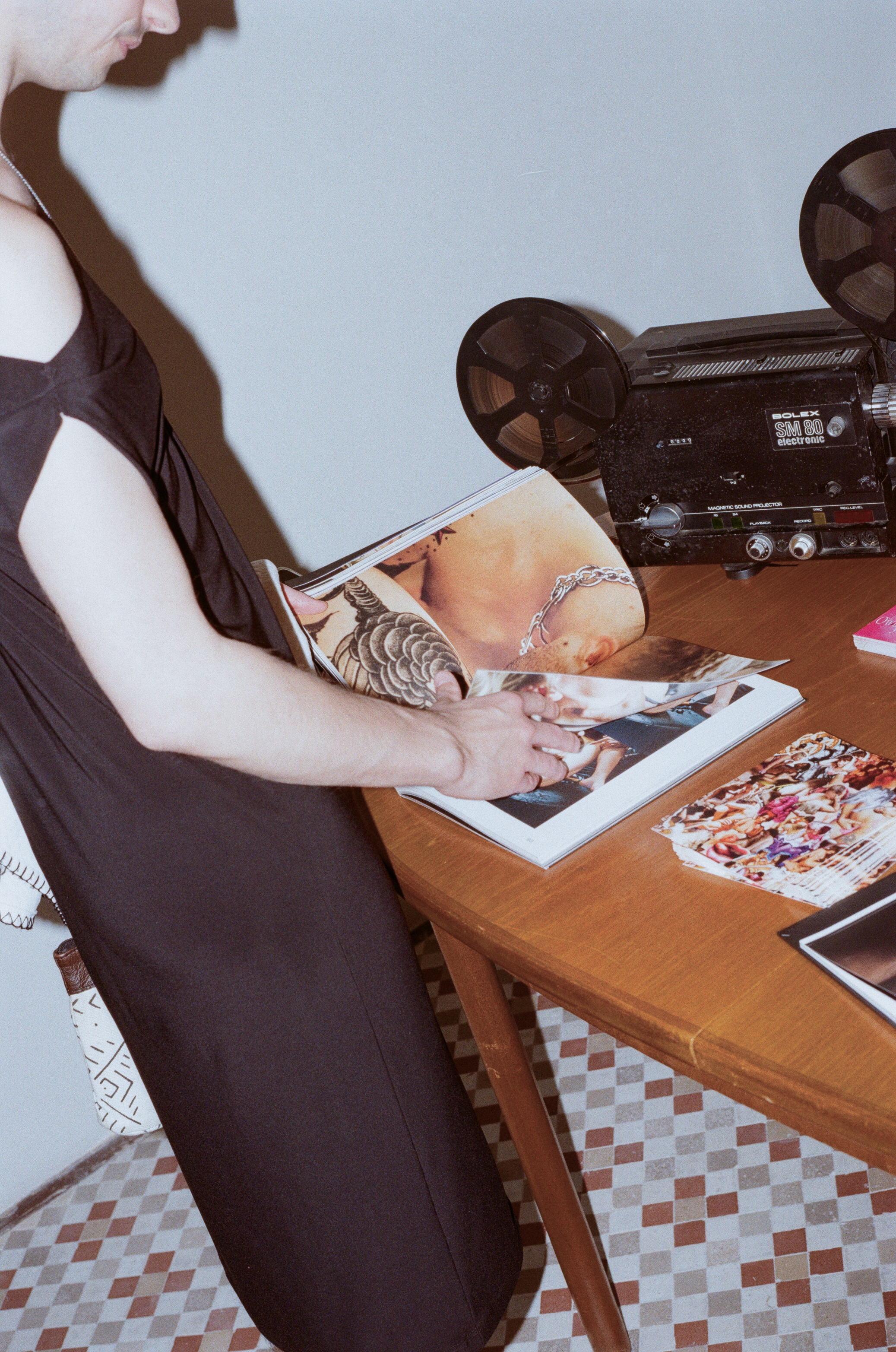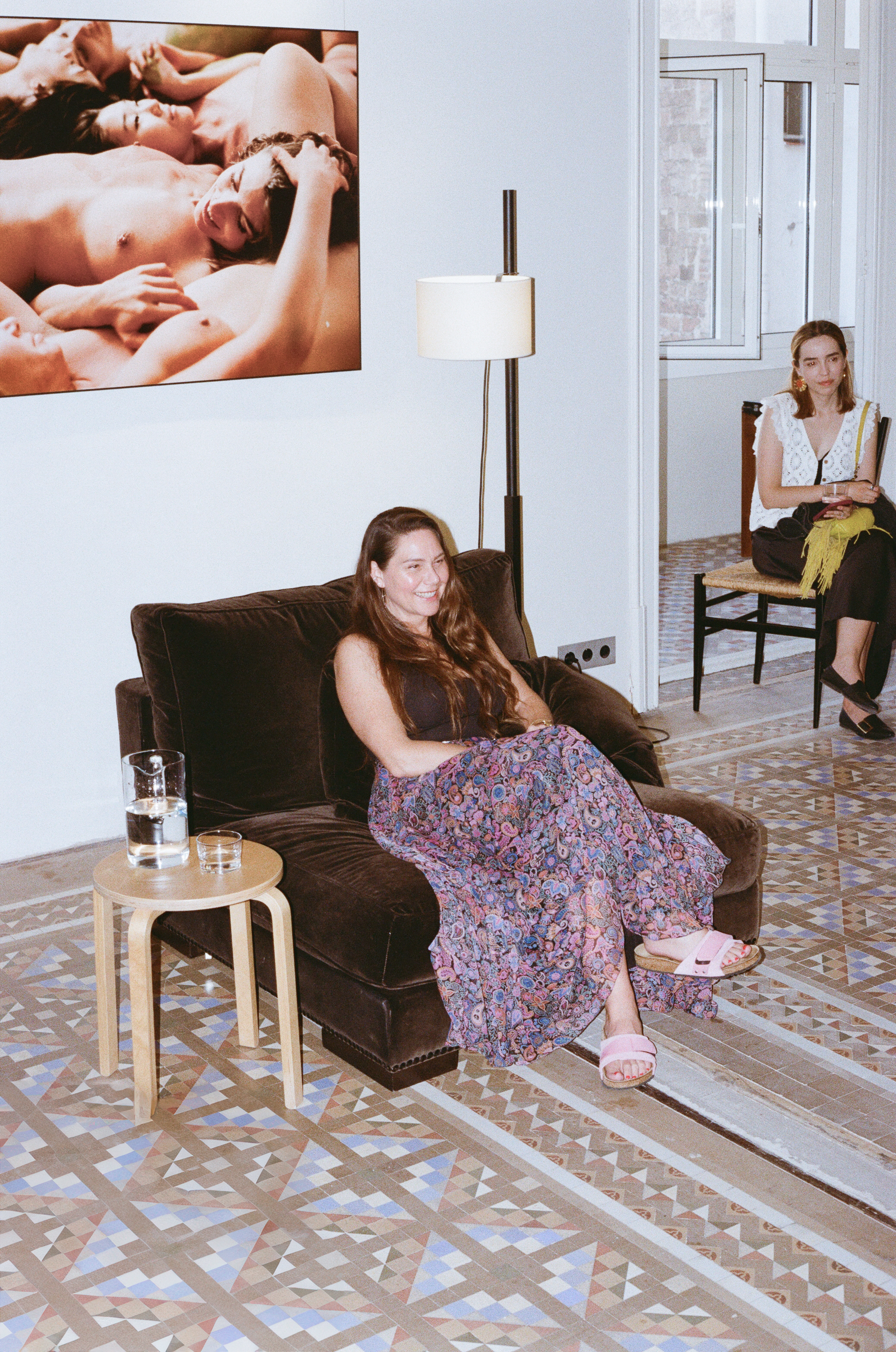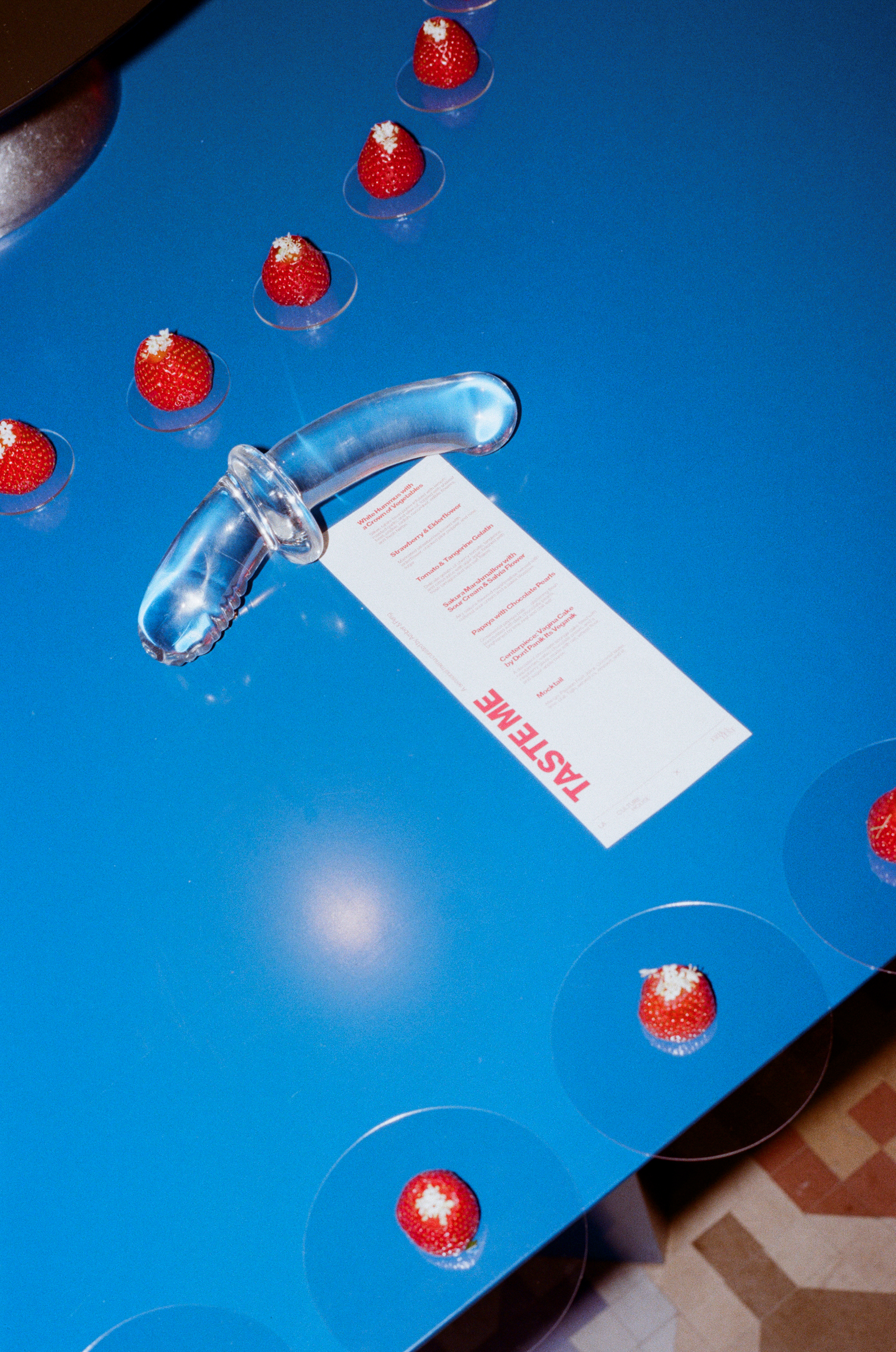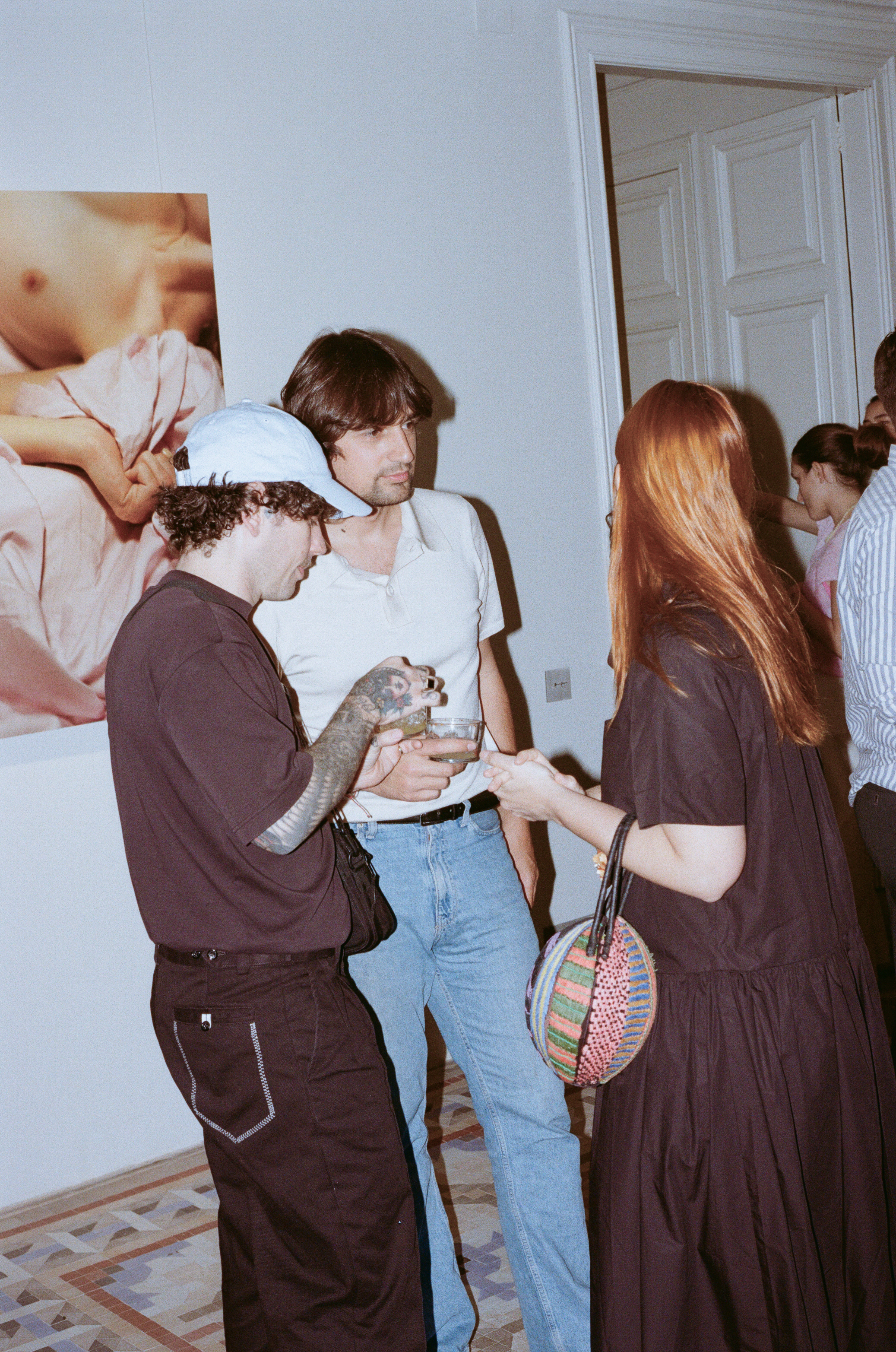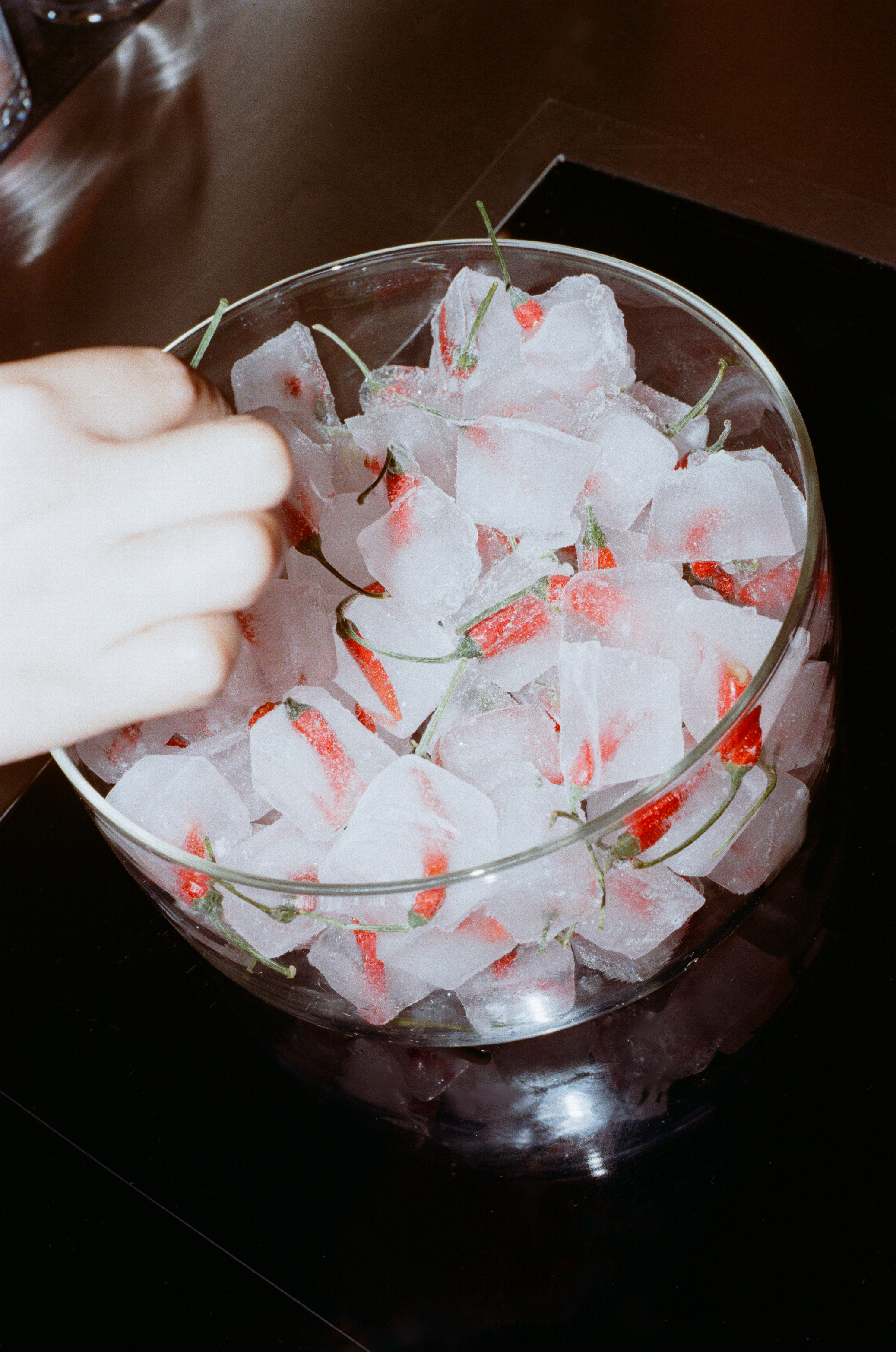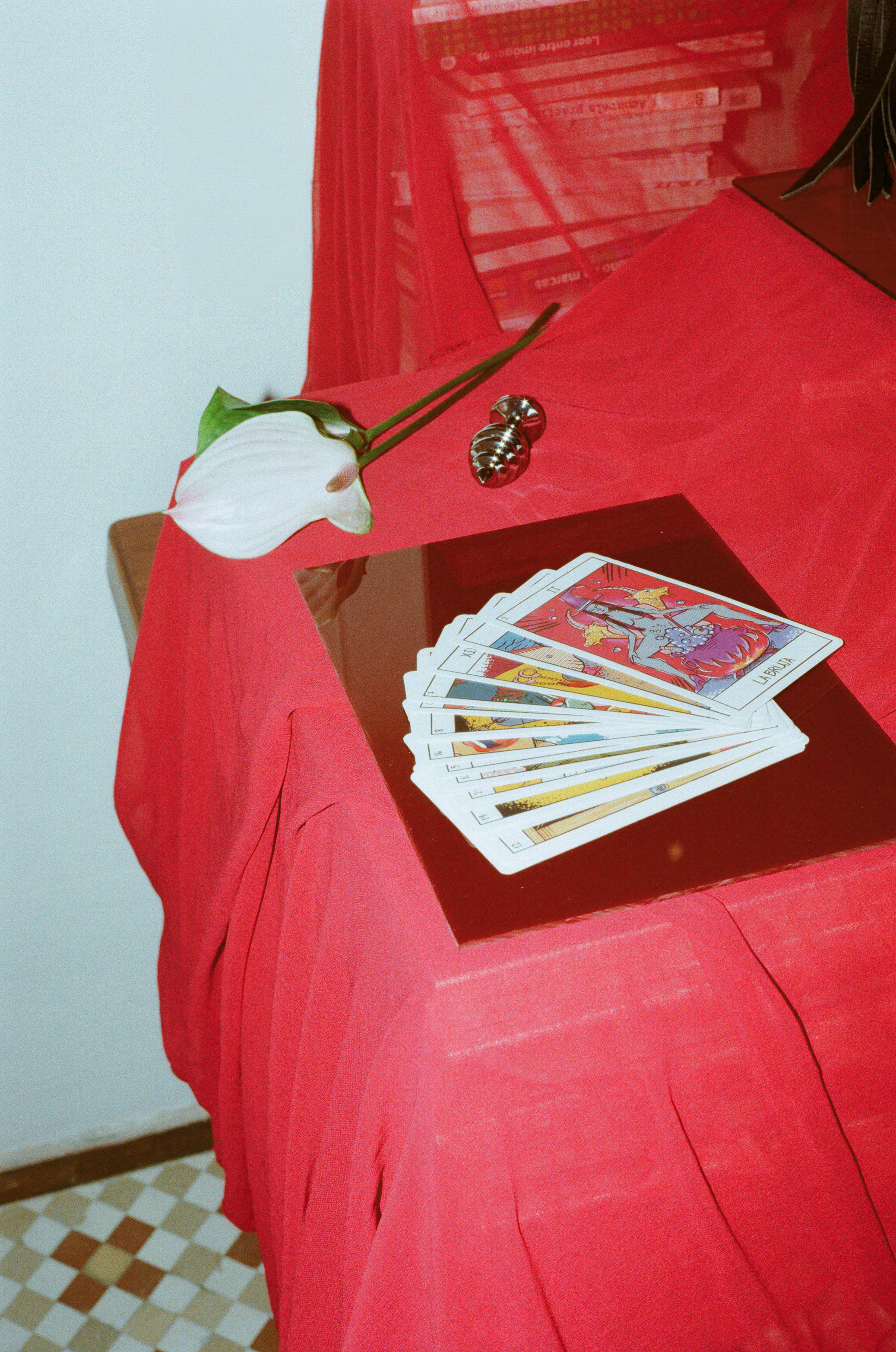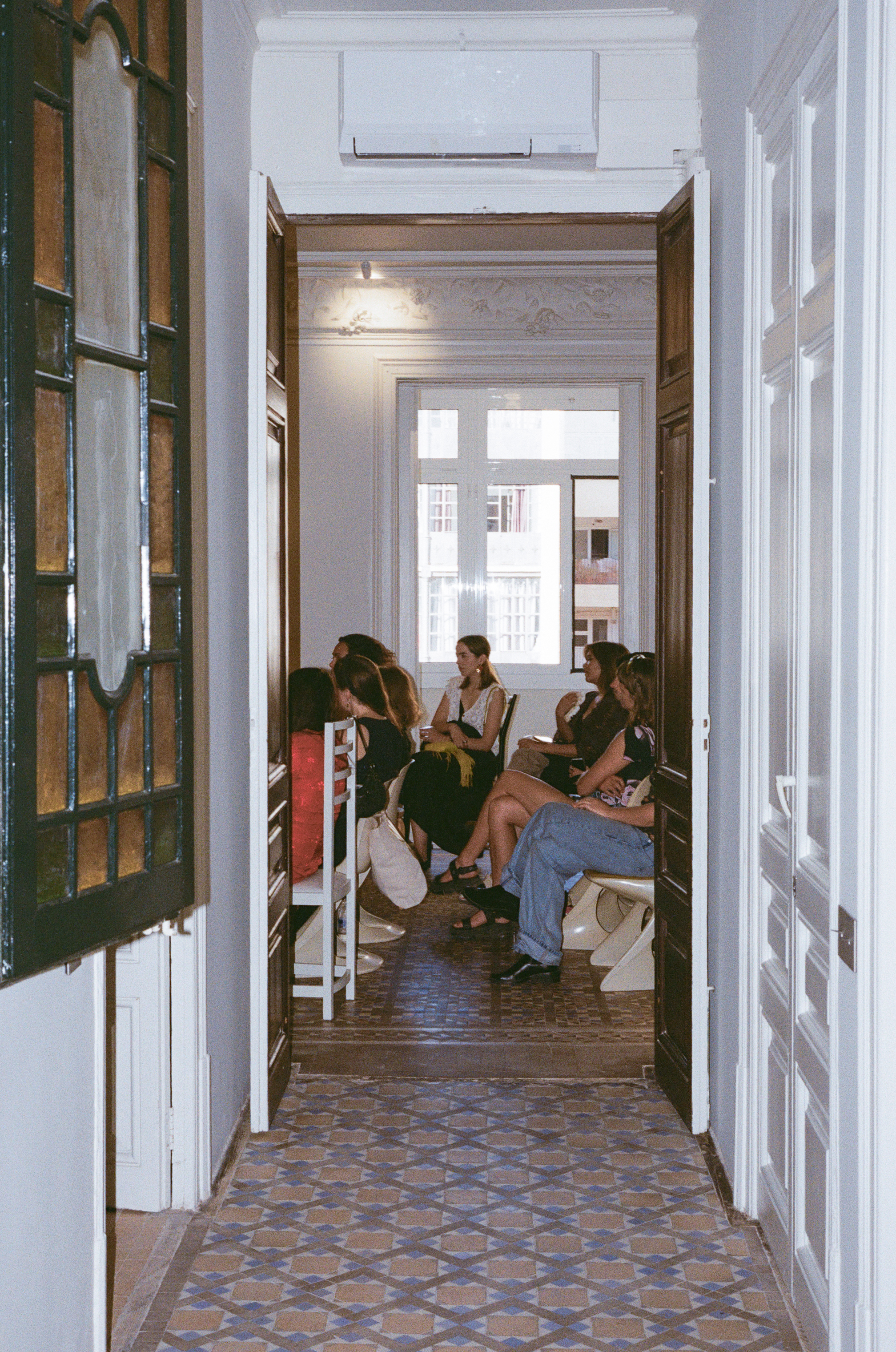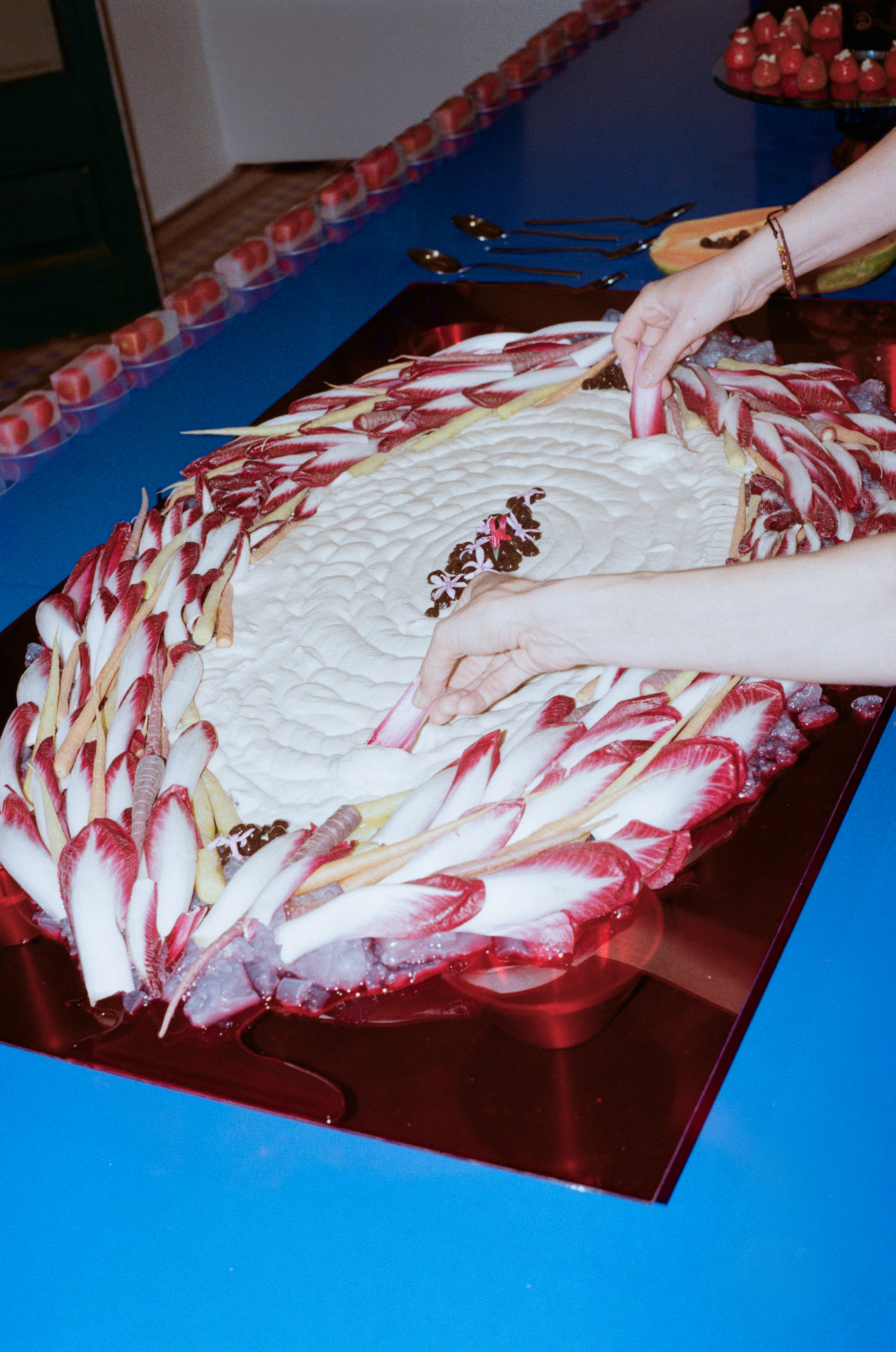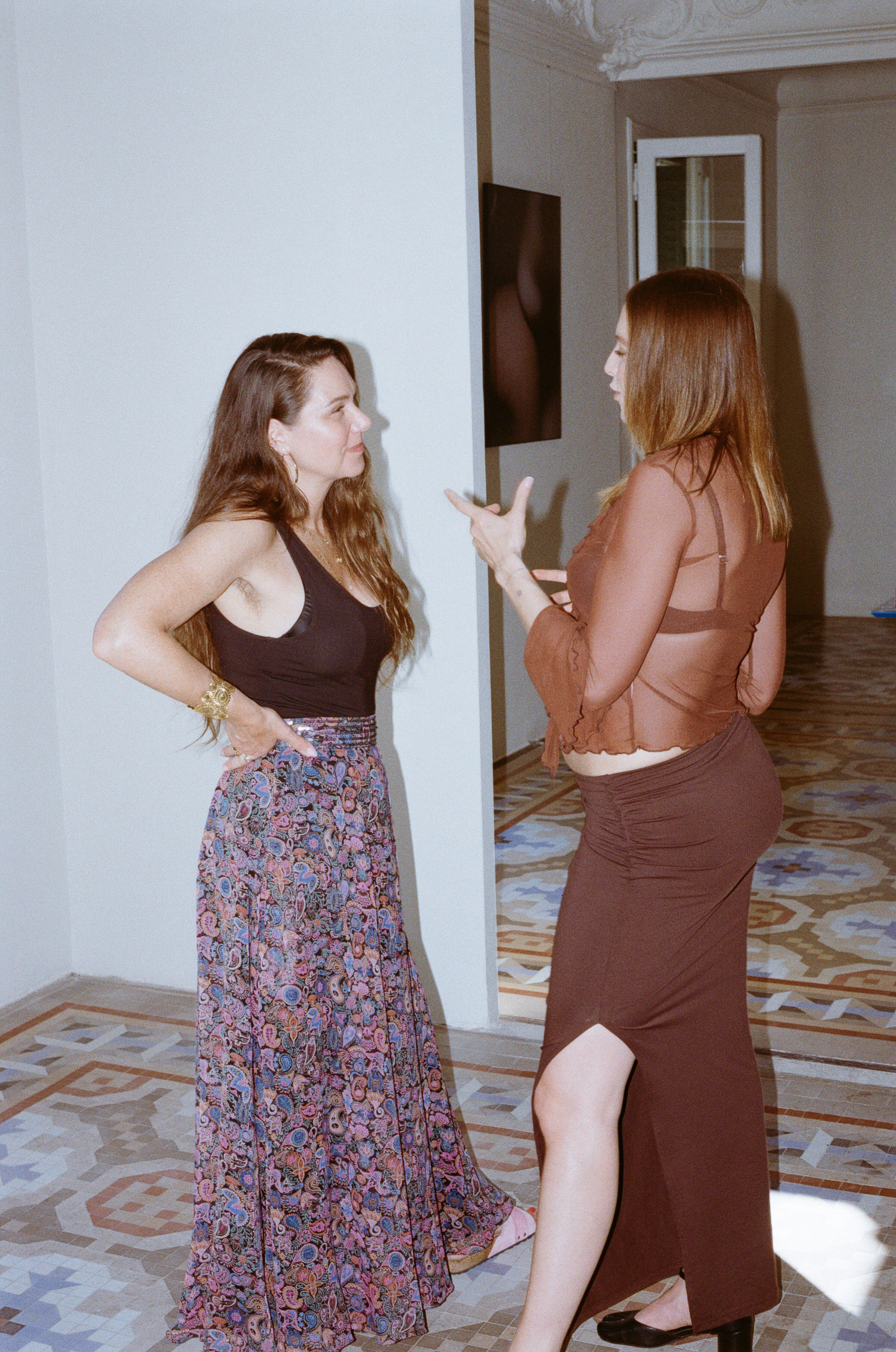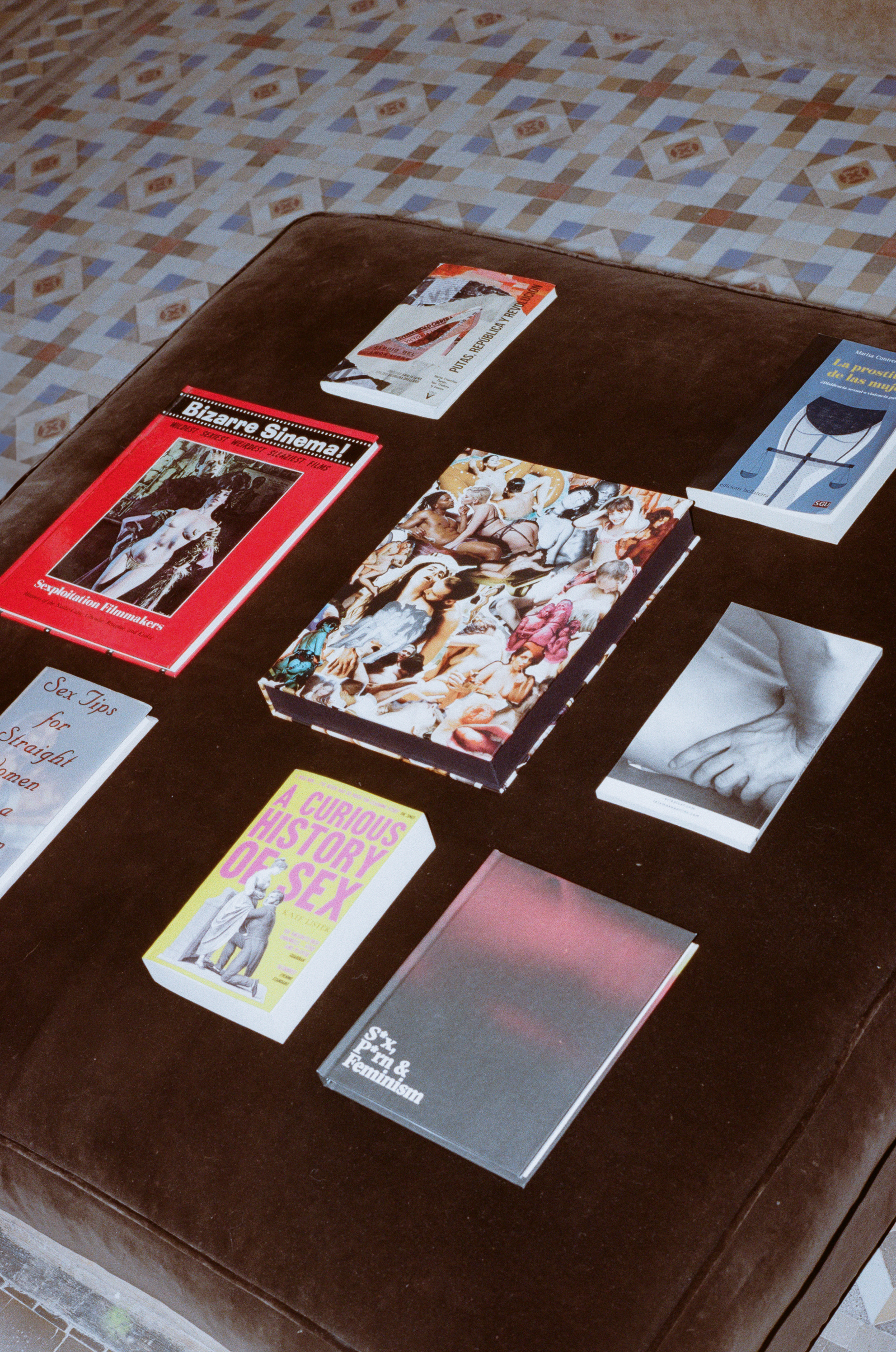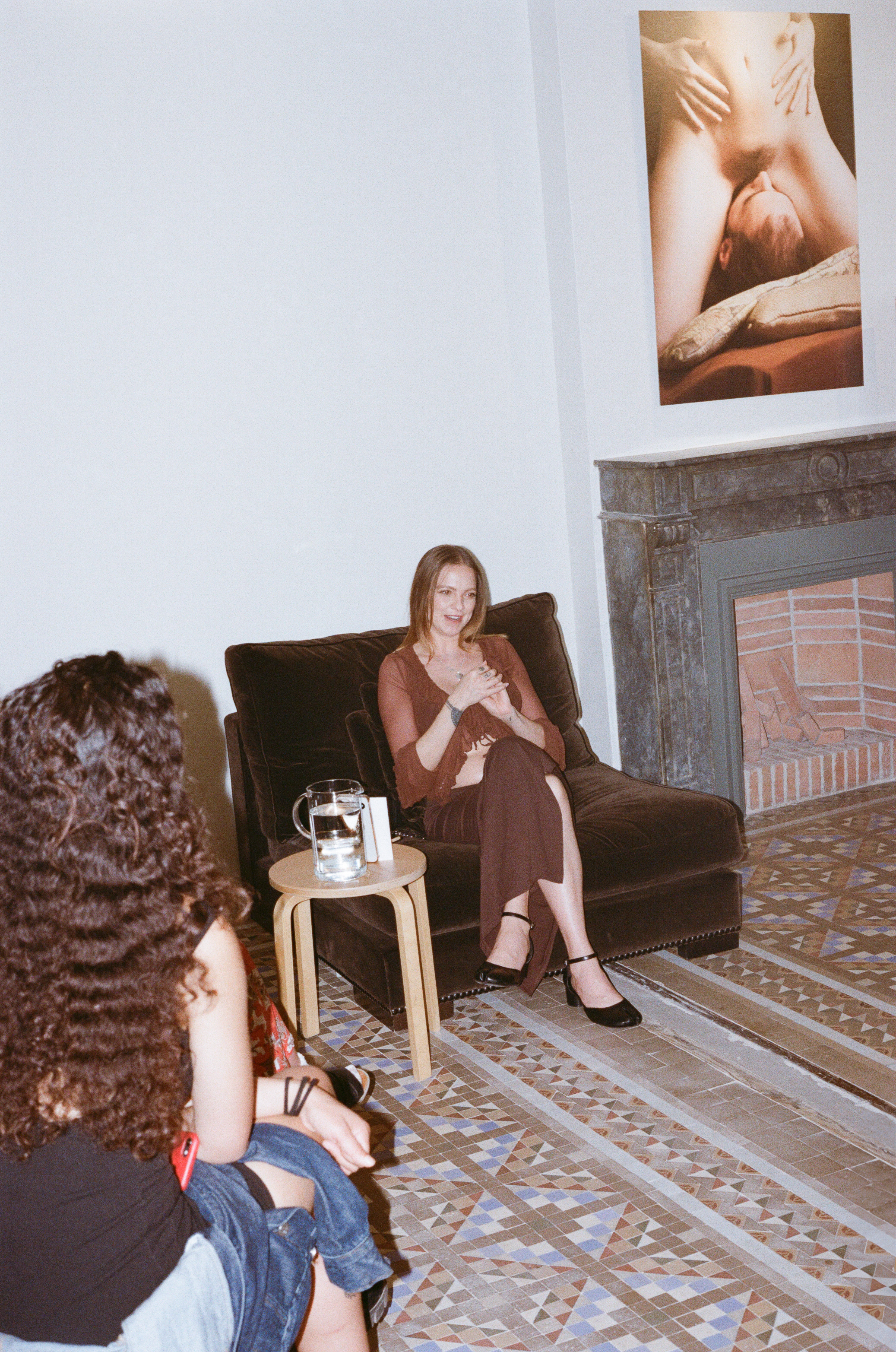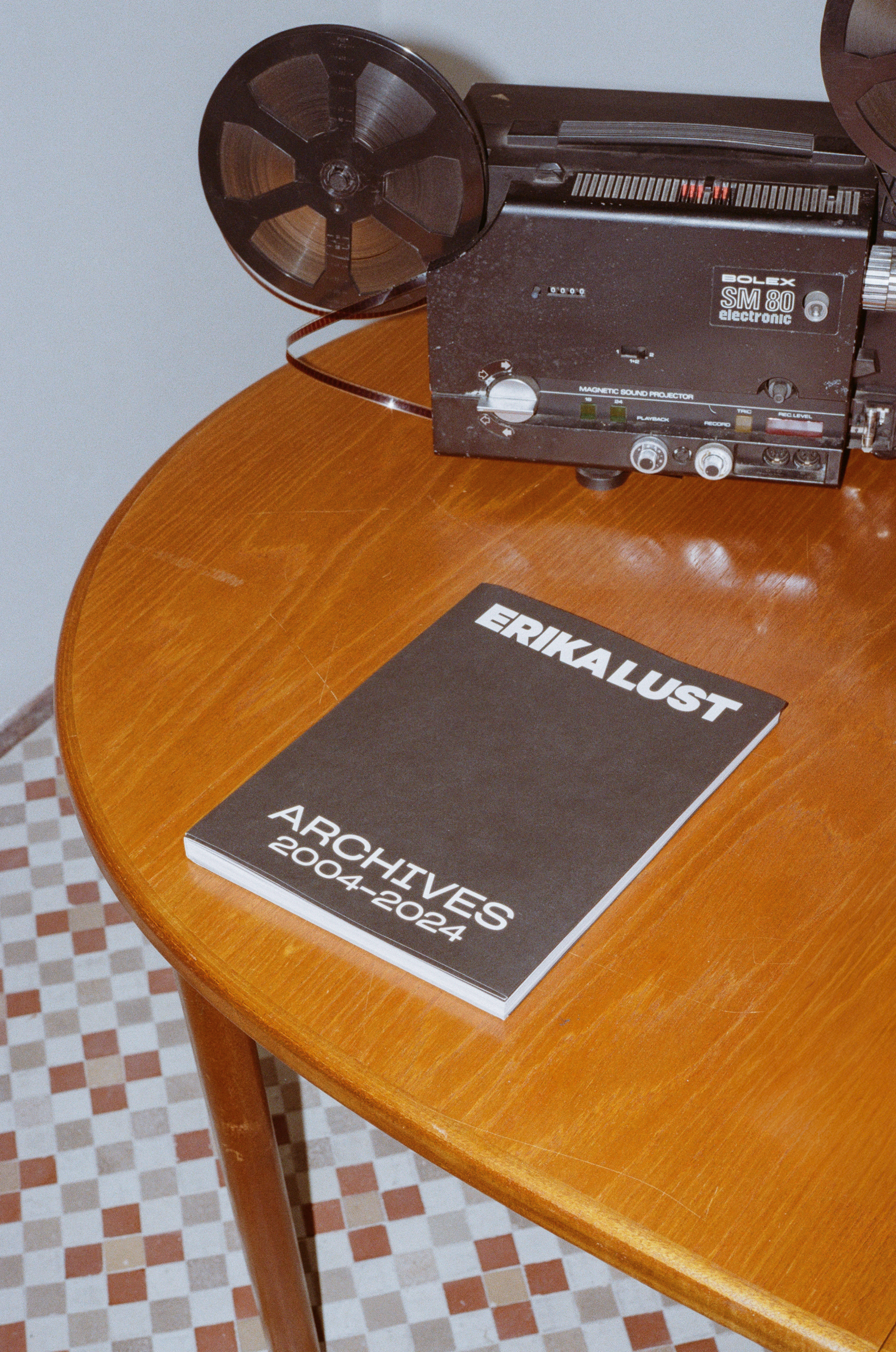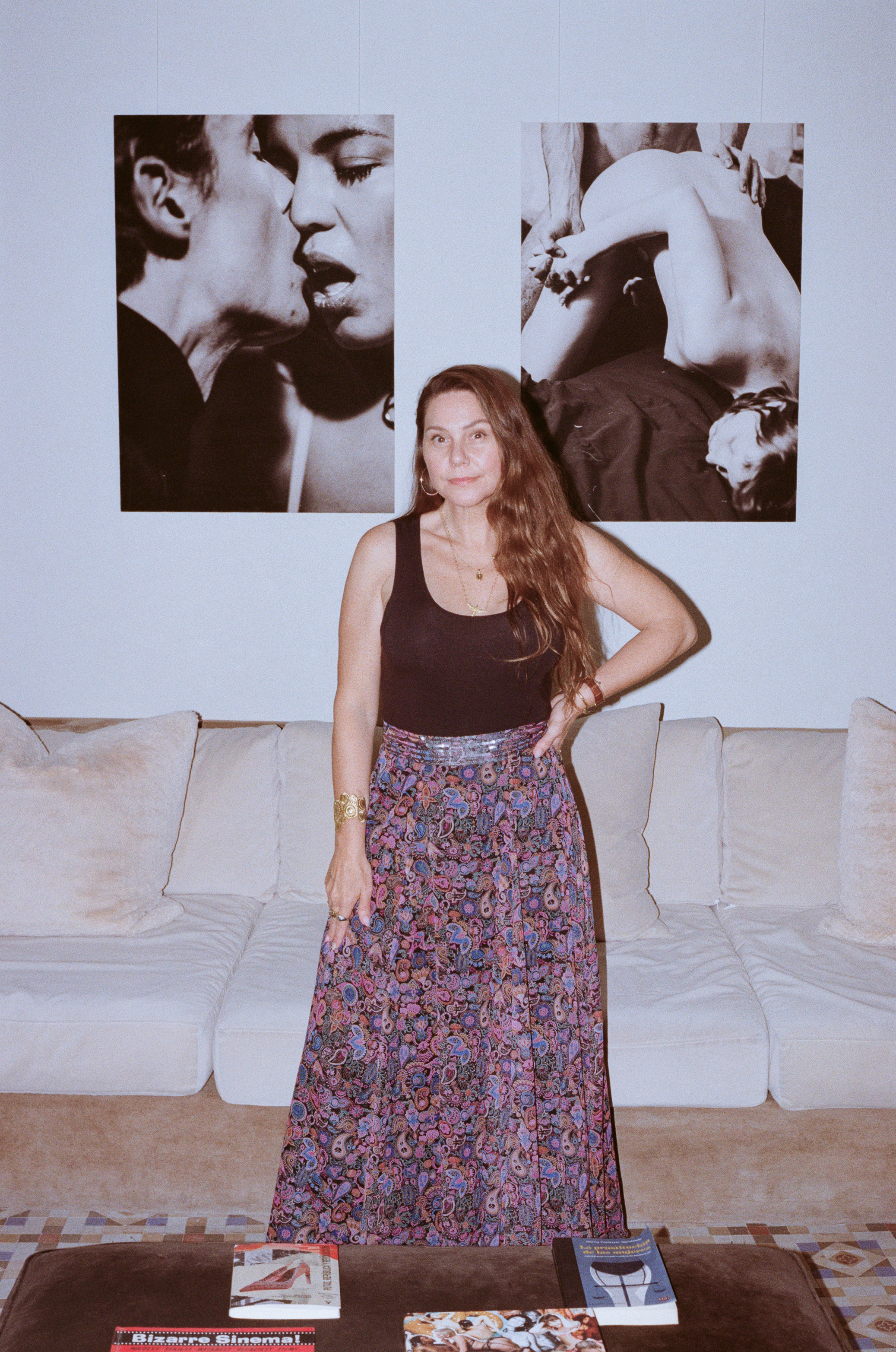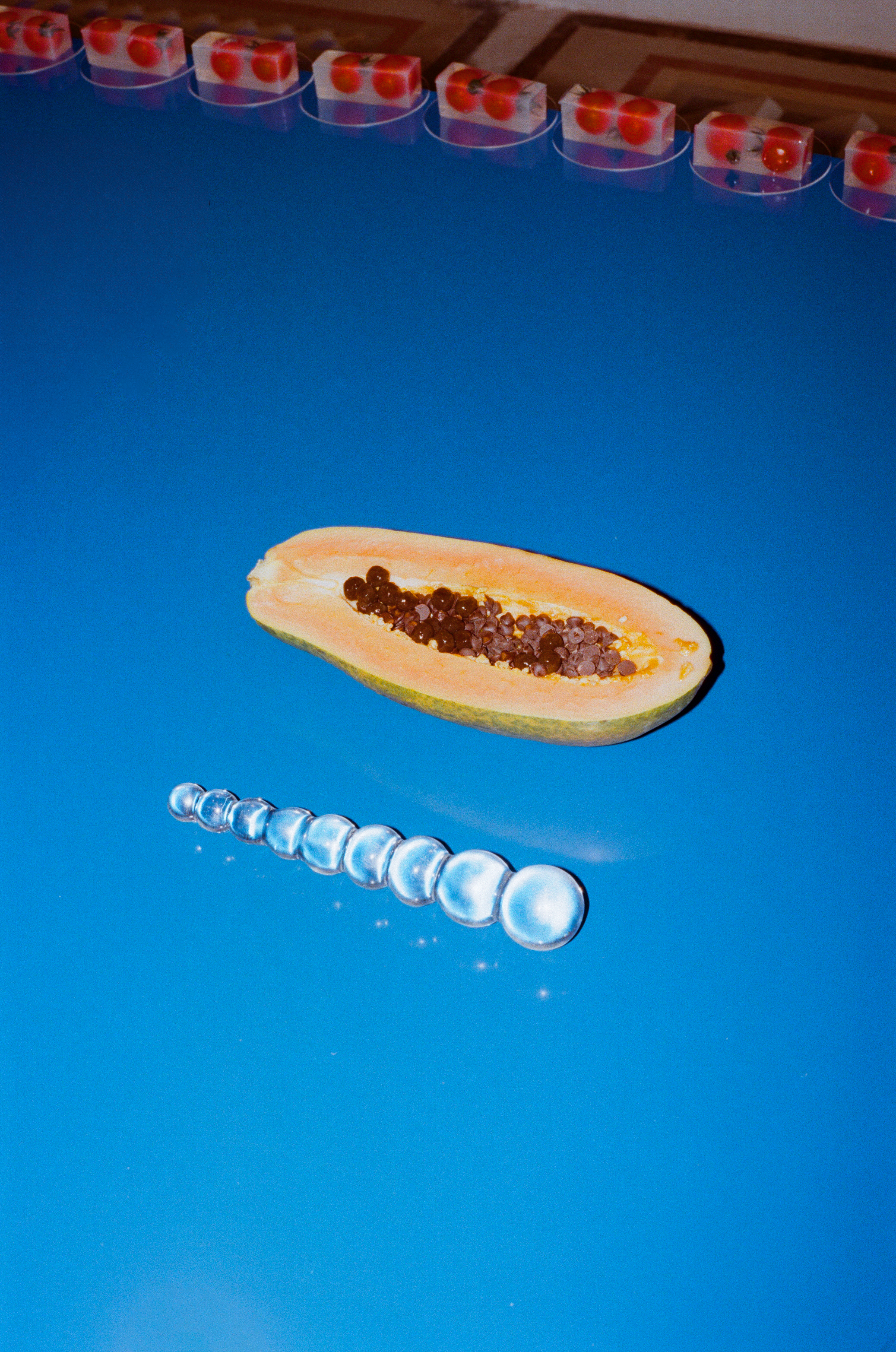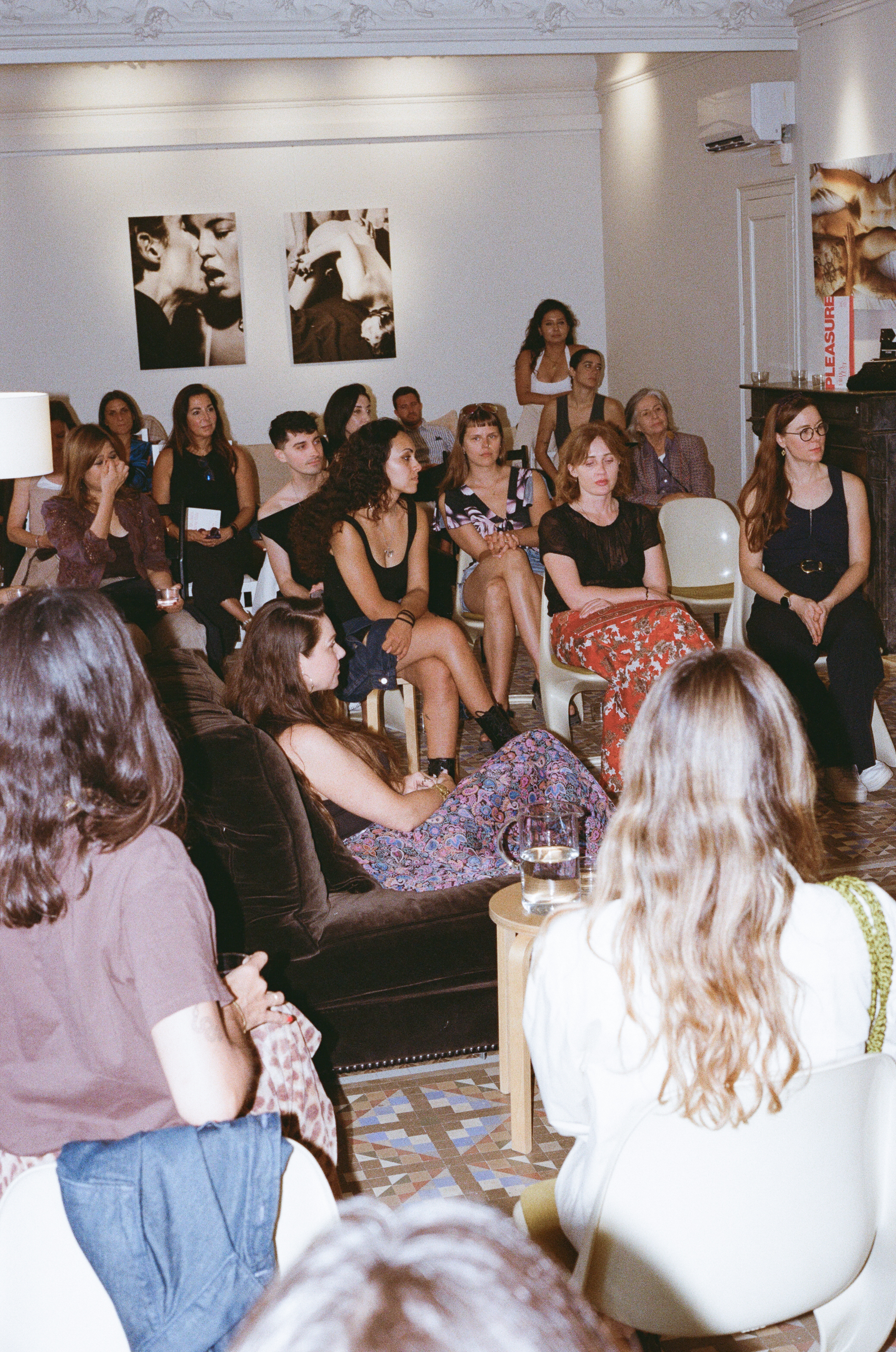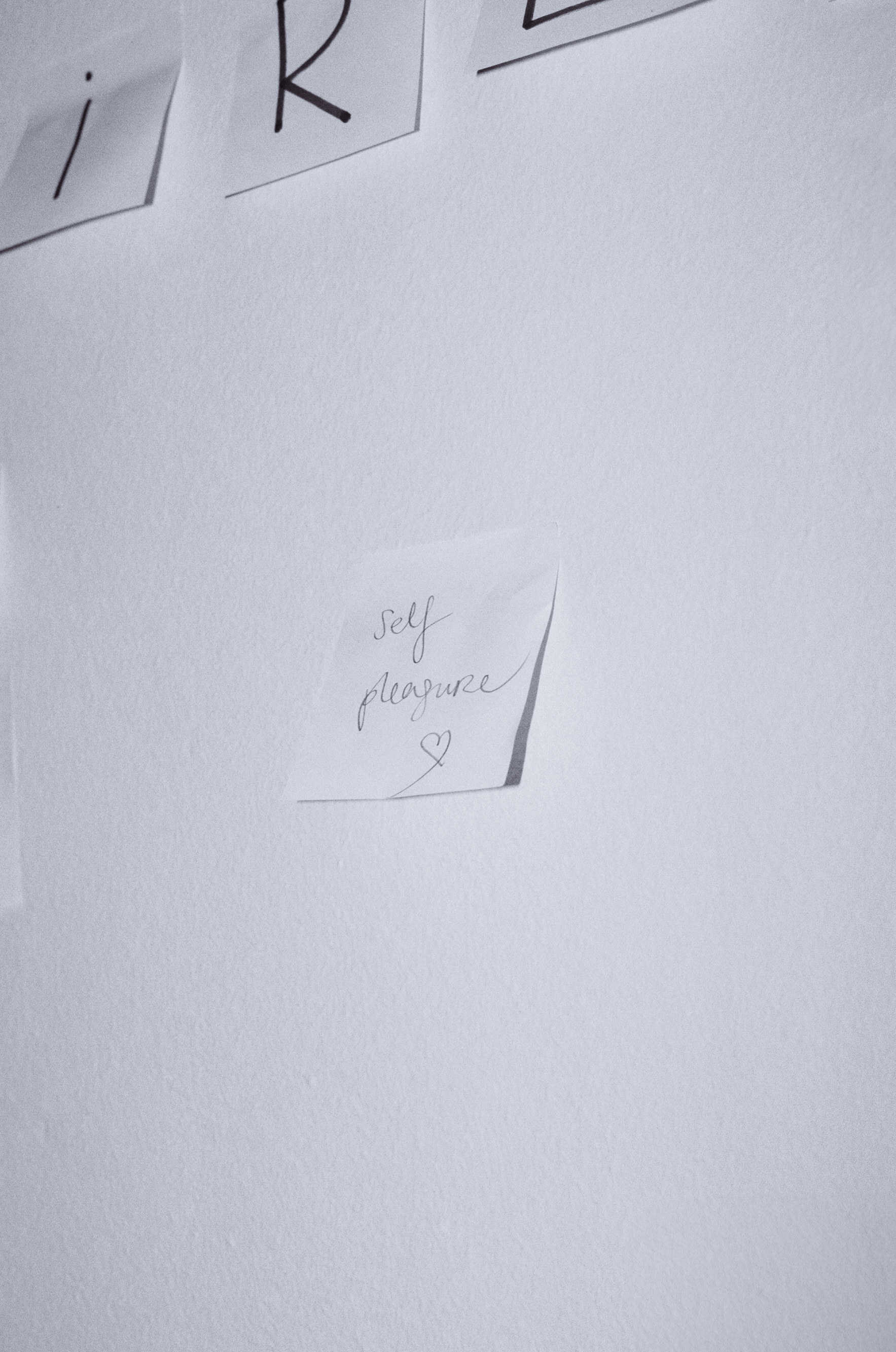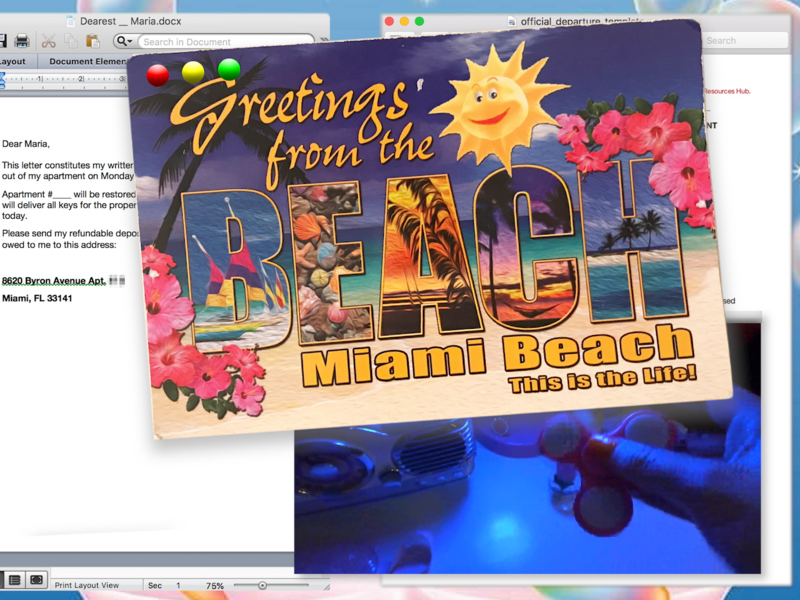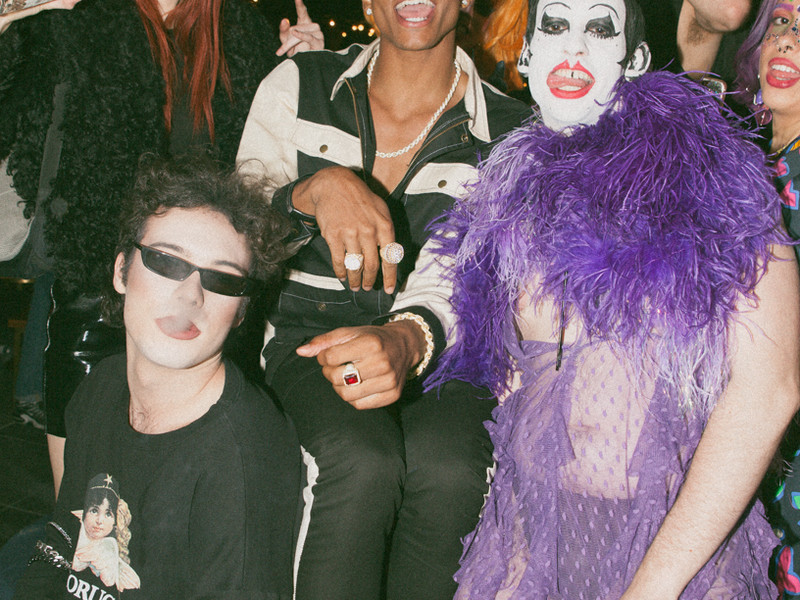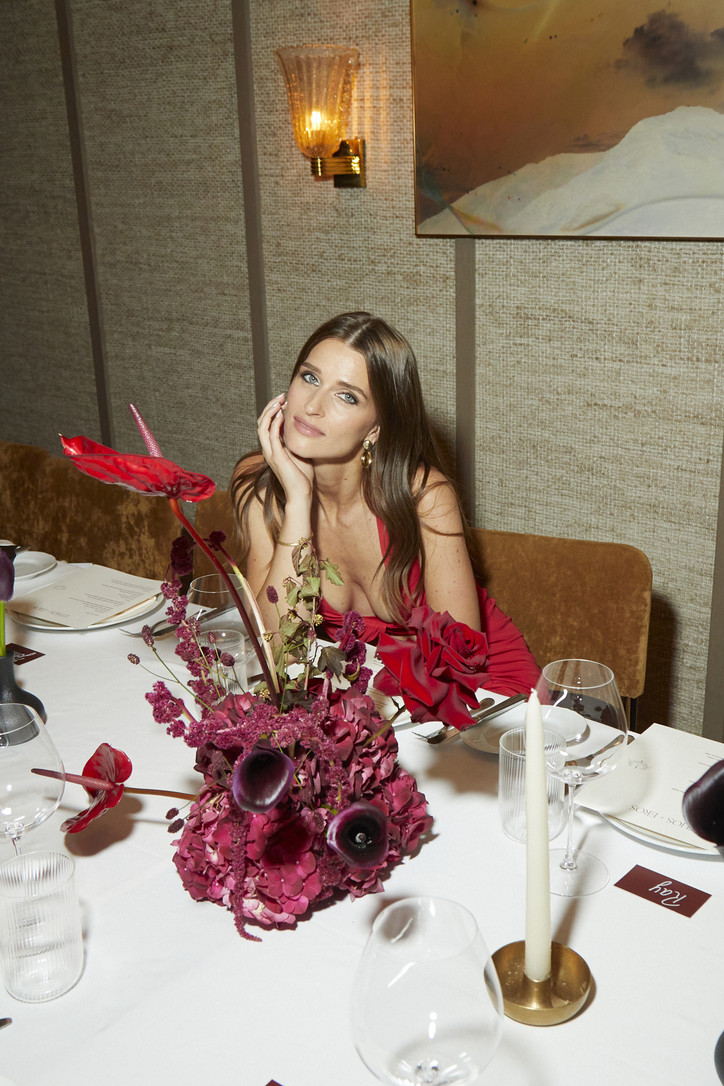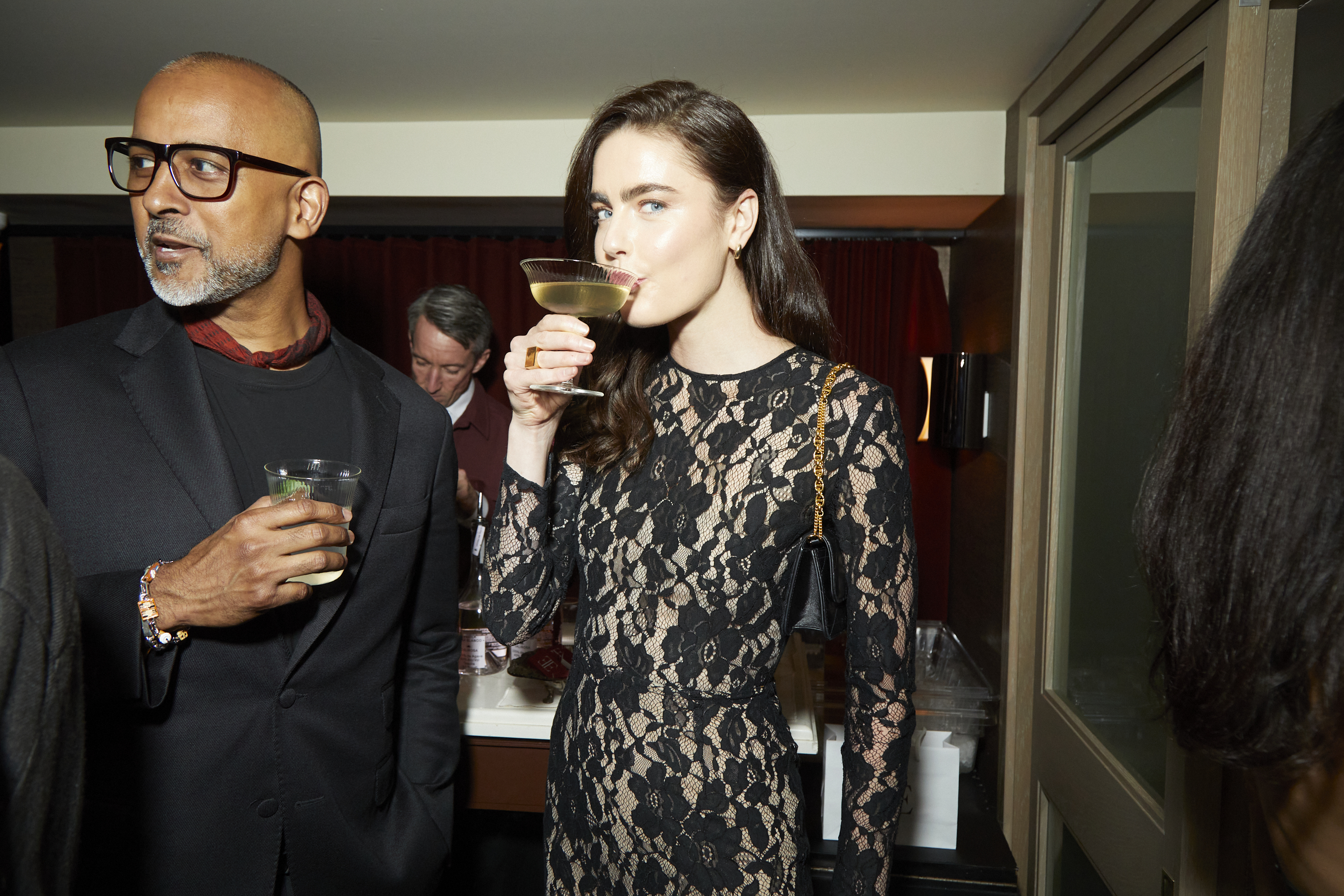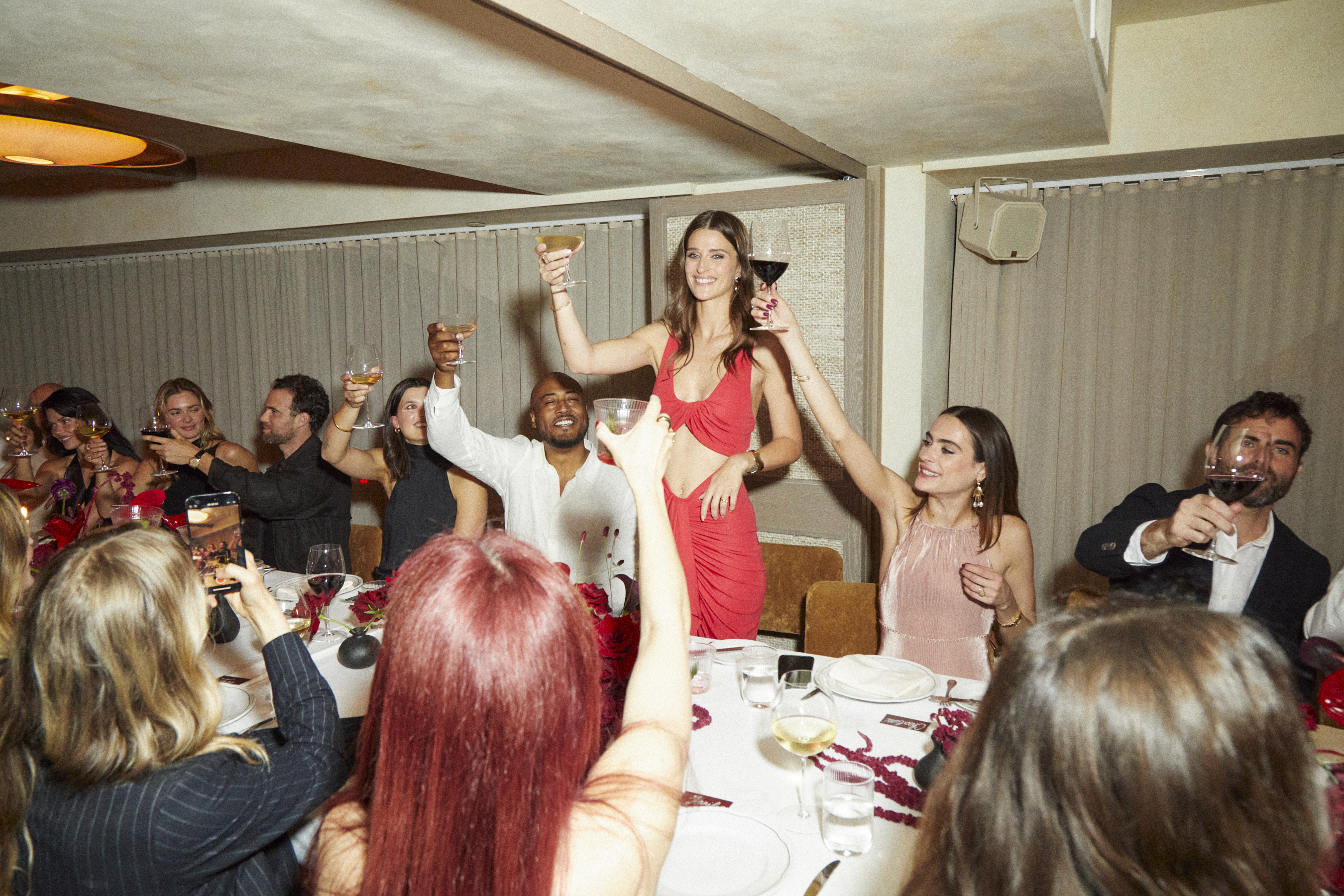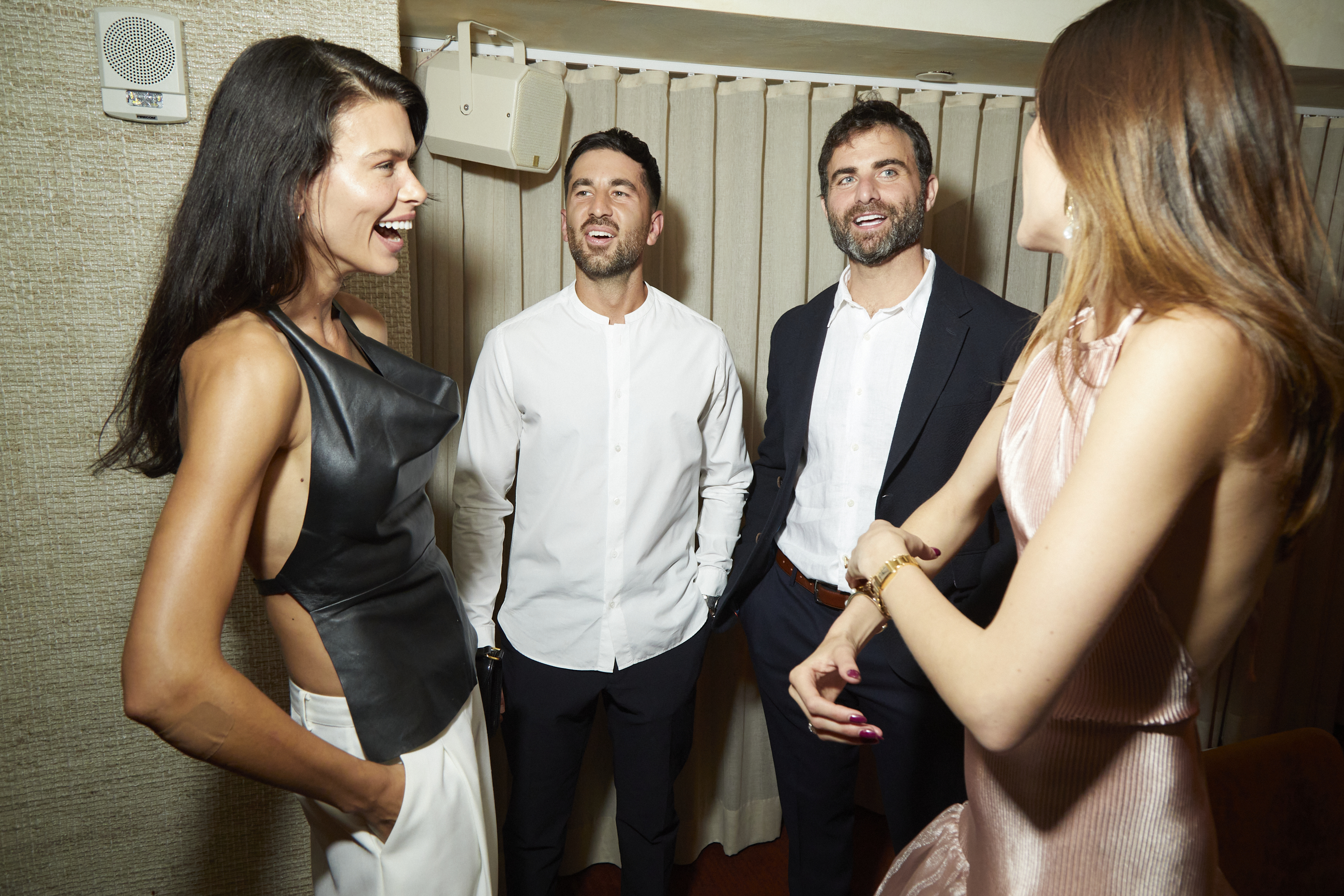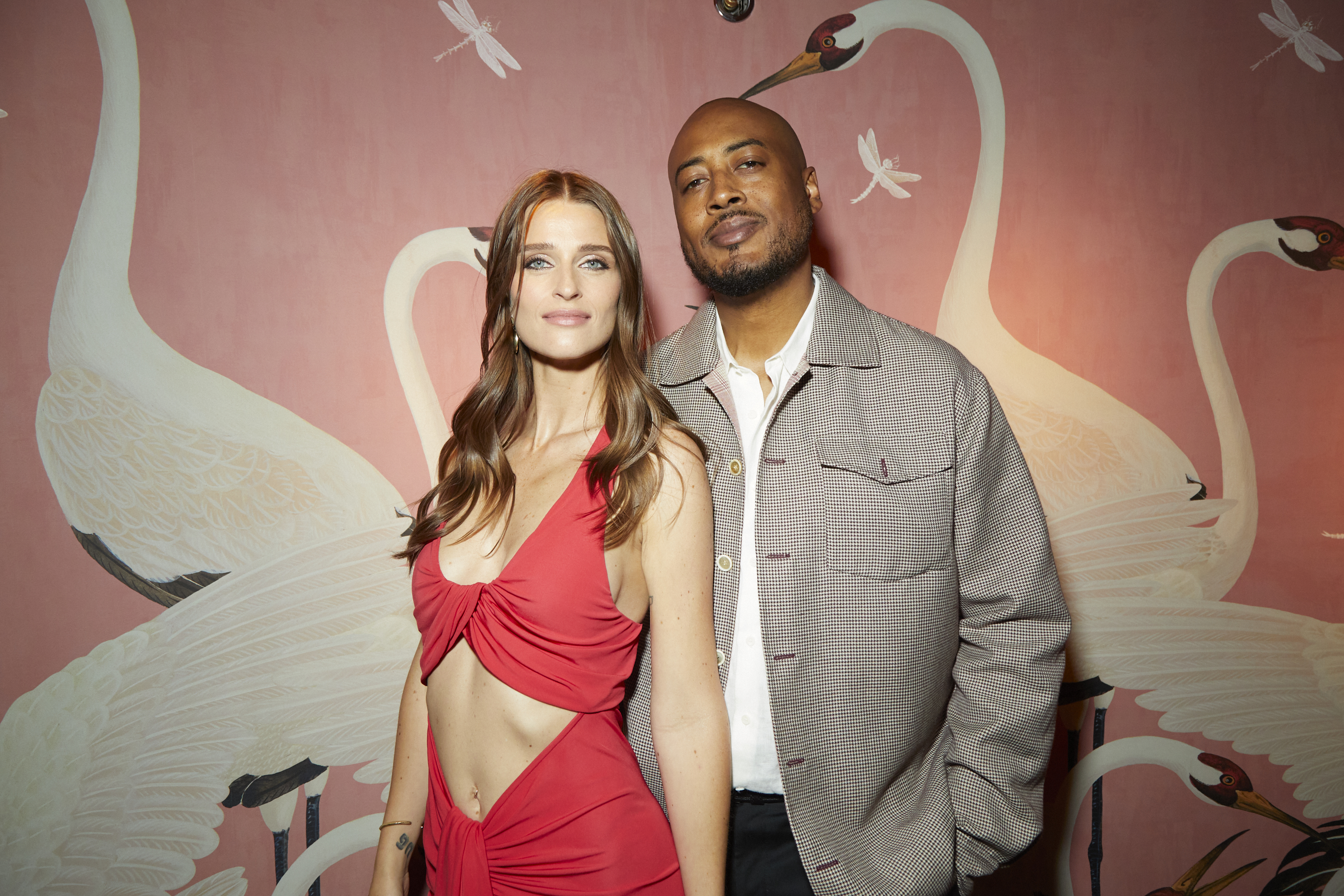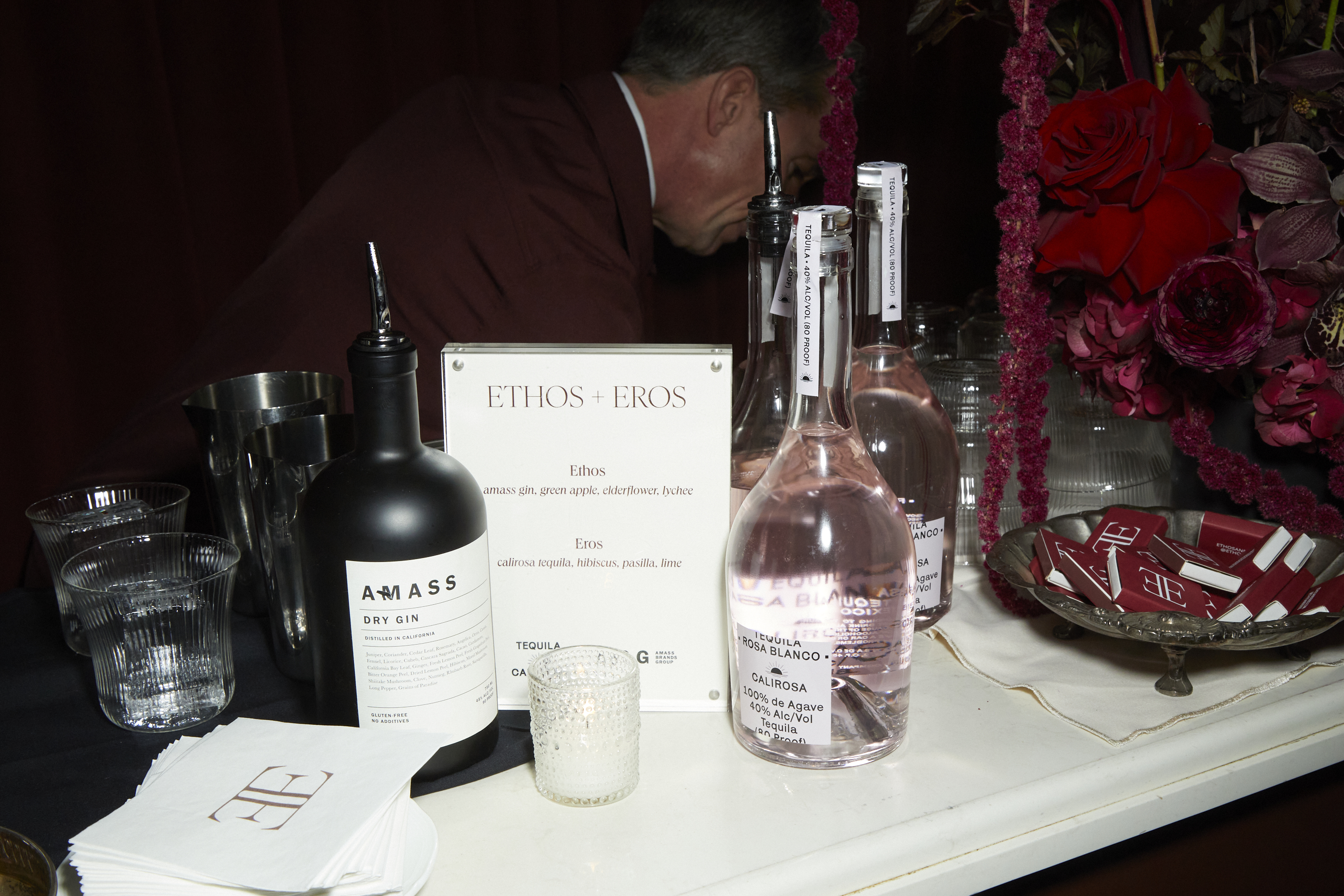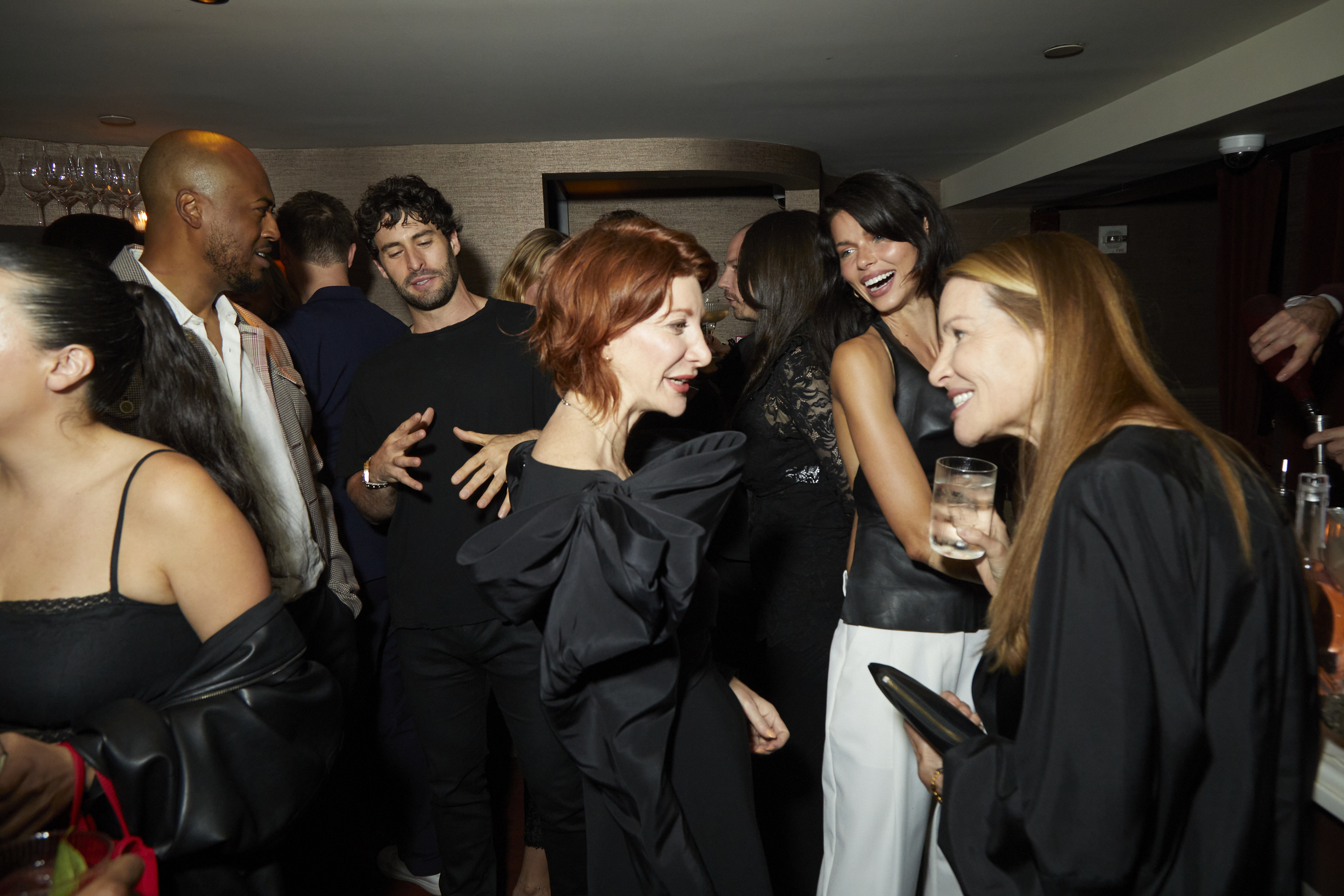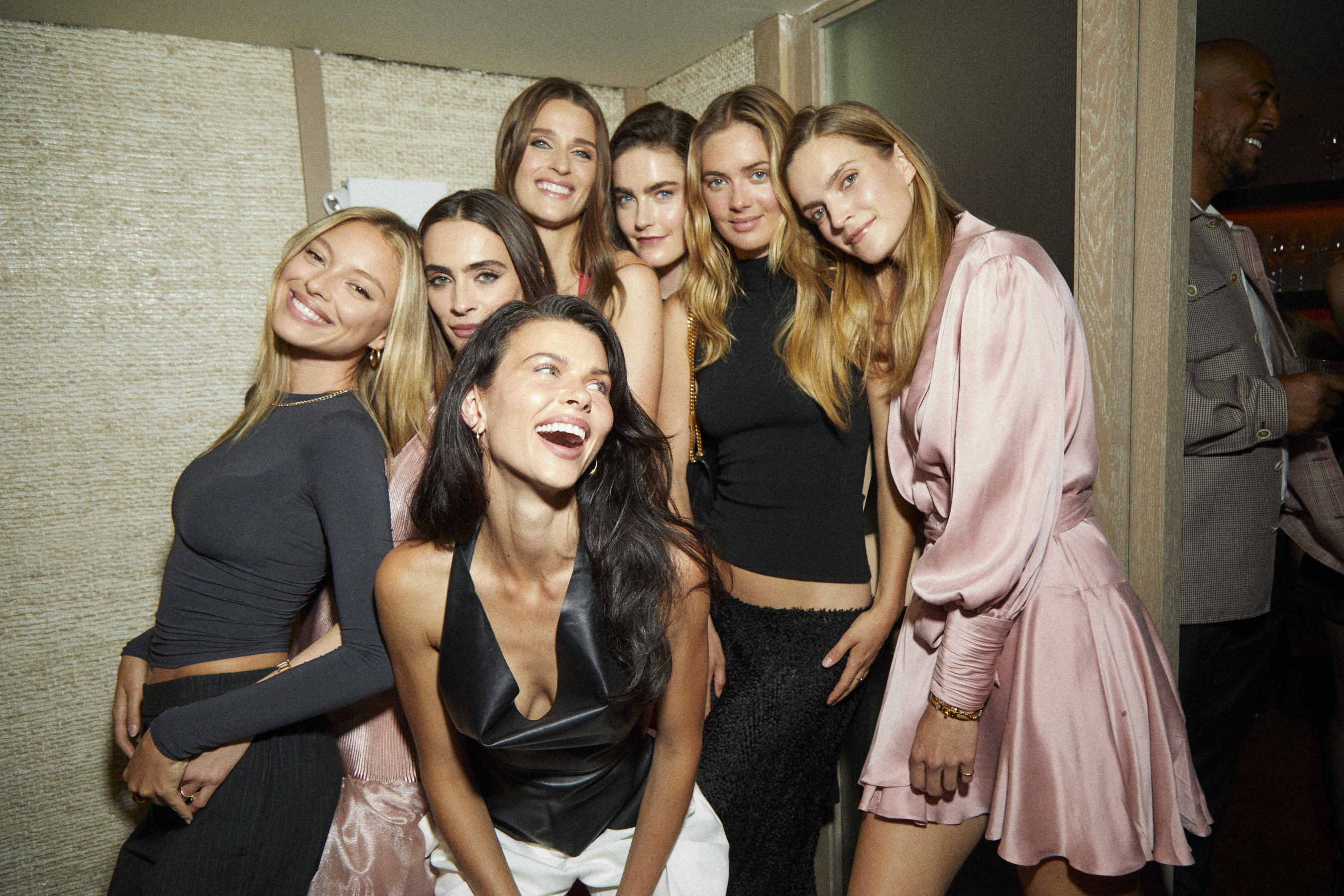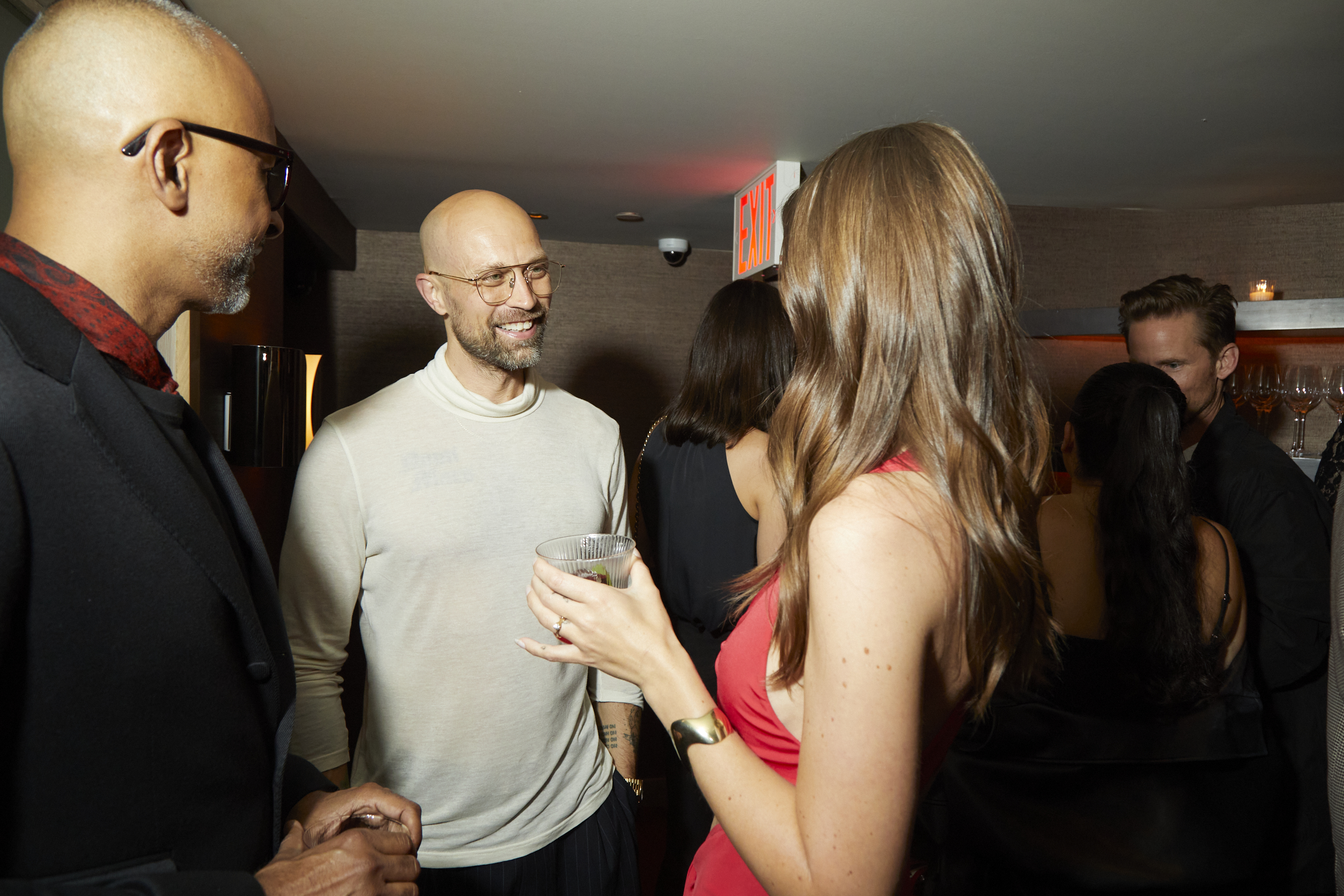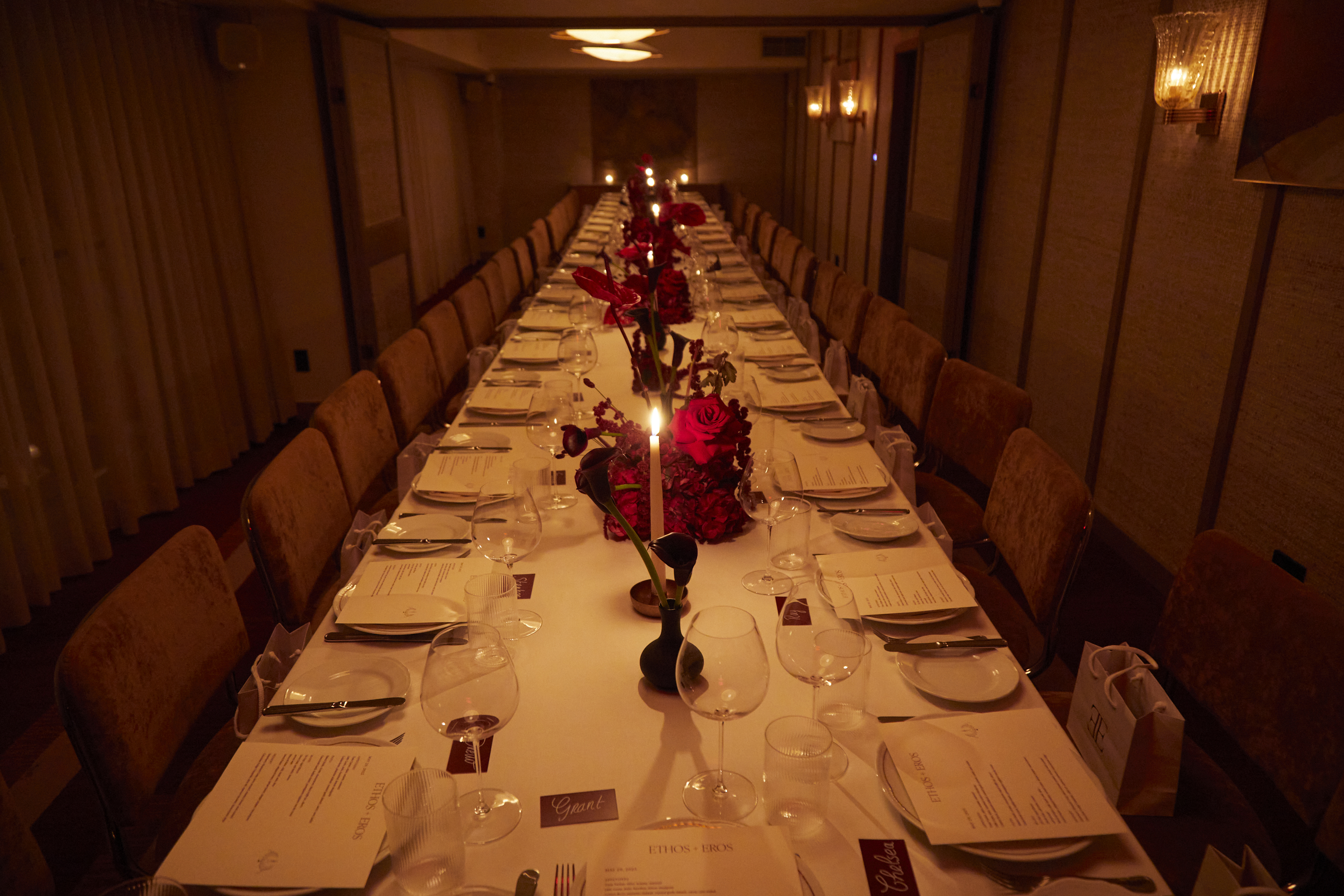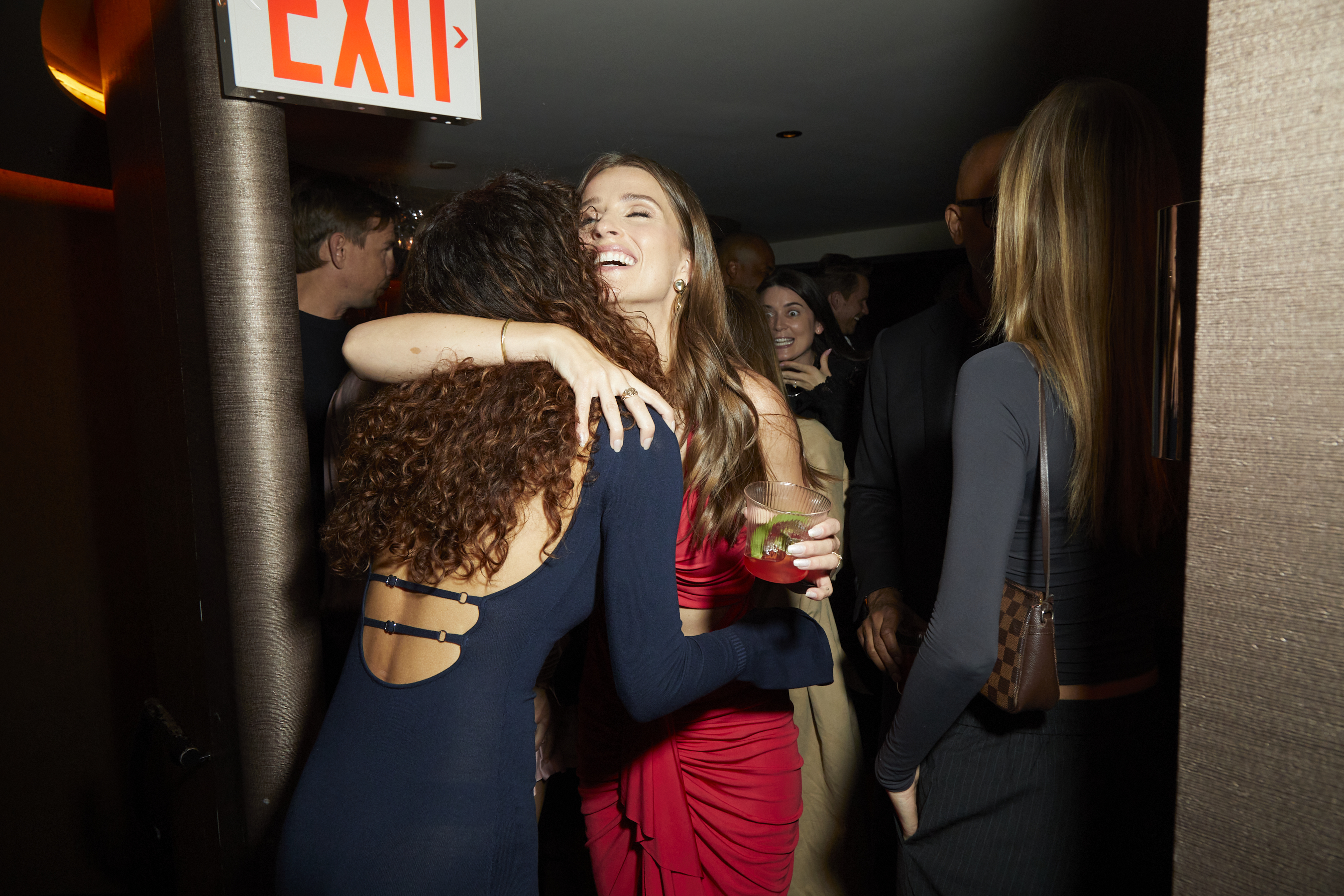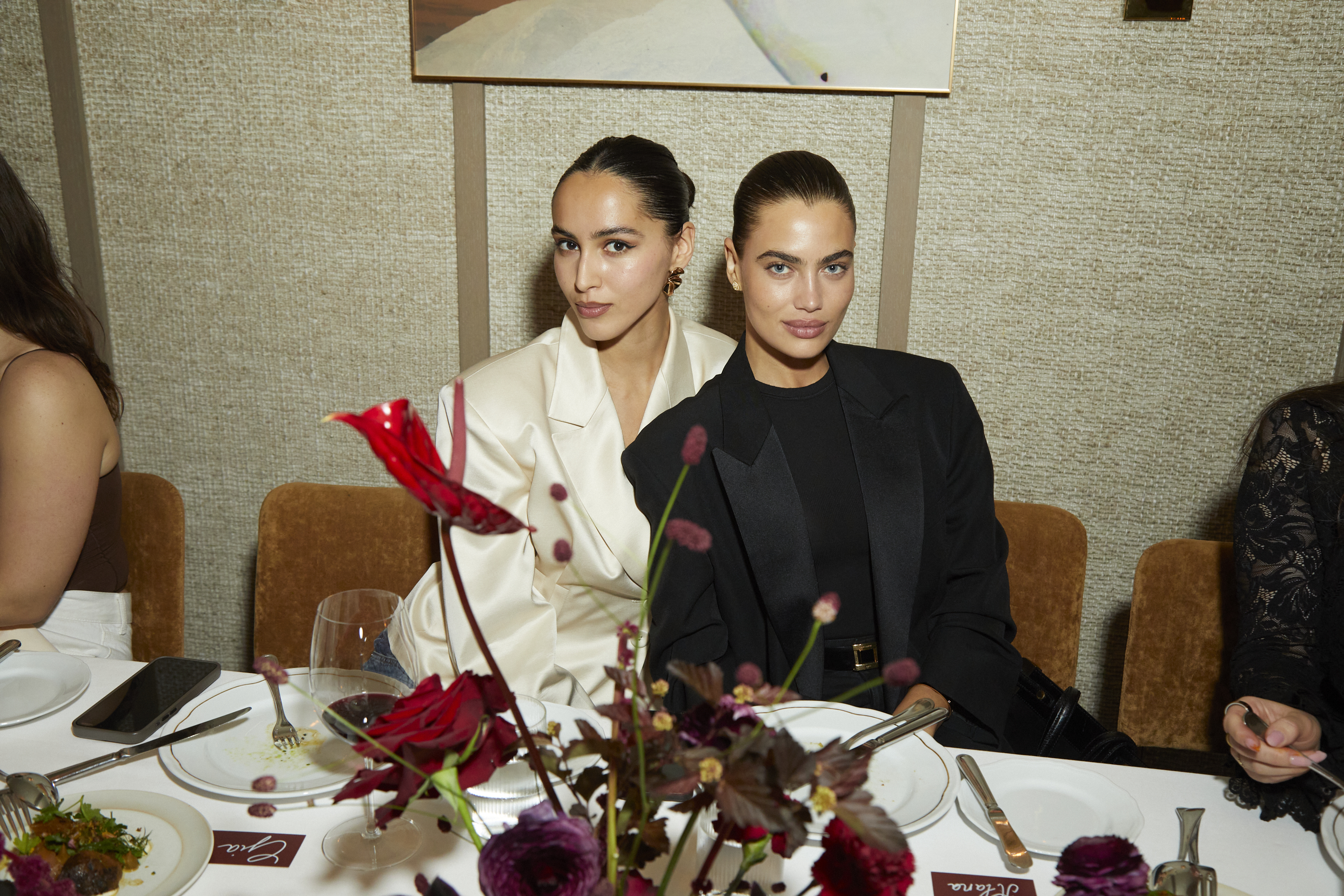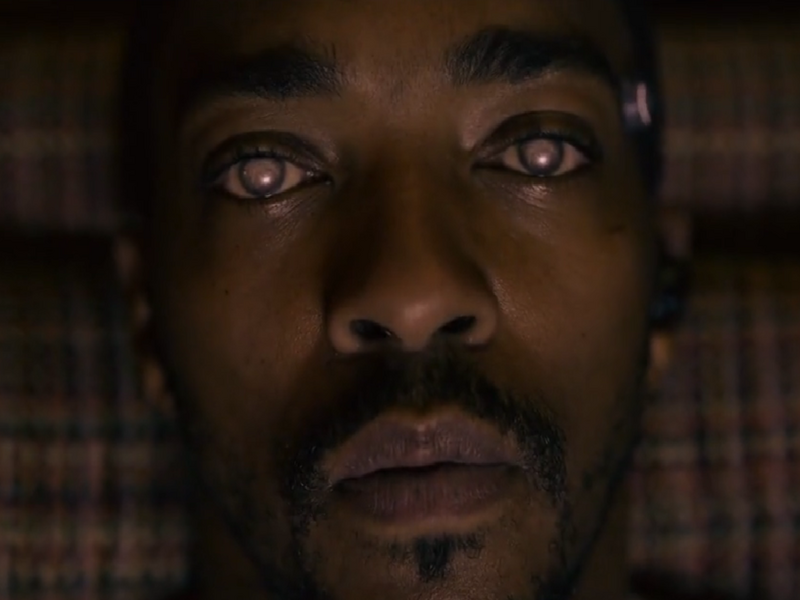A Visit with Artist, Archivist, and Educator: Guadalupe Rosales
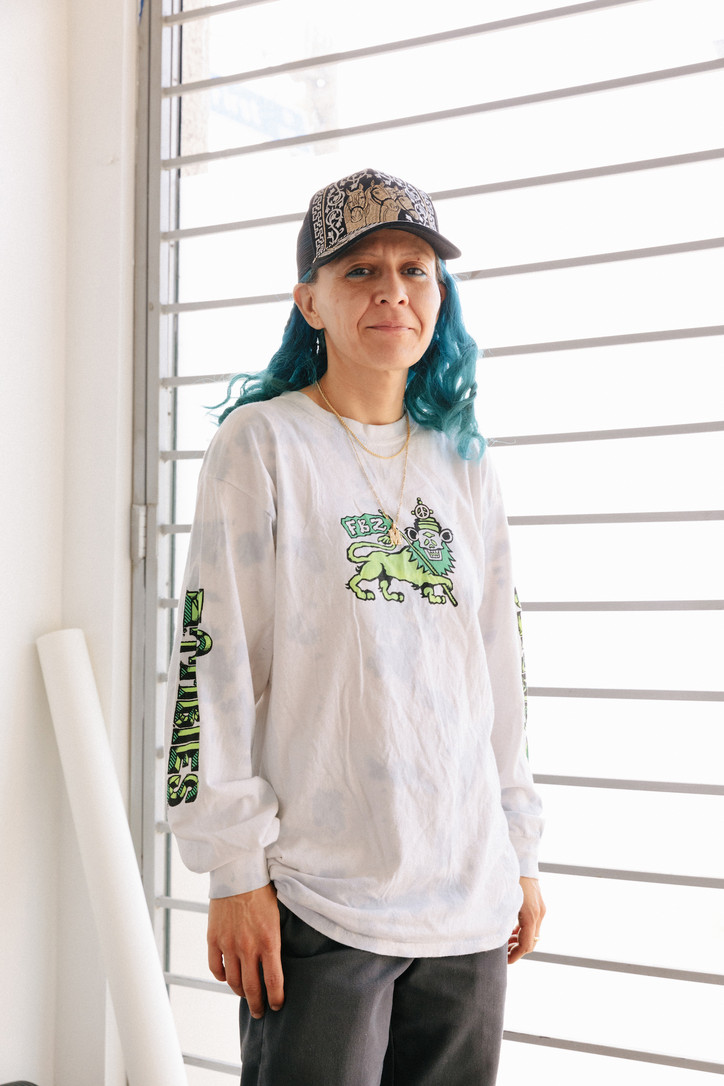
"The reason why I got this studio is because this is where I grew up, on the border of East LA and Monterey Park, but this is like, I'm very familiar with this area, and that's what I was attracted to. I was also thinking about, okay, if I were to have a community archive space or our own library, right, what would be the most ideal?" she explains. Carrying pieces of her upbringing stretching from East LA to Boyle Heights (specifically at the crossroads of Hunter and Lorena), Rosales meditates on her relationship with a city fueling passionate work. The multidisciplinary artist details the urge to carve out a physical space where the community can show up without restriction, immersing oneself in the richness of Latinx culture and the history it houses.
"I want to have a space where people can come in, hang out, engage with the archive. It's really hard for us to have a space like that for many reasons. My experience going into these spaces is also like, you have to go through so much. You have to register. You have to tell 'em exactly what you're looking for. You have to make an appointment. You have to wear gloves. You only have an hour, and someone's watching over you, like all these things. So, we're all like hanging out and putting in work. Let's say if you wanted to come and look at some archives, and maybe we can do an exchange where like, okay, you can come whenever you want, but you can also volunteer, like scan, help me scan some magazines, you know what I mean?" she elaborates. Community is always at arms reach for the artist whose mission is to visualize narratives that may not rest at the forefront. Rosales's offerings span various outlets and expressions, yet increasing social engagement has been with her digital archival spaces.

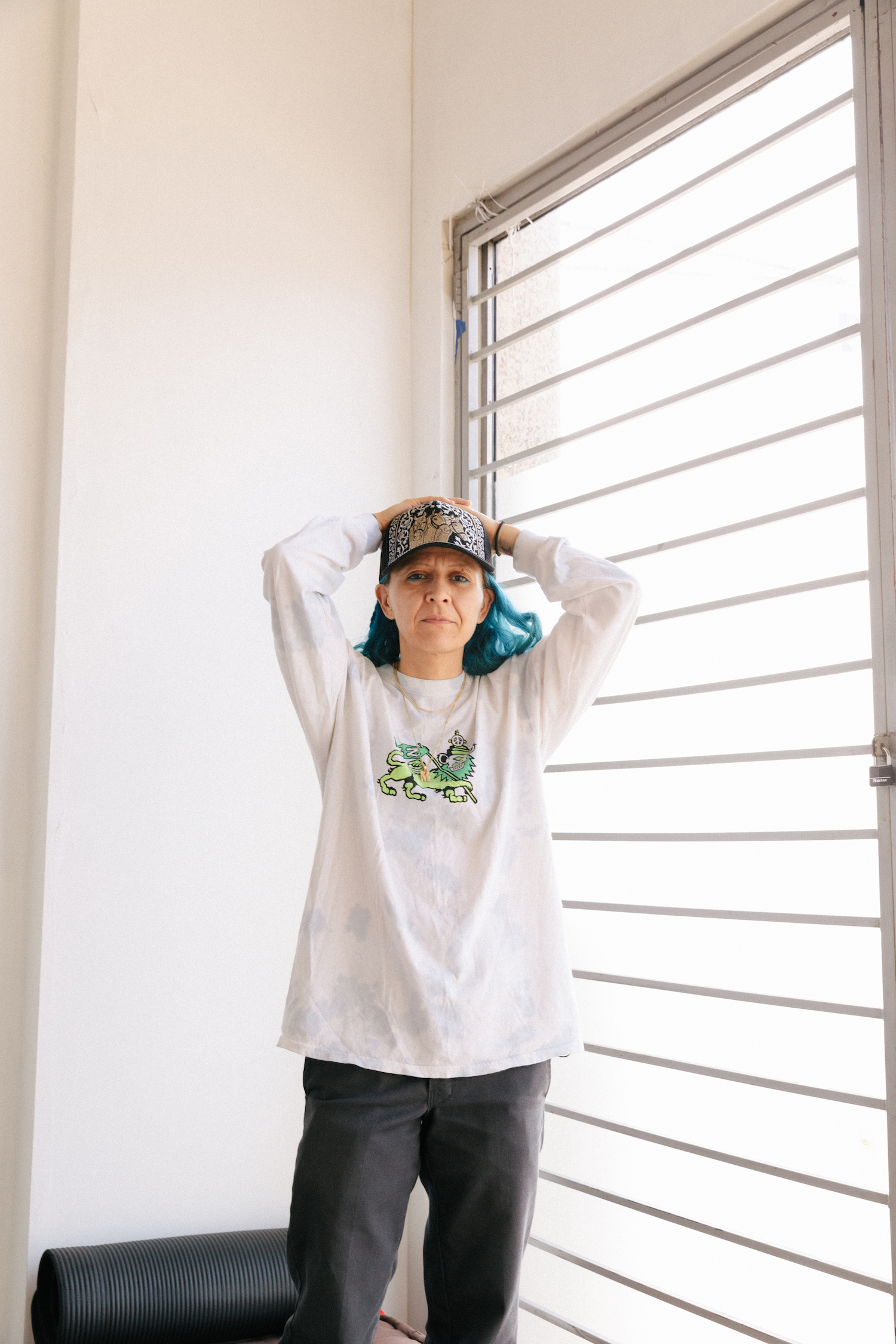
Nearly seven years ago, Rosales established Veteranas and Rucas, where she began posting submissions including portraits isolating moments that speak to specific eras of Los Angeles history. Through the submission process, Rosales connects with her followers, contextualizing moments through simple questions that lead to conversations and occasional bonds. "I build or create some sort of relationship with the person that's sending pictures or wants to share their story. I'm not just gonna post your picture, and then it's done, you know, I ask questions that people might also wanna know. Like simple questions could be, 'where was this picture taken?', 'Tell me what you were, you know, what that day was like, 'Just walk us through this moment.' And a lot of people really elaborate, which is amazing," she says.
Stemming from her personal stash of photographs and family memorabilia providing solace, Rosales acknowledged the collective grief that others felt who grew up Latinx during the late twentieth century in Los Angeles— a time battered with injustice and governmental neglect. Aiding these remembrances of dark times, Rosales needed to share the importance of archiving. "I wanted to have that experience with other people outside of my family, close friends, and stuff because I knew that certain moments in the eighties and nineties were so specific in a way that a lot of us stopped talking about what happened. We were growing up when violence was at its peak, you know, and we also grew up with shame. I wanted to overcome that, not just move past that, but also acknowledge it, like okay, let's talk about that too," she says. While the archive is anchored in this form of catharsis, the digital platform contains thousands of stories.
Scrolling through Veteranas and Rucas will have you transported to a backyard barbecue set in the late 80s, then immediately at a strip mall in El Monte. These submissions connect the greater Los Angeles area, which Rosales knows very well. Around the same time in 2015, Map Pointz was founded, providing an outlet to highlight the culture of underground clubs in the late twentieth century. At a time when Black and Brown party-goers threw on their most vibrant outfits and accessorized with hairspray, the underground scene provided safety from society's woes. Map Pointz documents the origins of house music that transpired in these raves and offers insight into sub-cultures that defined a whole genre of music.
While Map Pointz showcases moments of the 90s embellished with neon flyers and sweating silhouettes, Rosales continues this legacy through the work of programming — the Florentine Gardens in Hollywood hosted the most recent event that brought together LA ravers hinged on nostalgia. Providing safes spaces where individuals can bask in their individuality, specifically queer folk and femmes, Rosales understands the power of sexual exploration and finding havens that mirror one’s identity — reflecting on moments where she came into her own. Navigating a journey of self-exploration and cultural revelations, Rosales reveals a moment in time where she found herself living in New York, a time which opened her eyes to an art scene informing the archives we see today. "I do want to give credit to that community, my time in New York because living in LA, and I do also get like, I have this other part of me. I want to honor and give thanks to and celebrate, you know? So, I feel like maybe these two worlds collided, and in some way, like this is where these archives started. I'm like, let's just go with the flow; let's be poetic about it. Let's, let's be gentle, you know? And that's the beginning of what you're seeing now," she says.
Physical and digital archival practices have pieced together Latinx history, refocusing a narrative that Los Angeles is home to a diverse culture unfortunately undercut by years of gentrification, homogeneity, and injustices. Speaking to these decades of resistance and culture that sustained her community, Rosales's conceptual art hones in on the interconnectedness that makes this area so beautiful, resting not only on the past but the present and future.
The multidisciplinary artist has exhibited work in major cities, including Los Angeles, New York, and Mexico City. Focalizing narratives of familial intimacies, generational bonds, and cultural acknowledgments, Rosales presents art in the form of installations, sculptures, videos, and audio experiences. Through acts of celebration and collective power, the multi-talent continues to provide visibility to a community that has contributed to her growth.
As I look around her studio occupied by in-progress pieces, Rosales gets ready for an exhibit at the Dallas Museum Of Art. Drifting on a Memory is a mural series marrying her archival work and artistry speaking to Chicano/Latinx history in the late twentieth century, including magazines, letters, posters, and other period ephemera. Bridging her passions of art and connectivity, Rosales occasionally speaks to academic audiences interested in her worldview and mission. Uplifting her community and honoring cultural roots deeply planted within her, Guadalupe Rosales continues to paint a picture of love, resilience, and memory.
